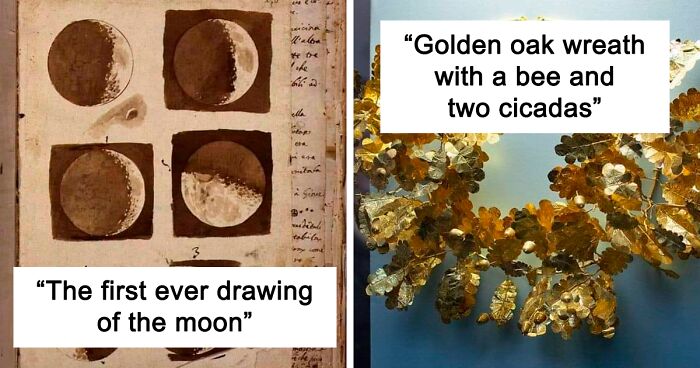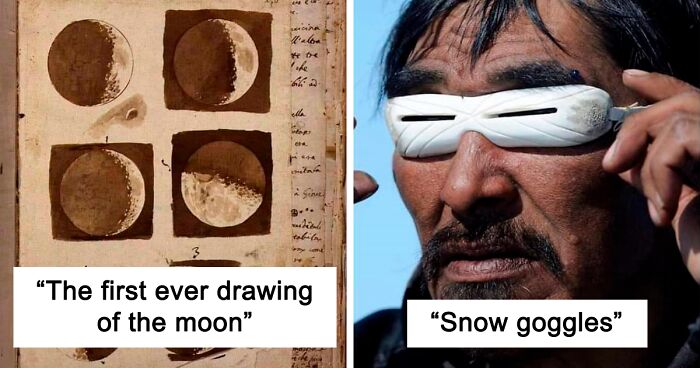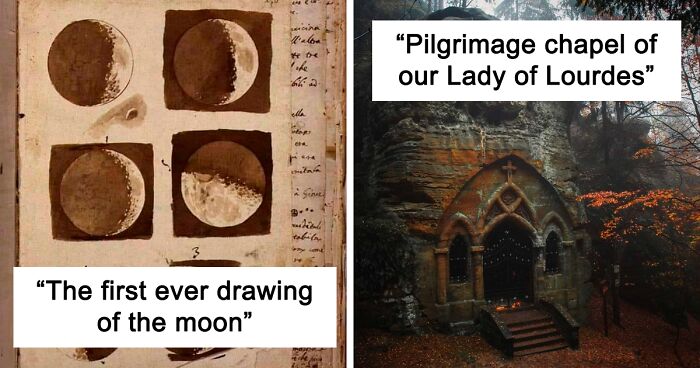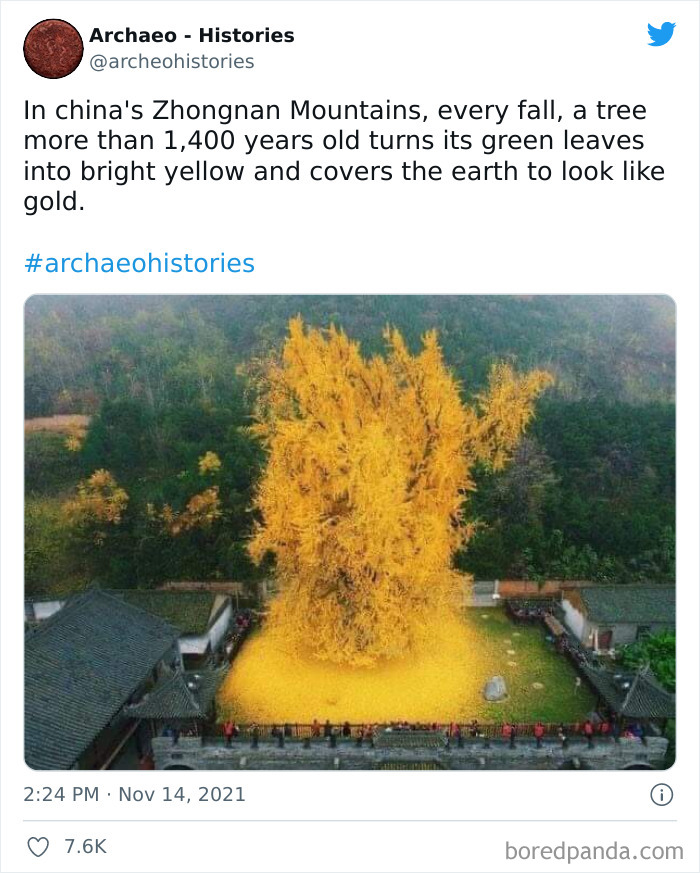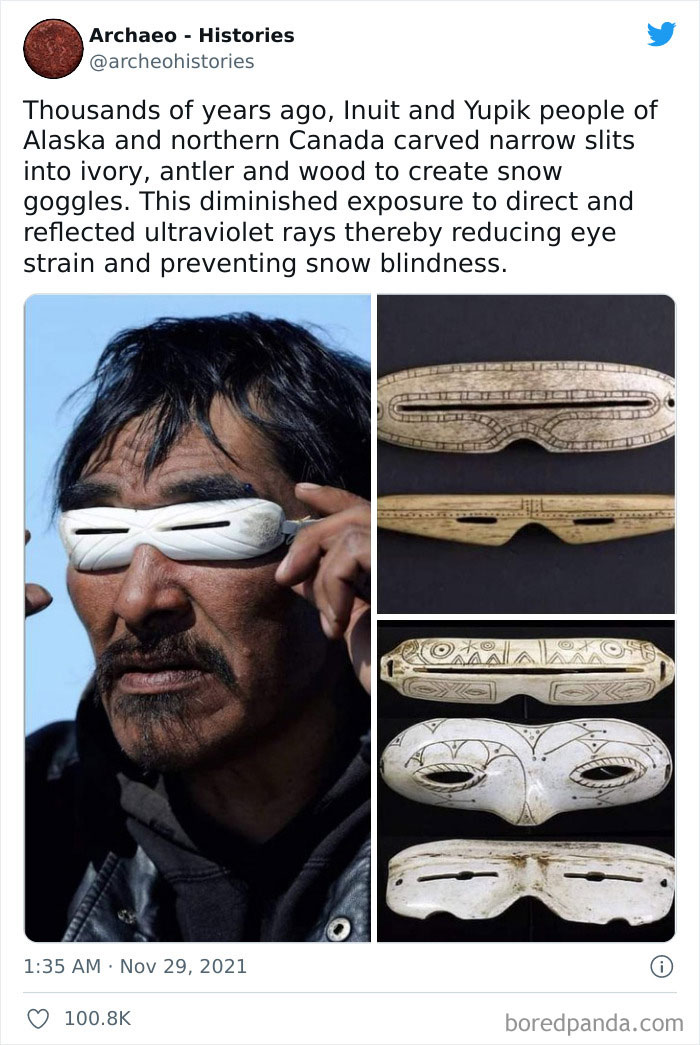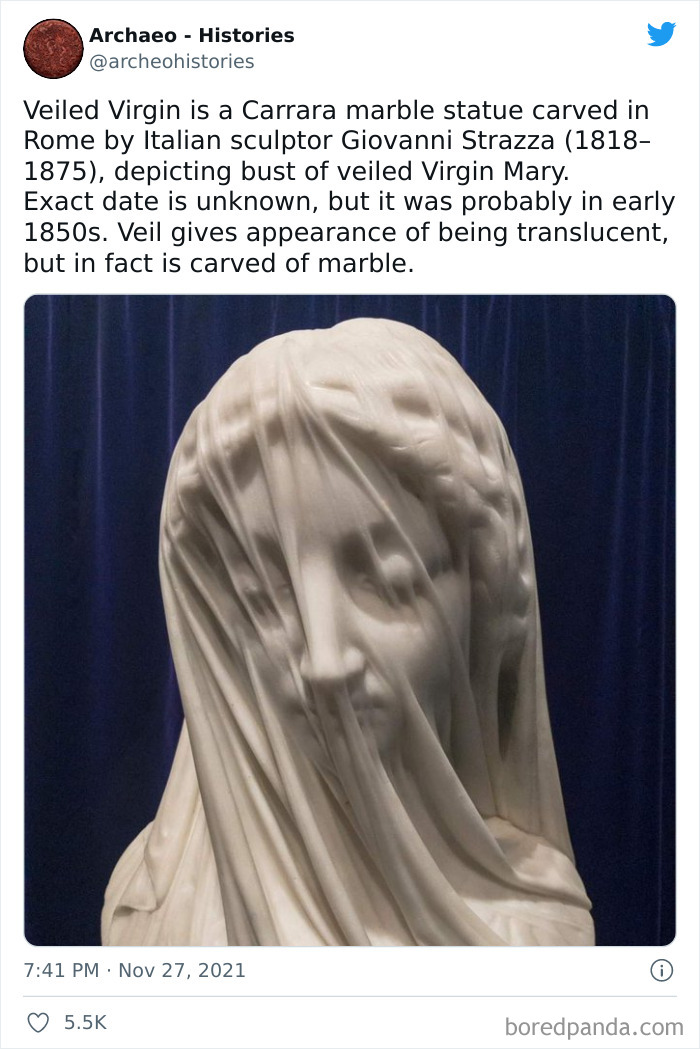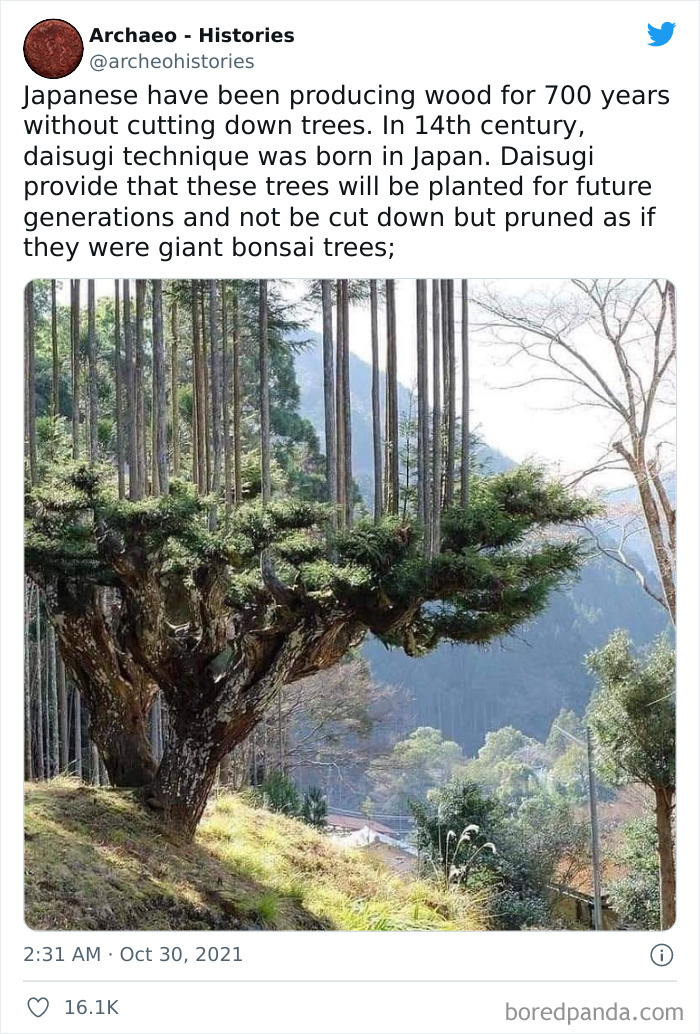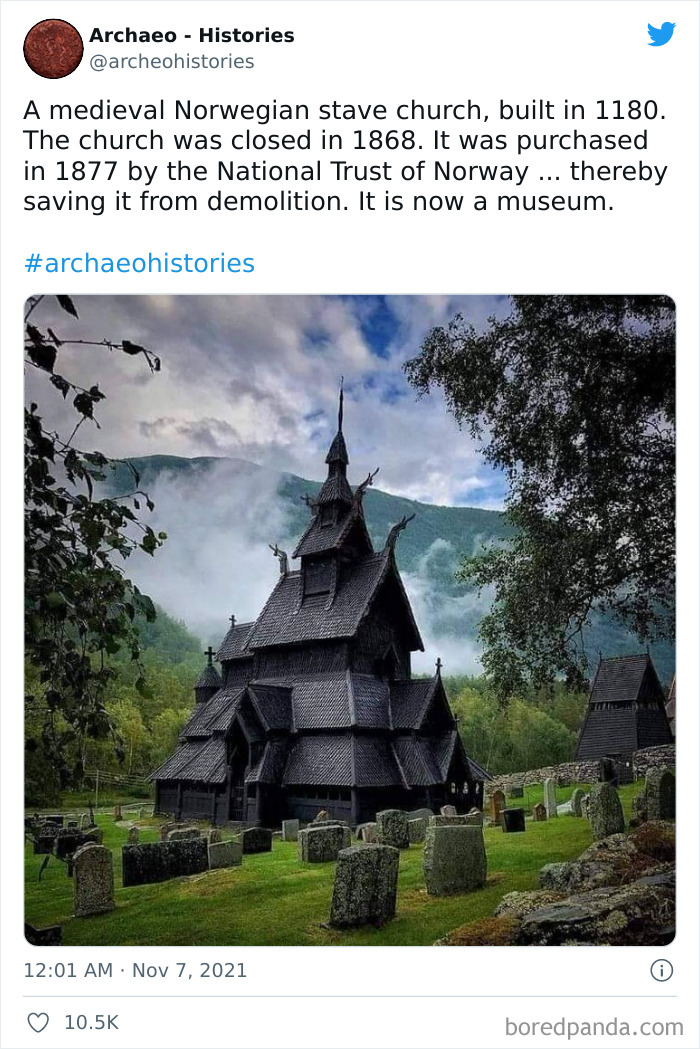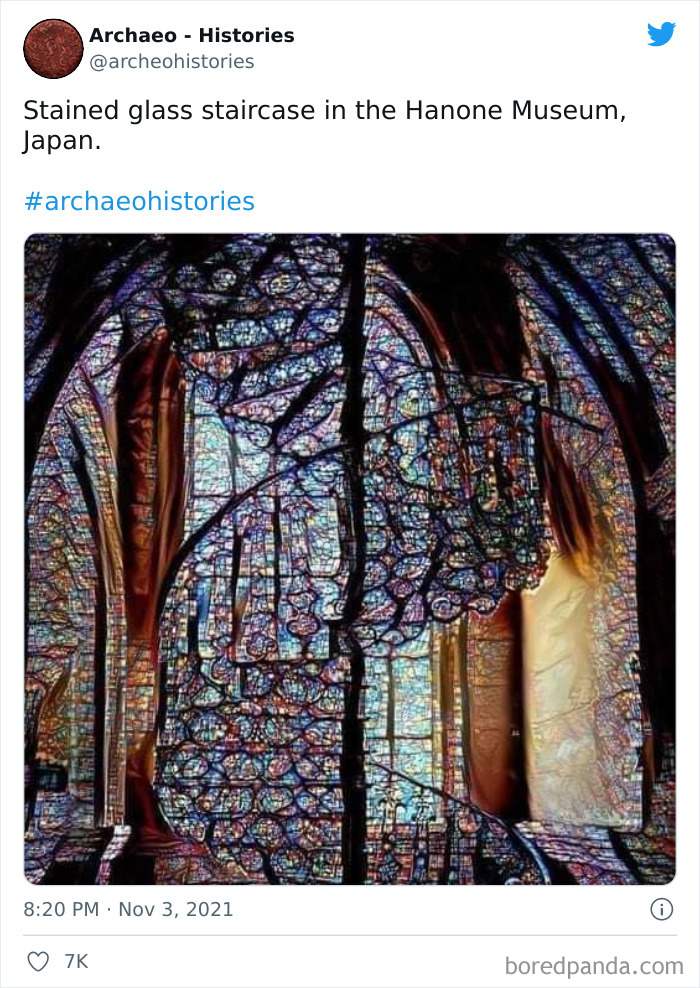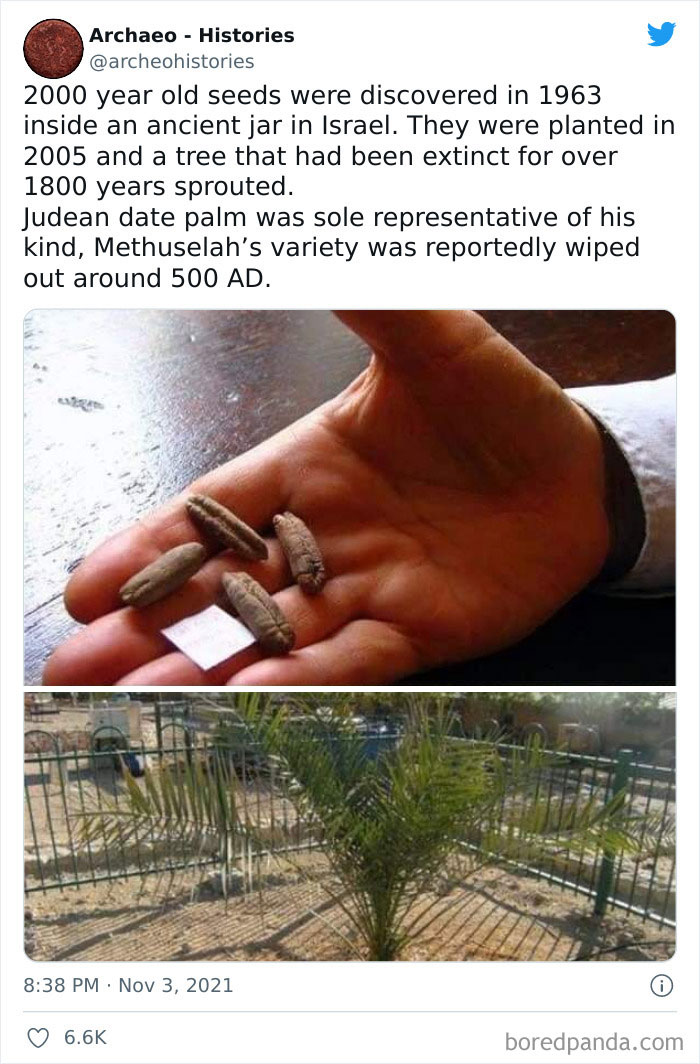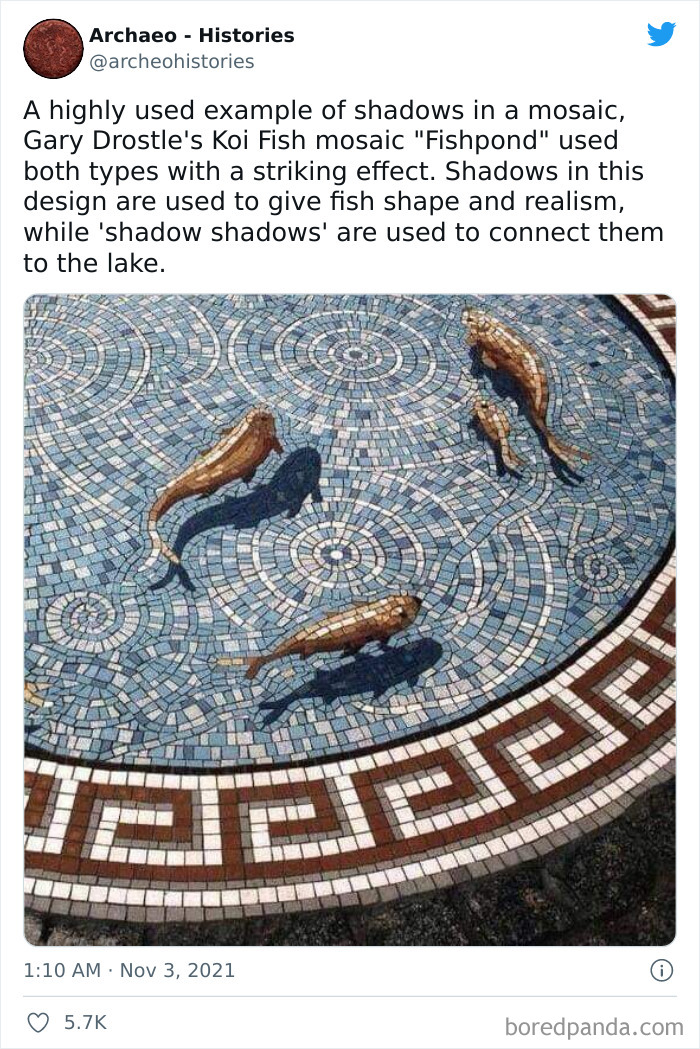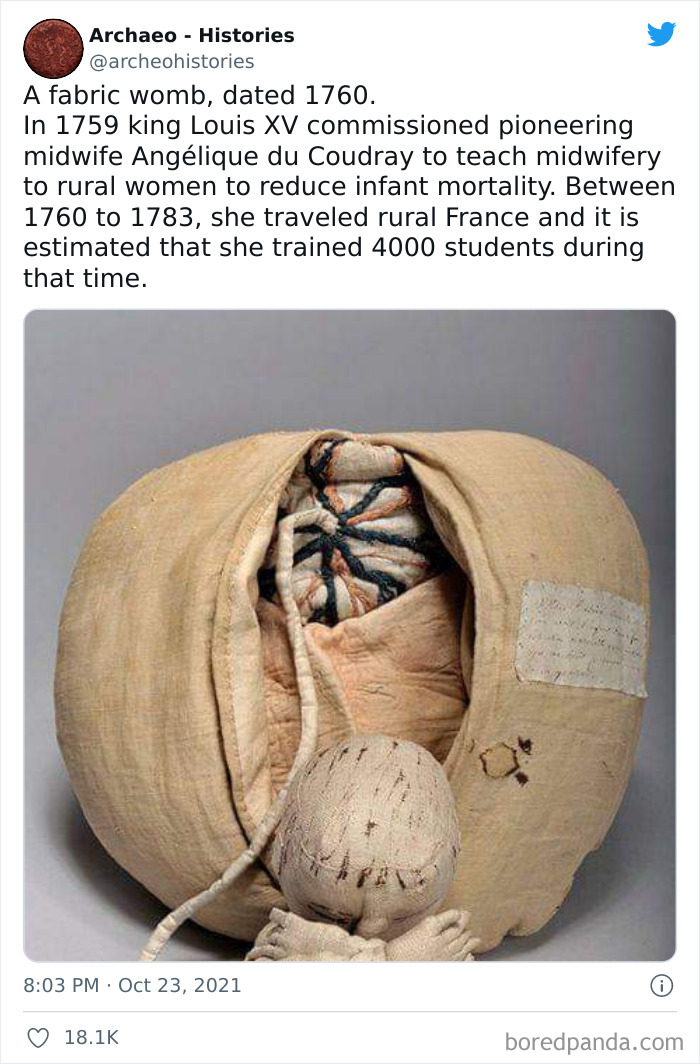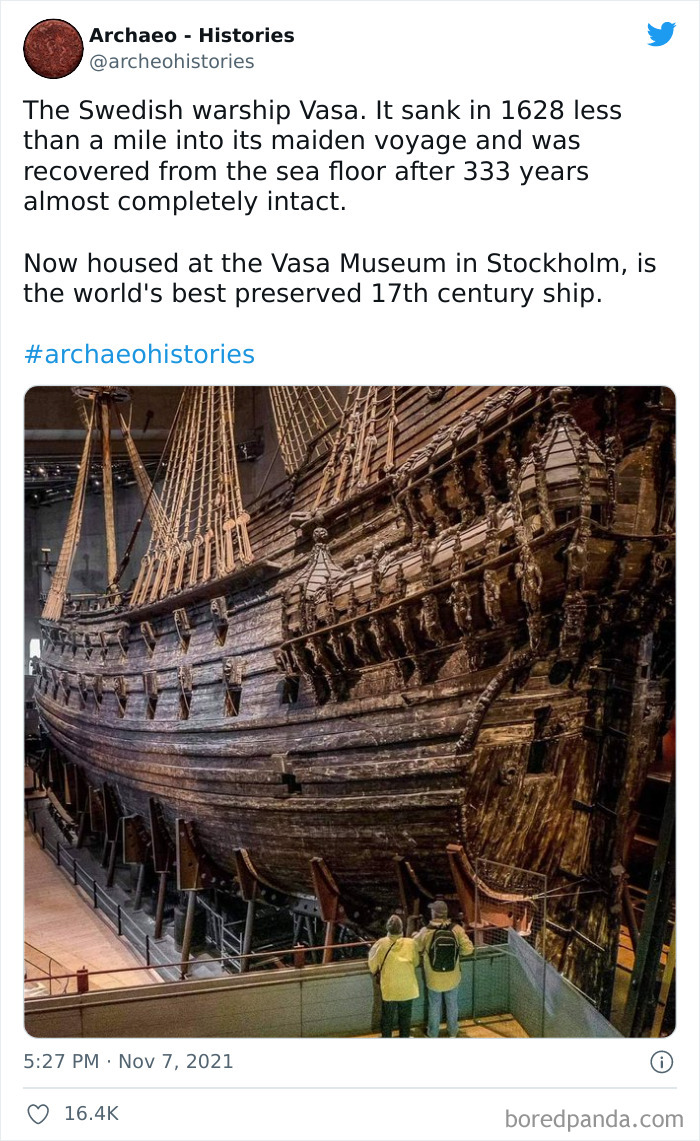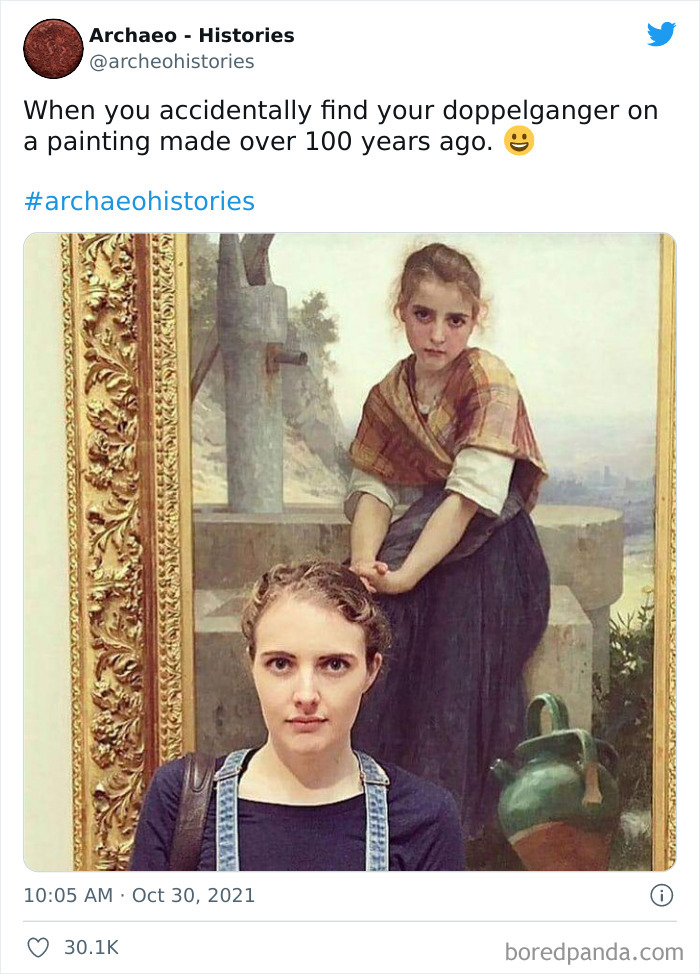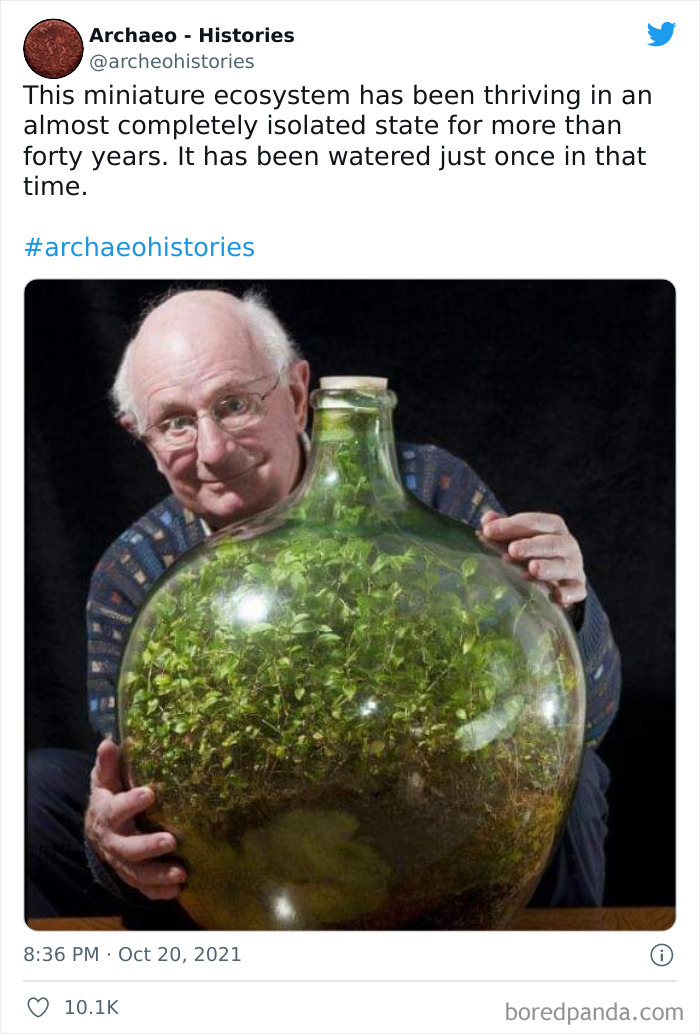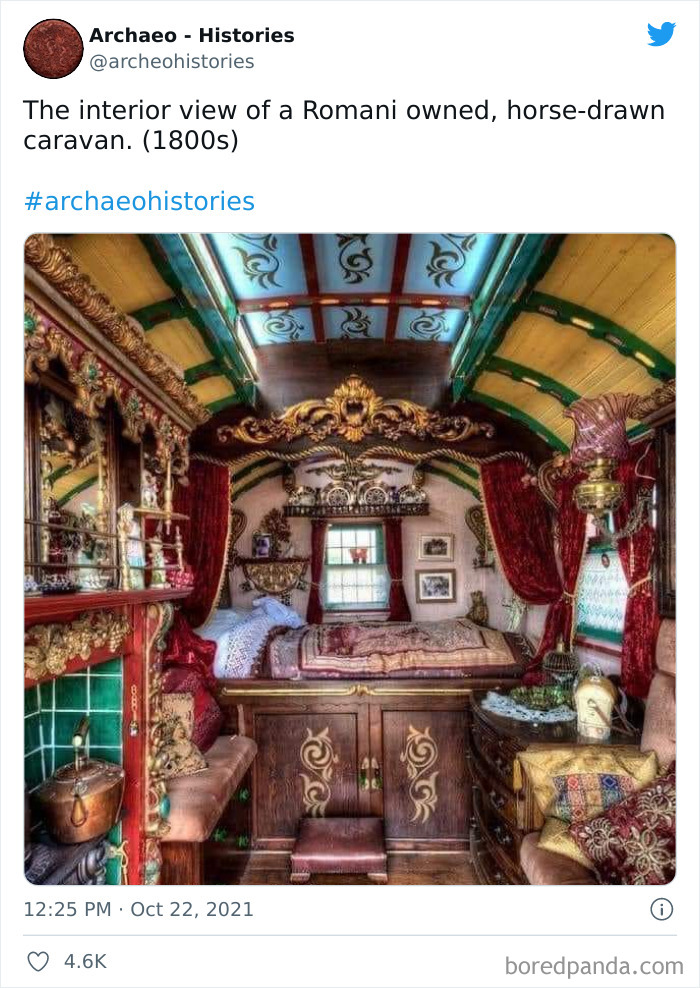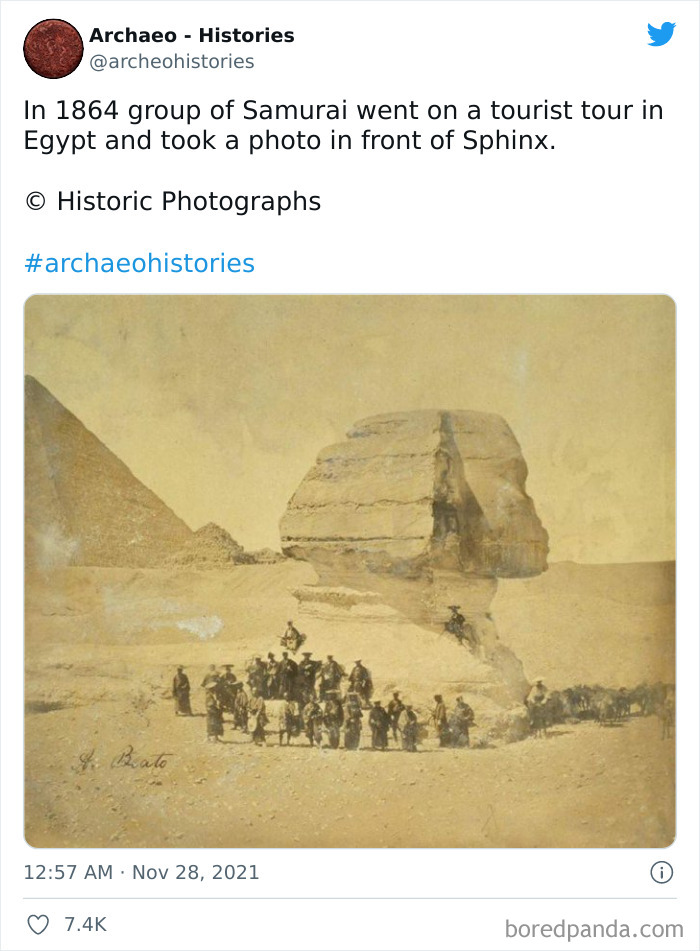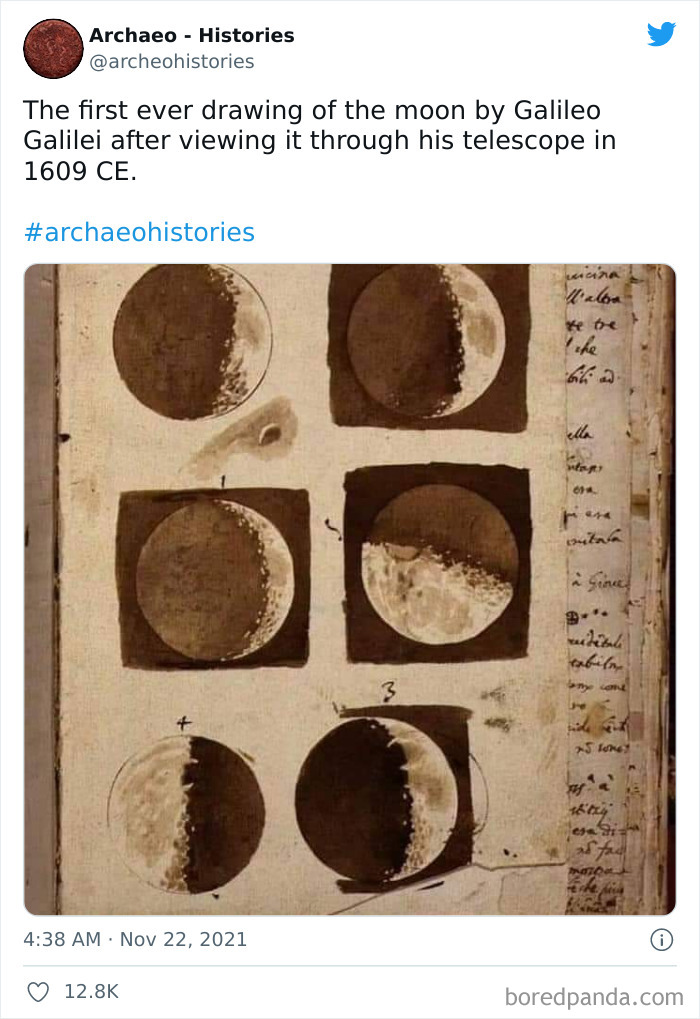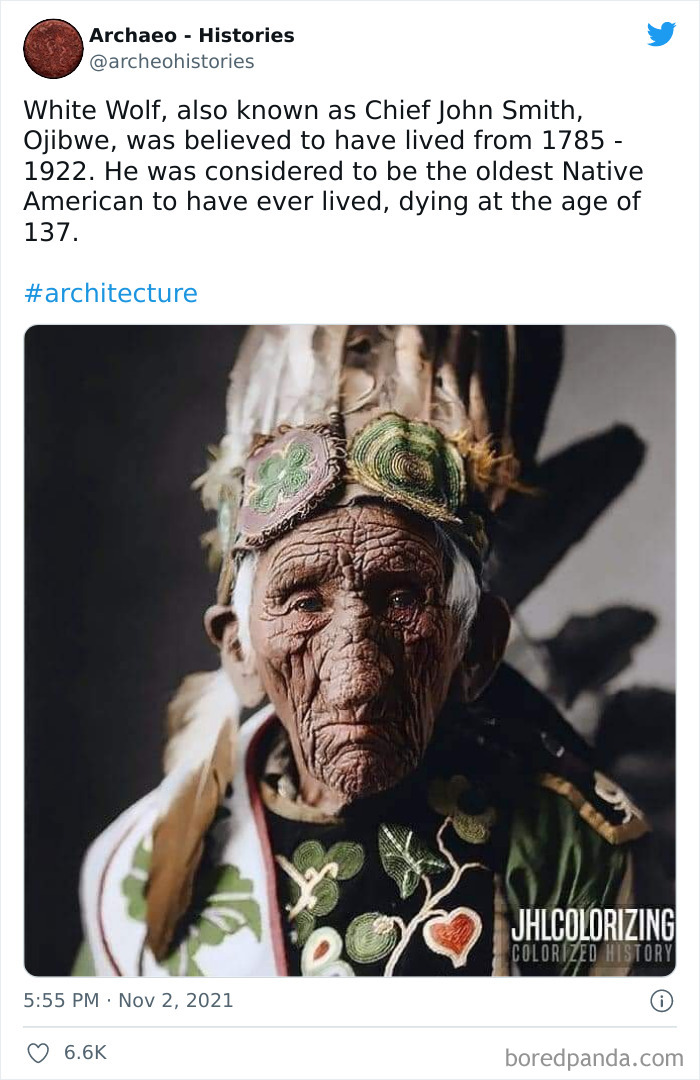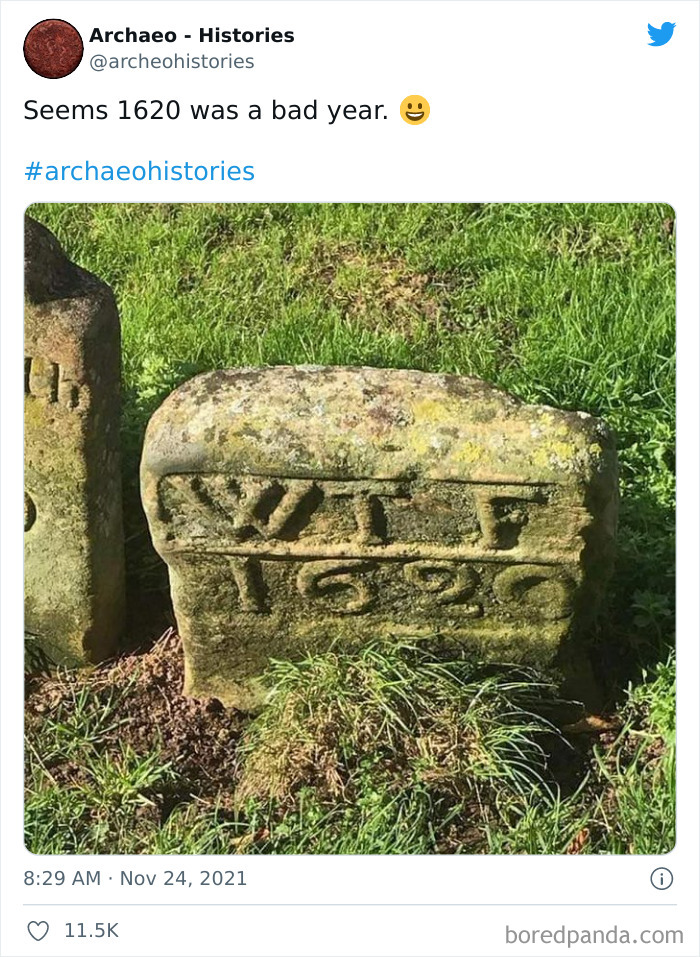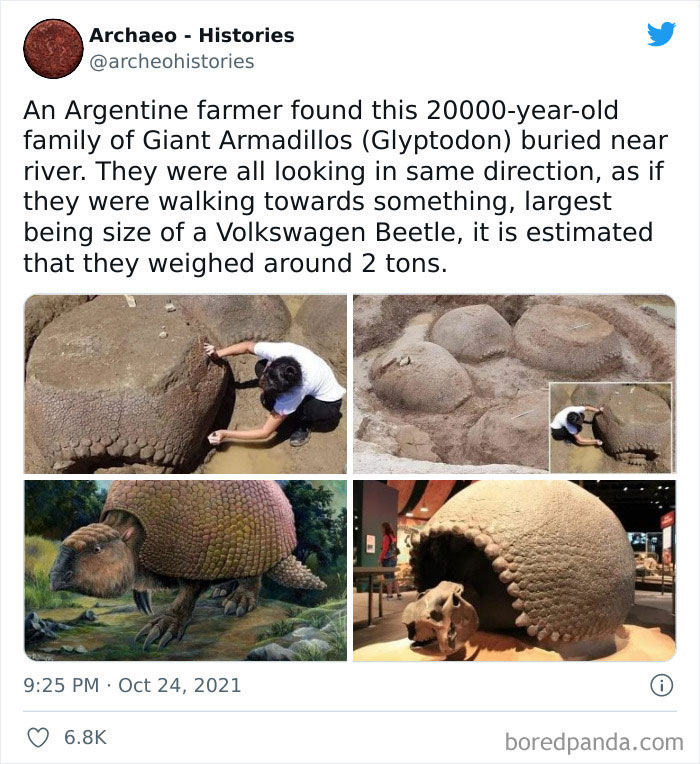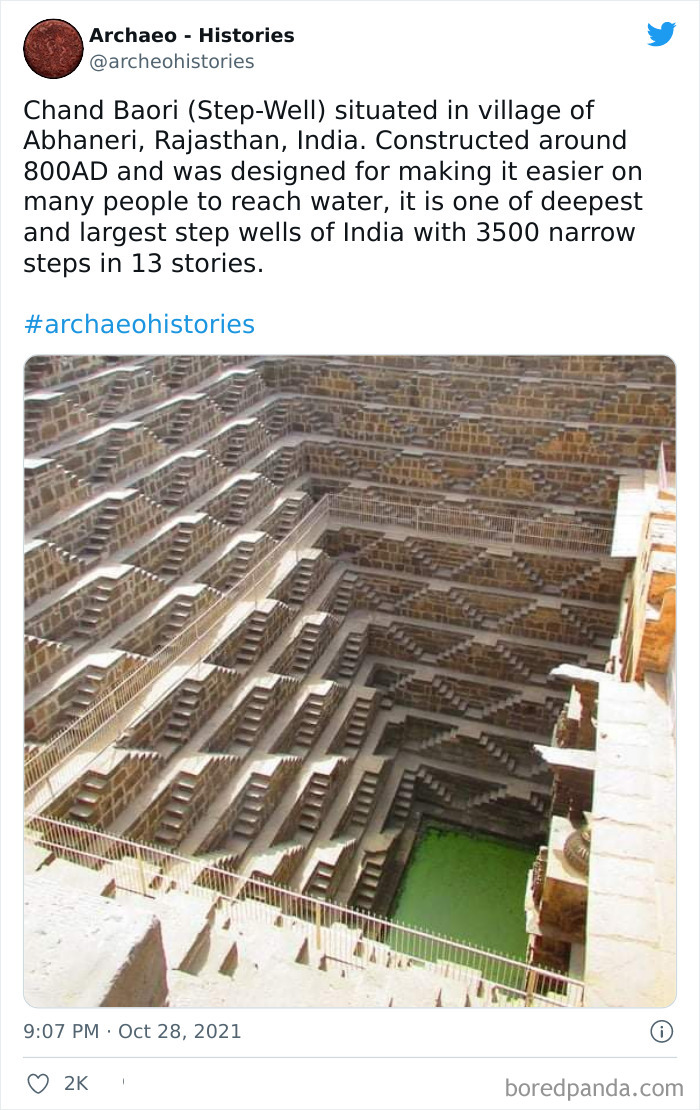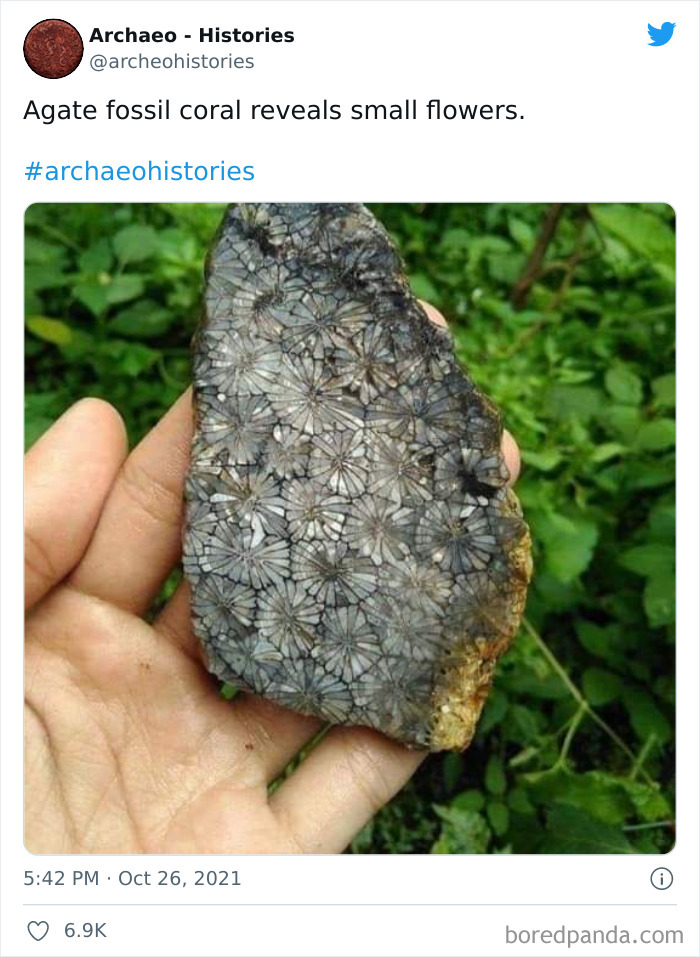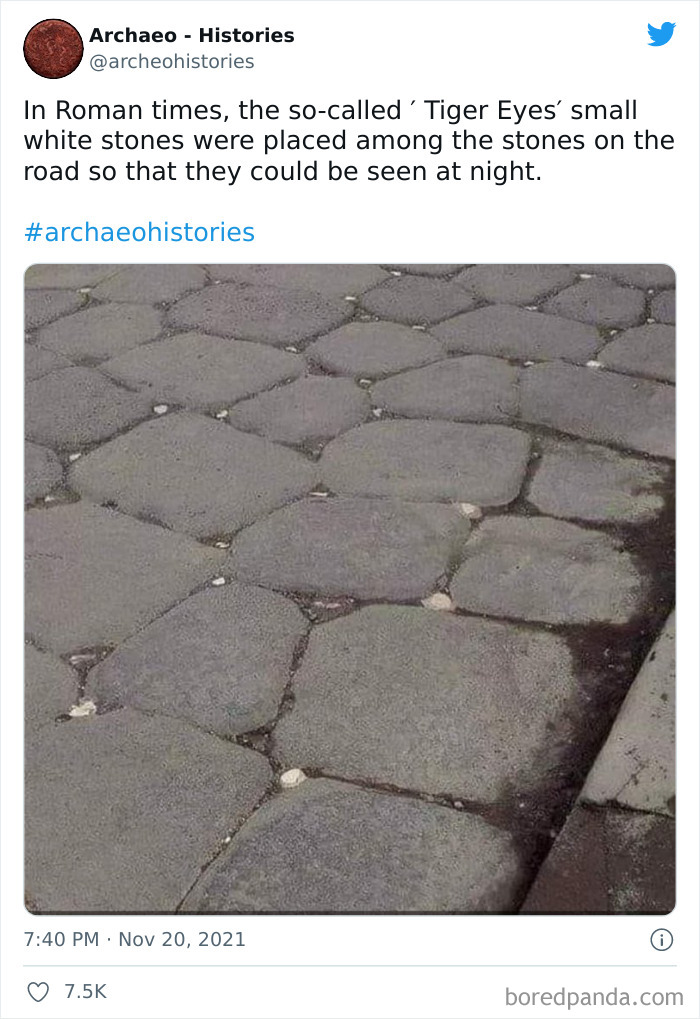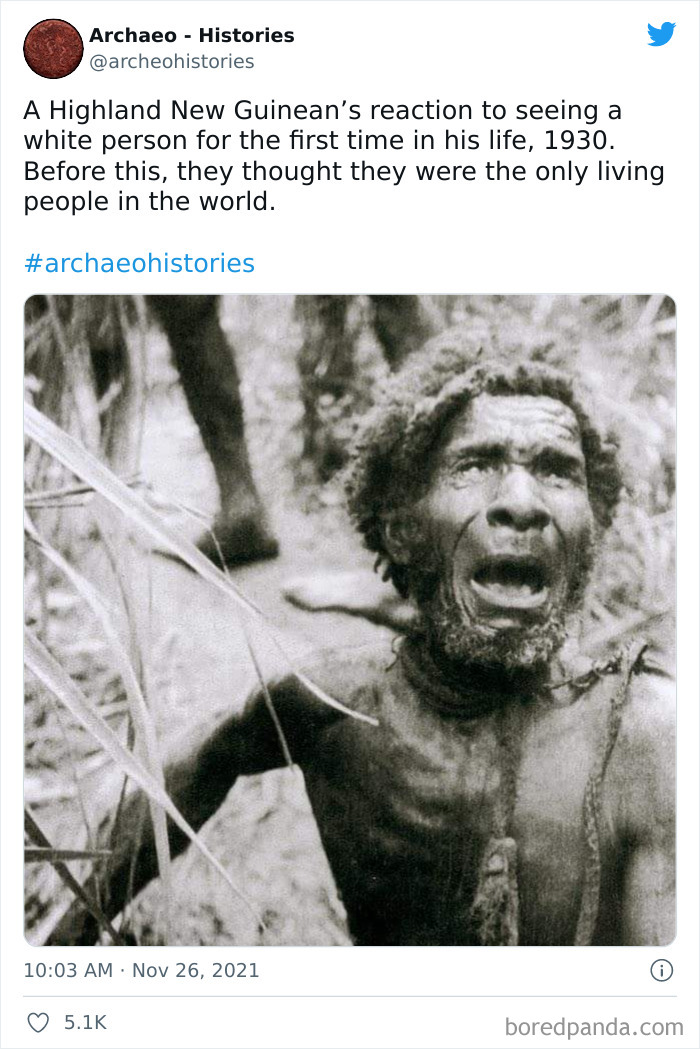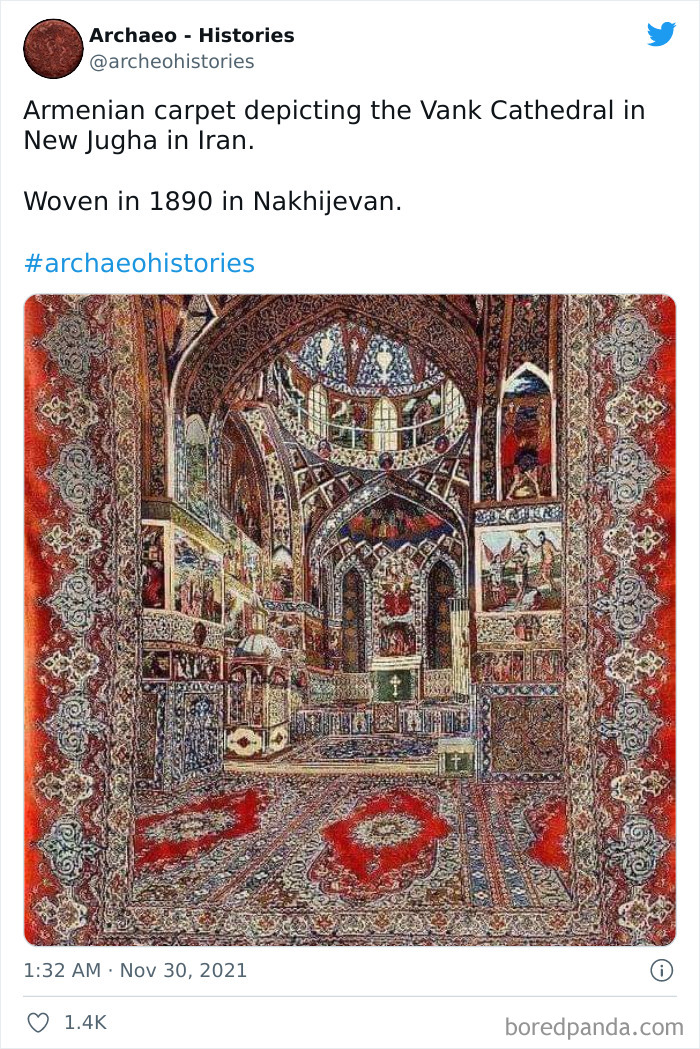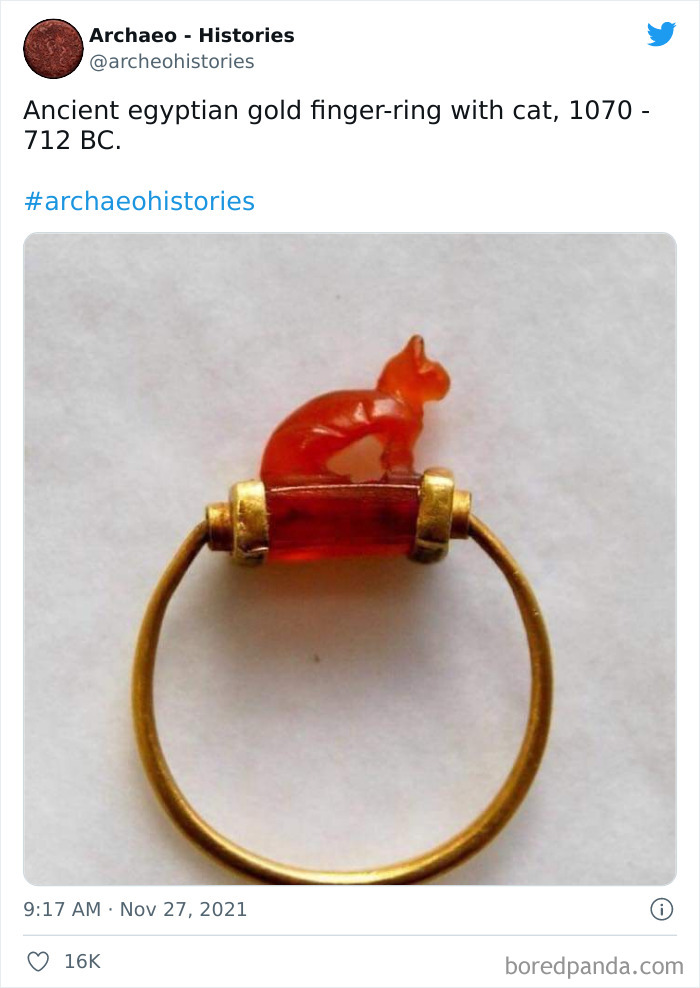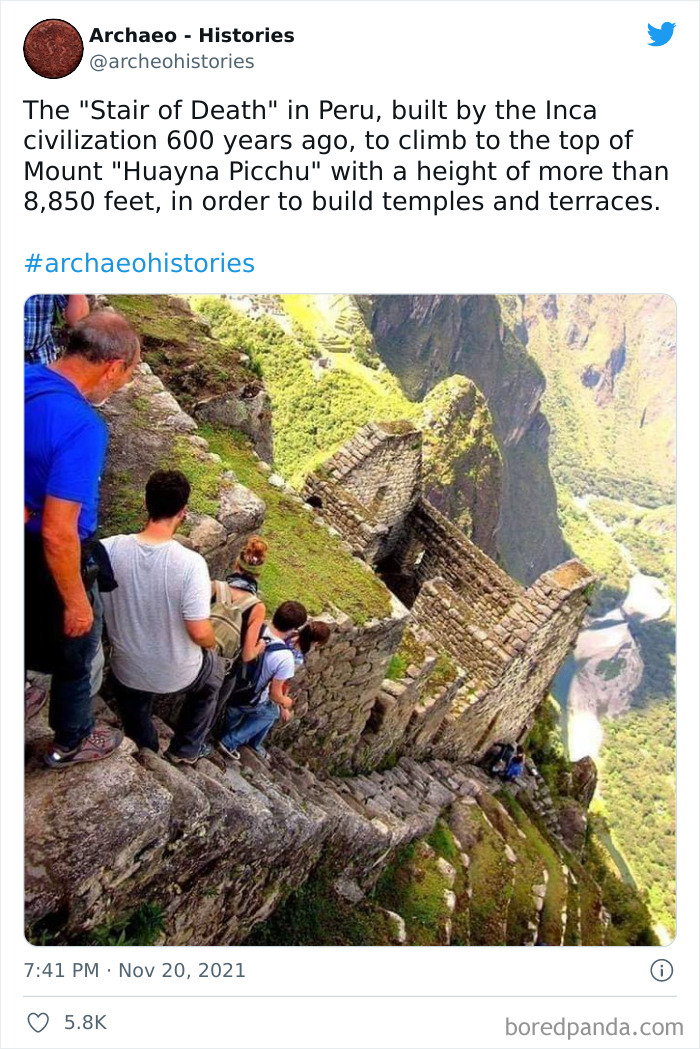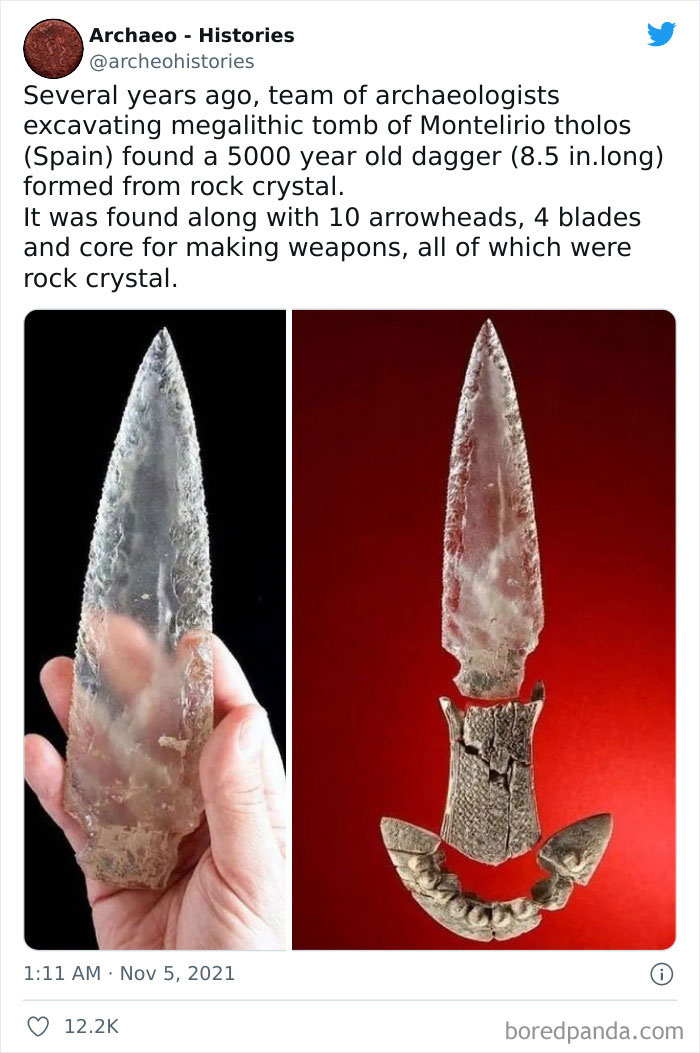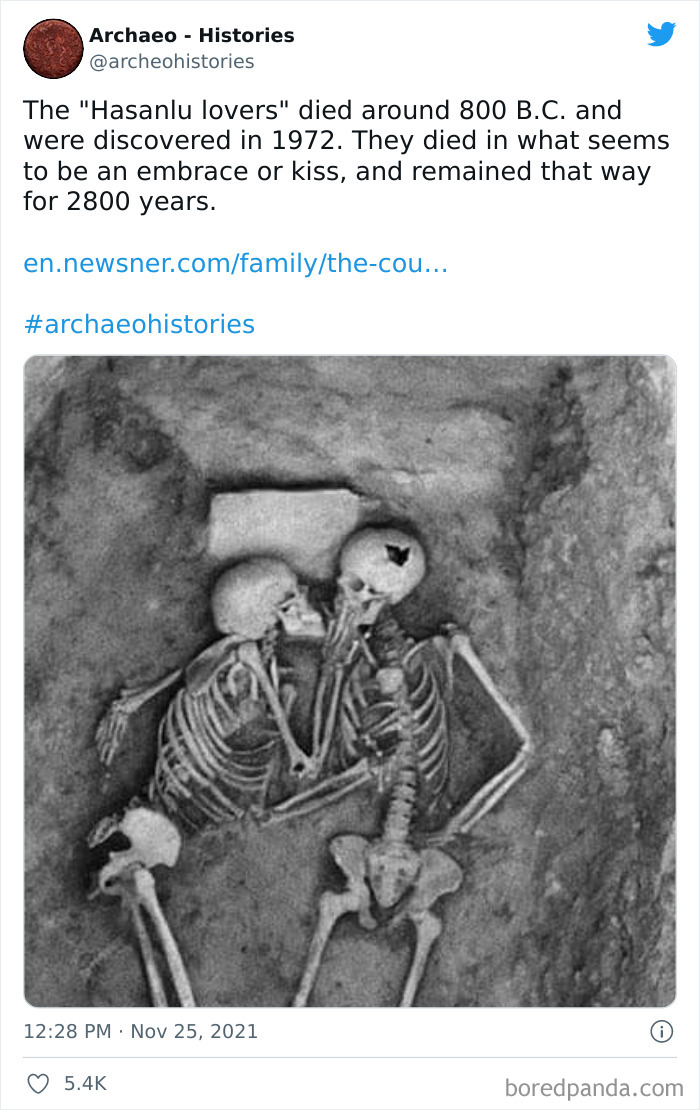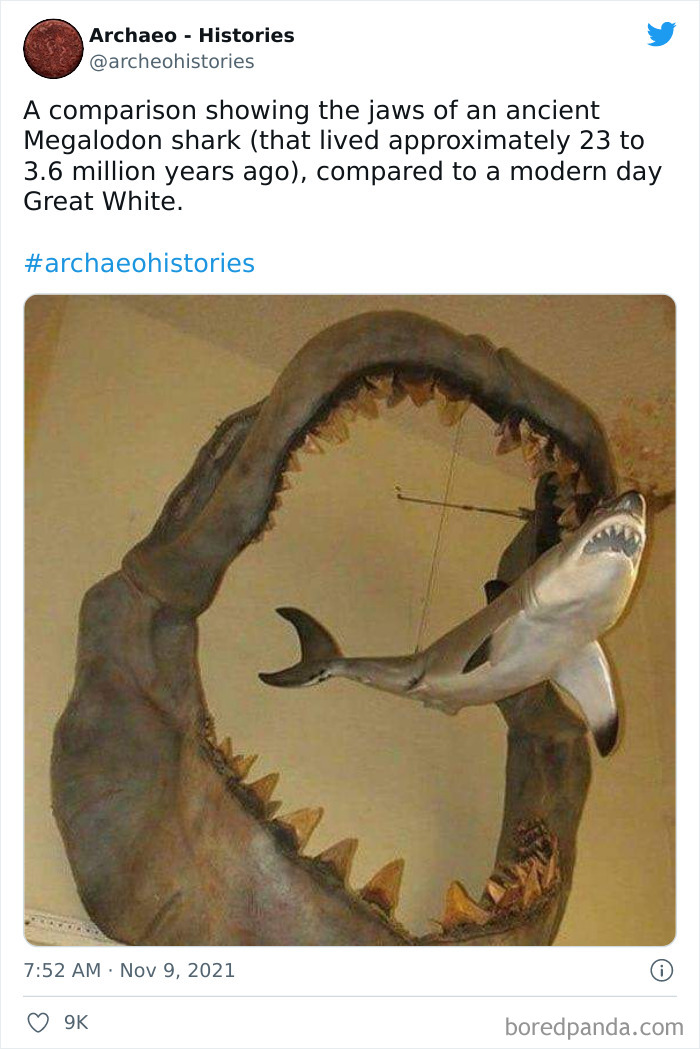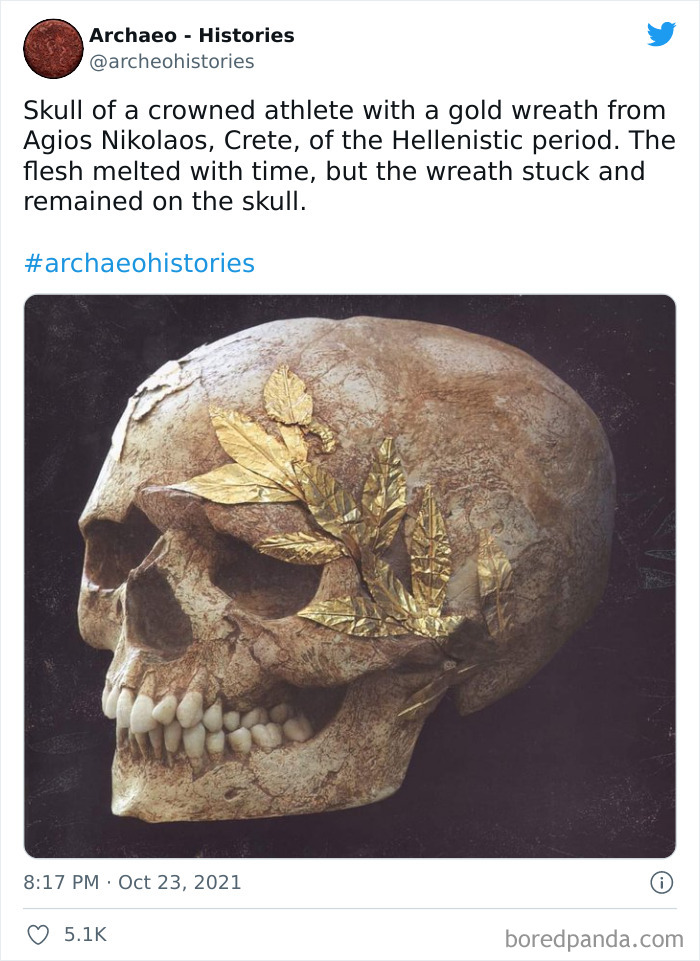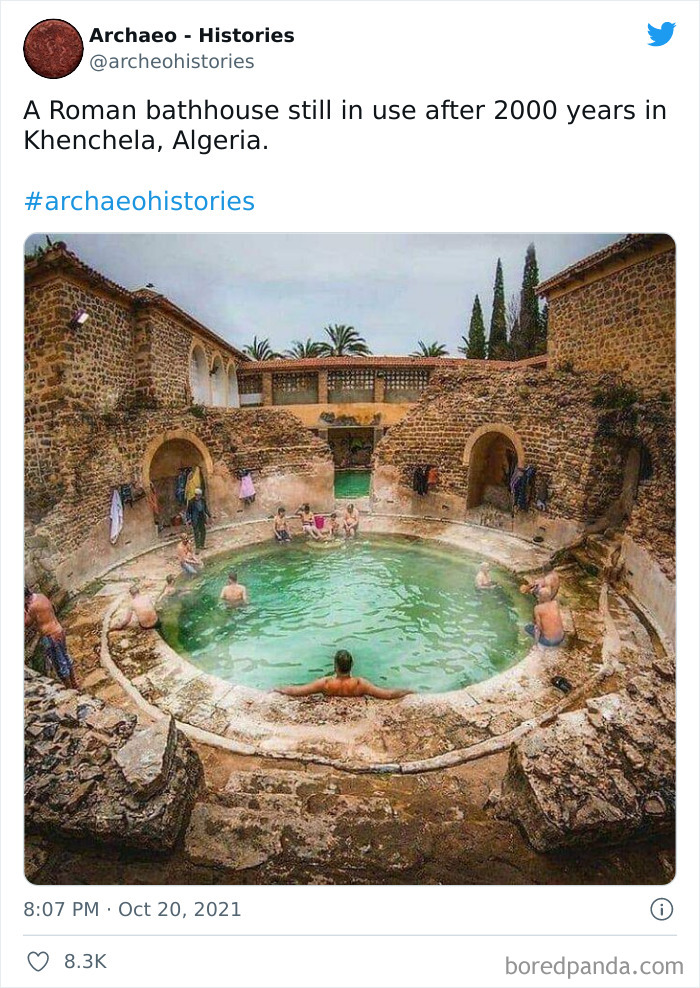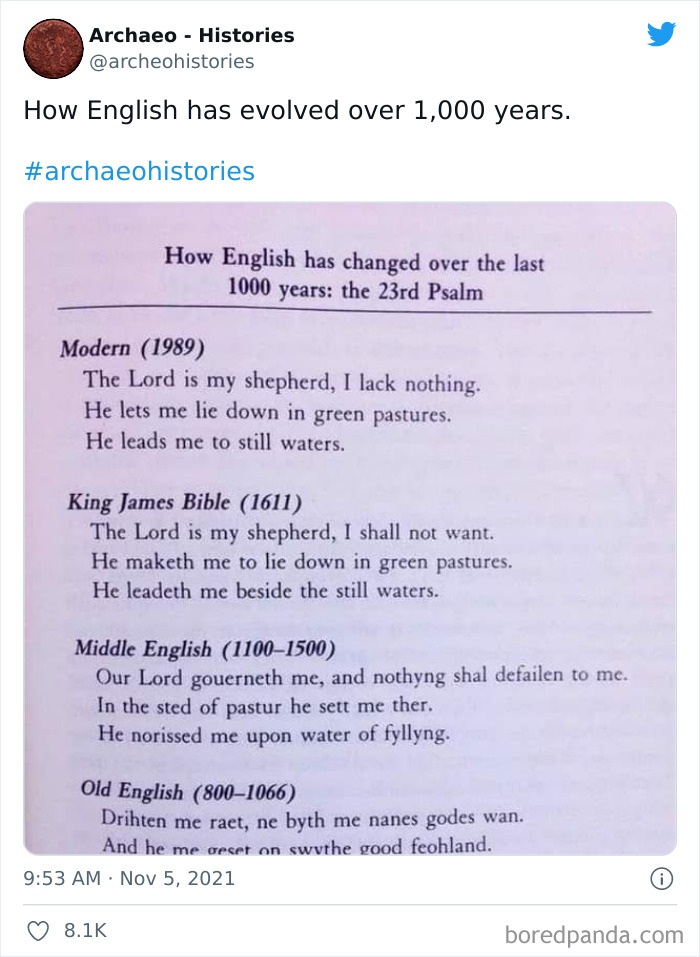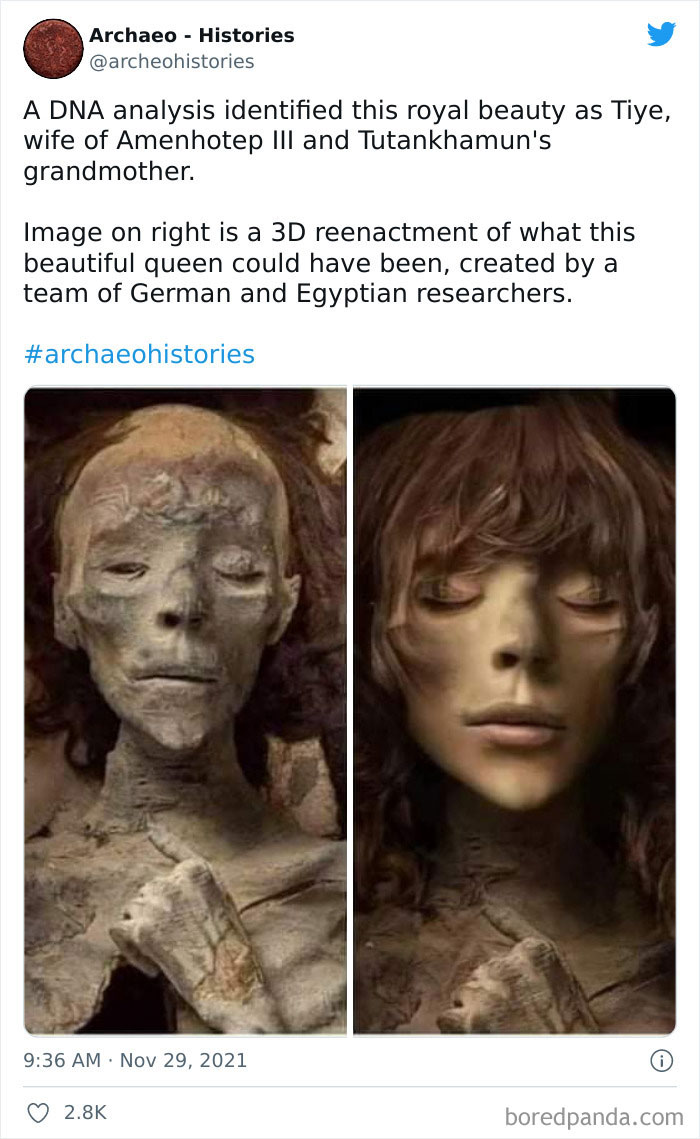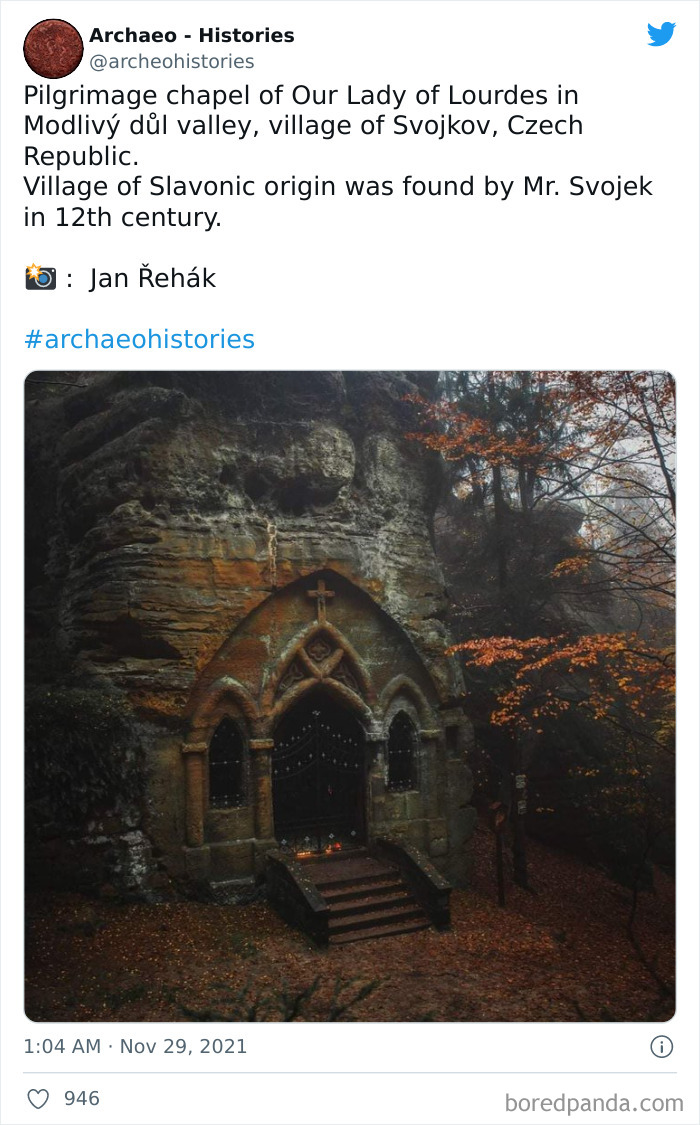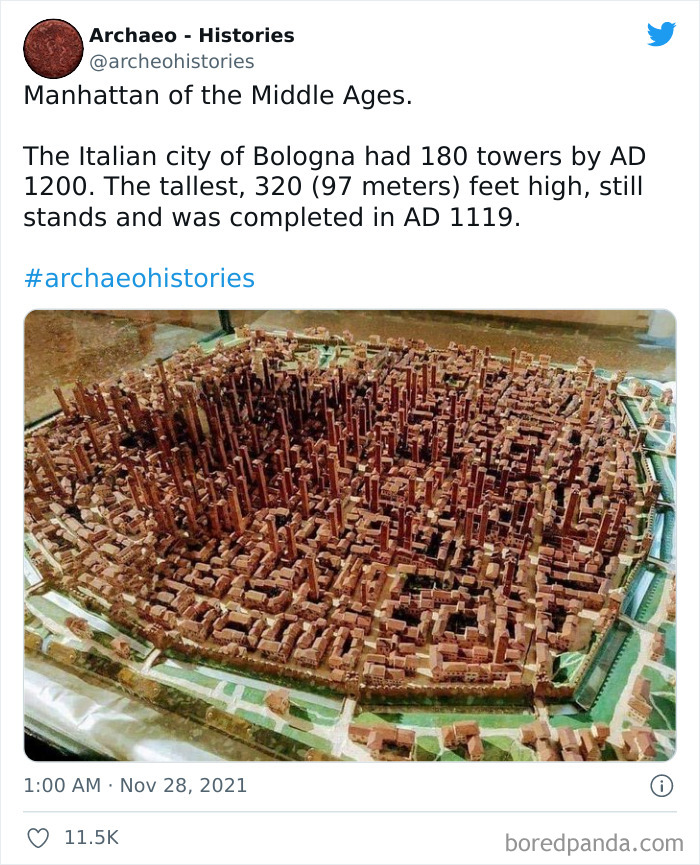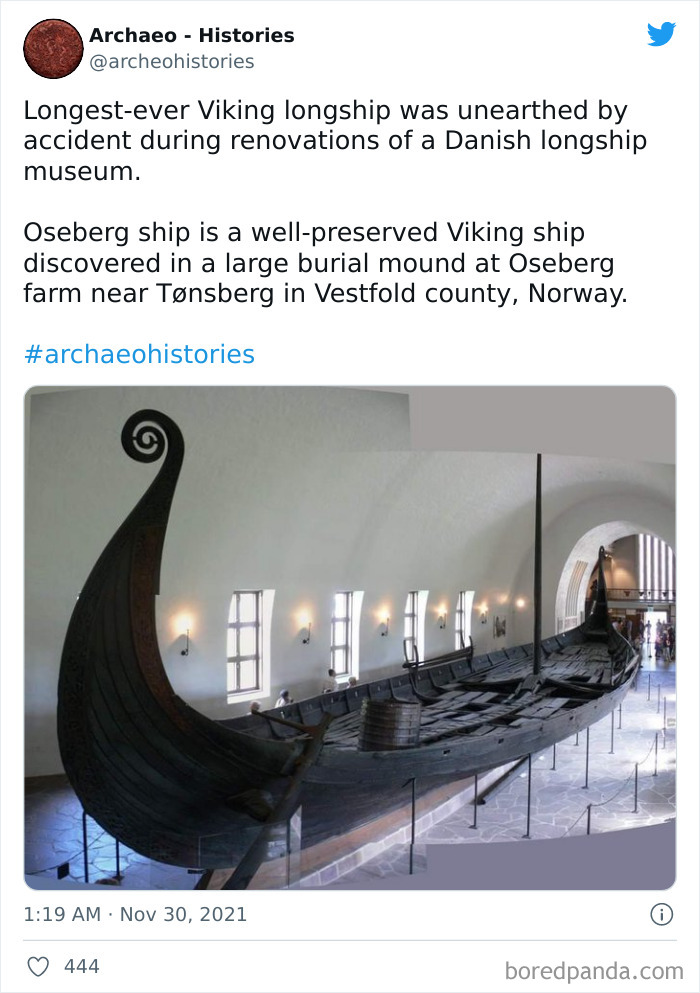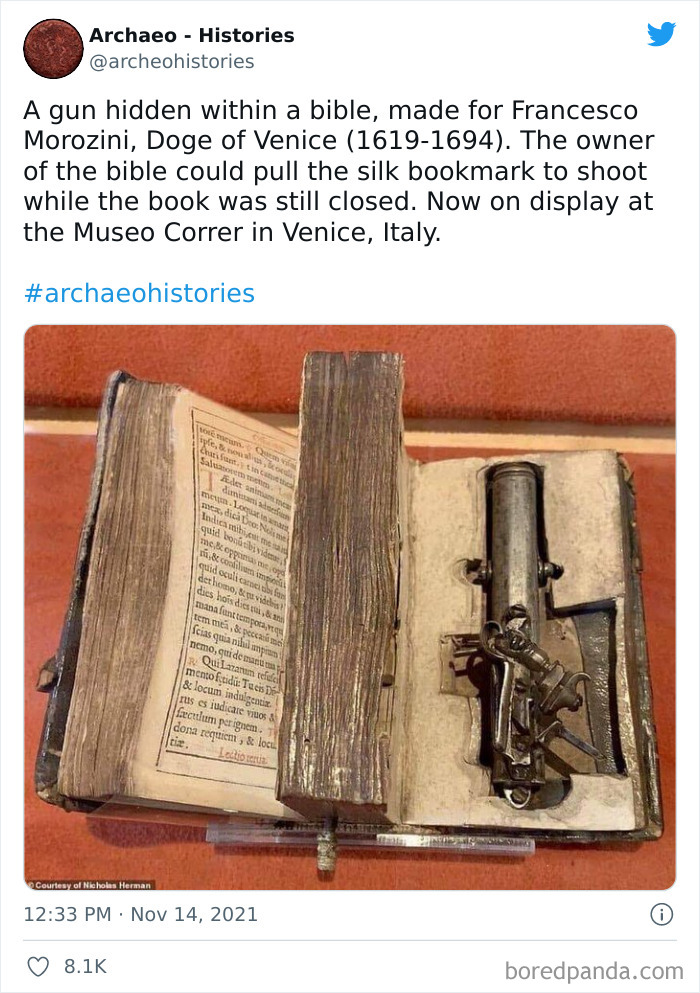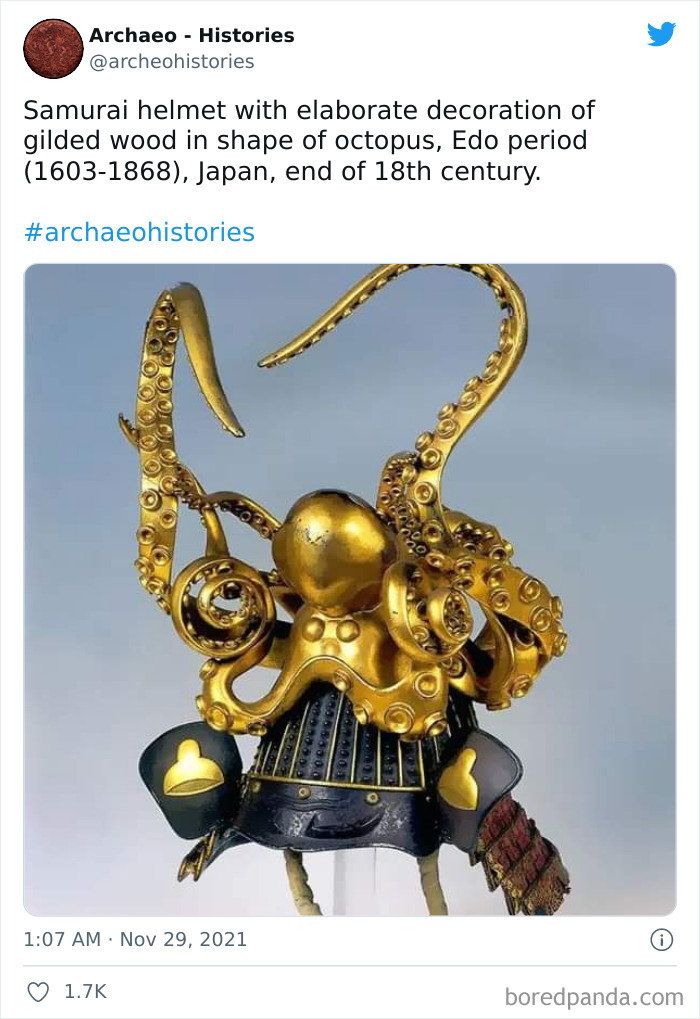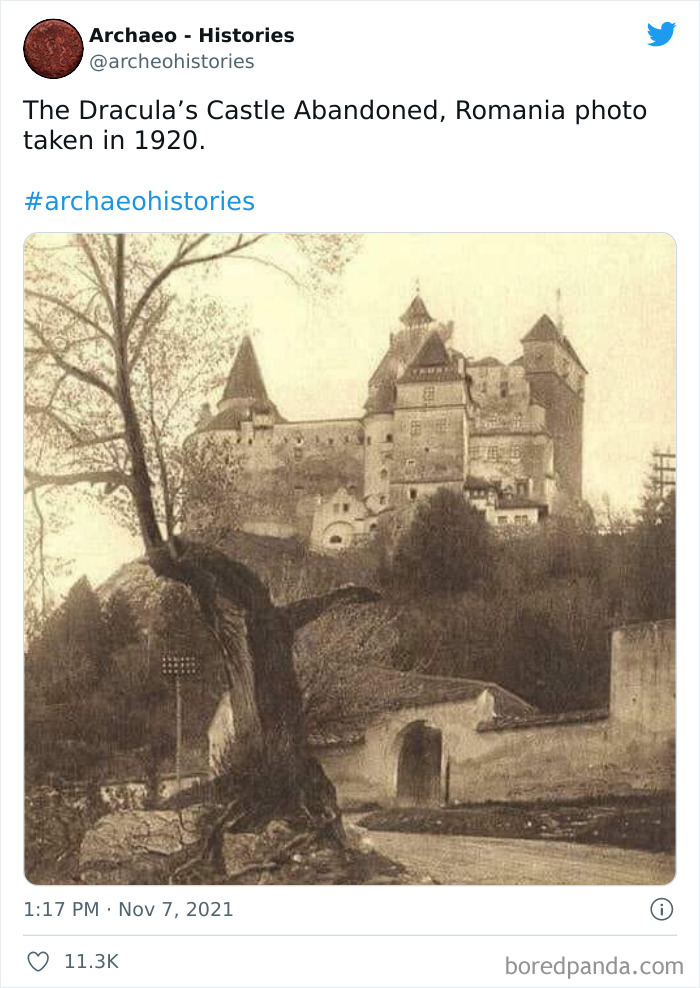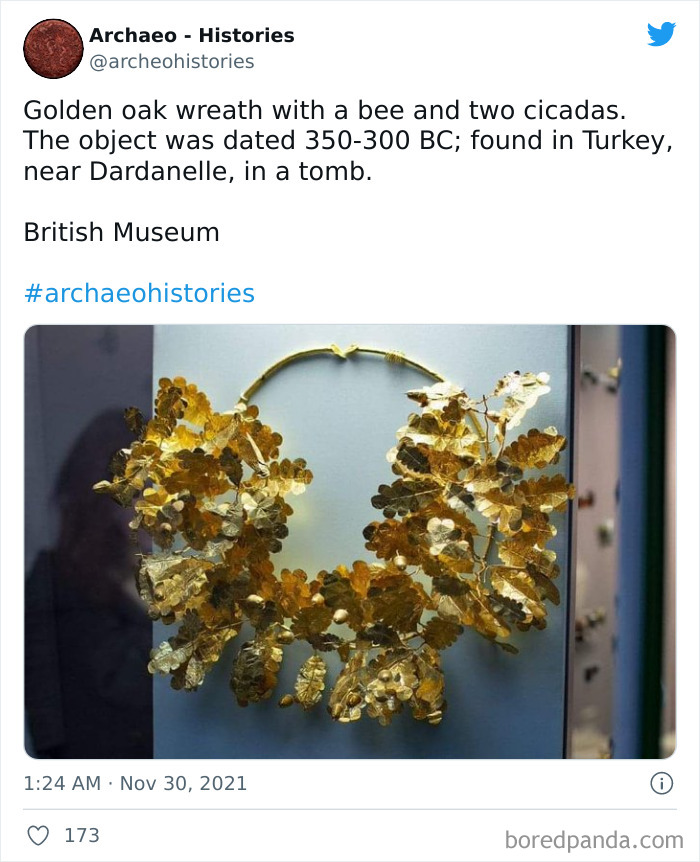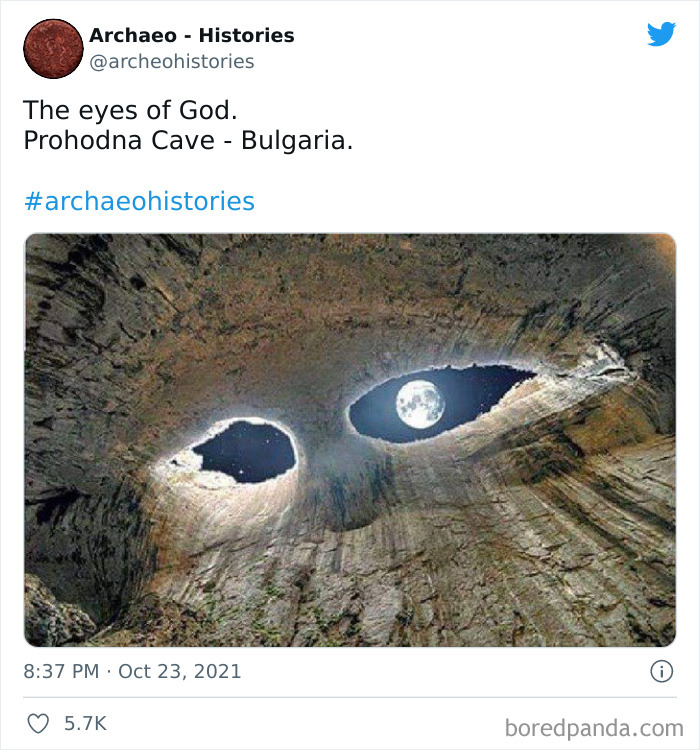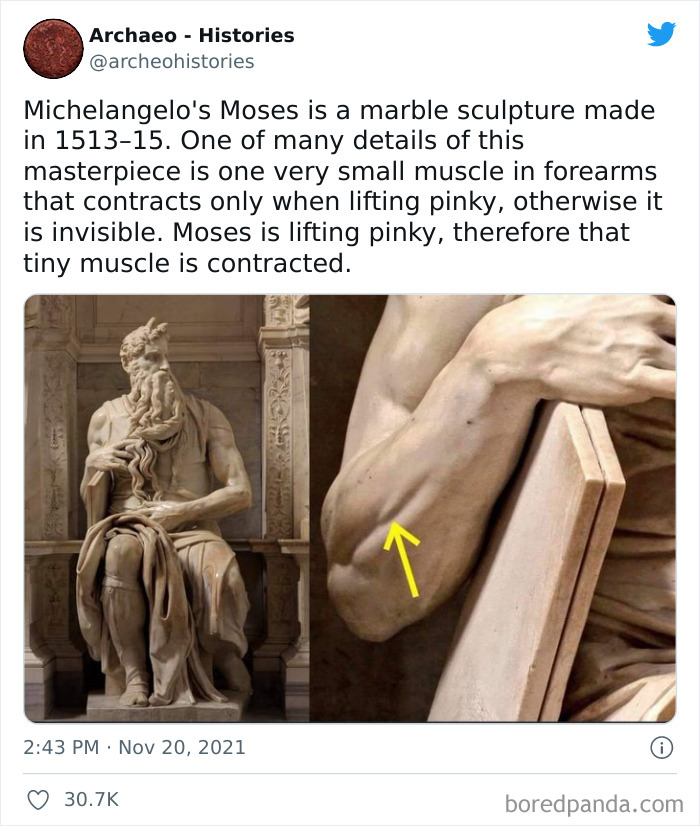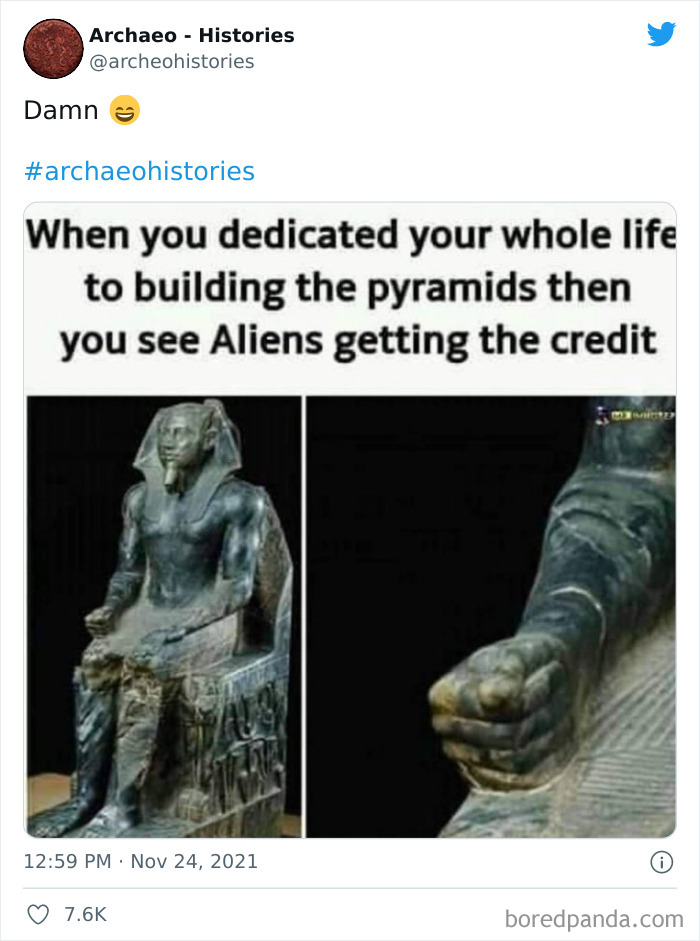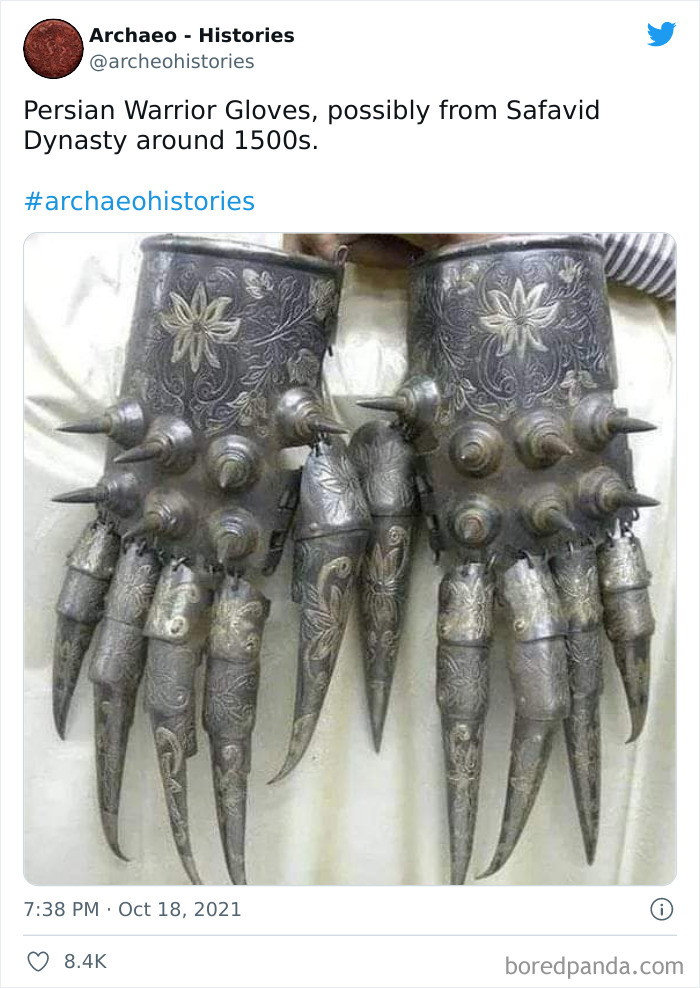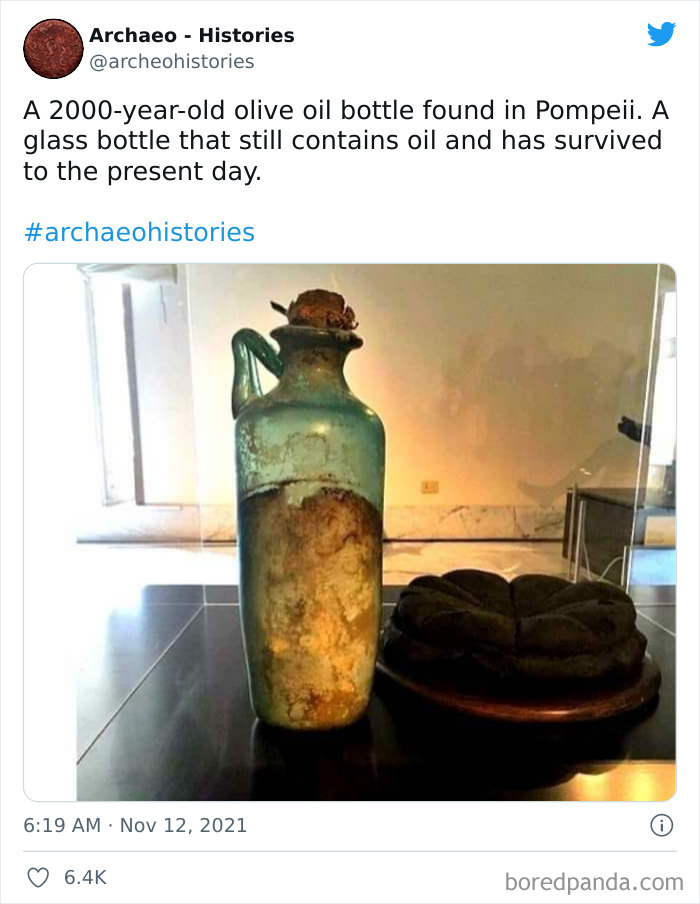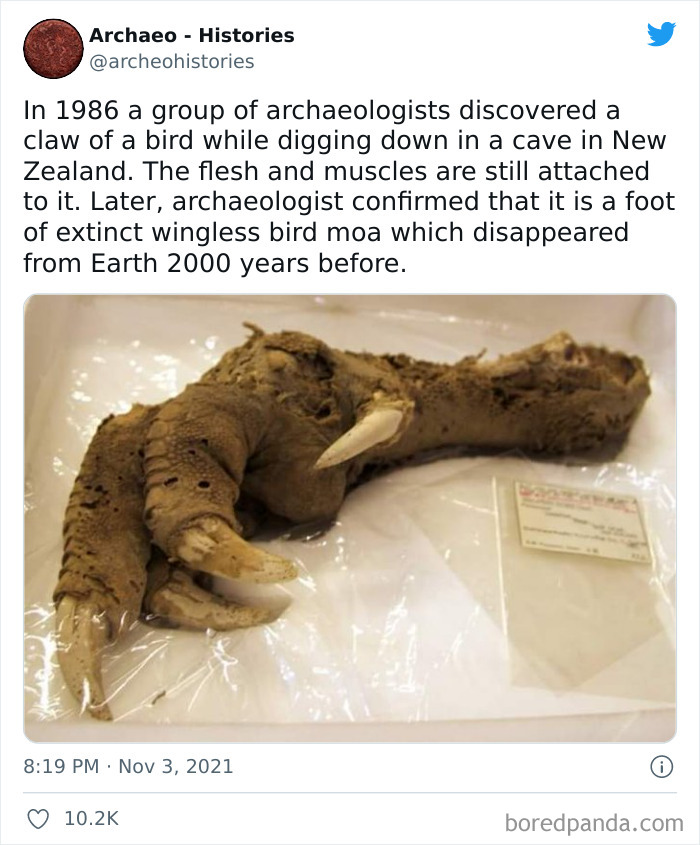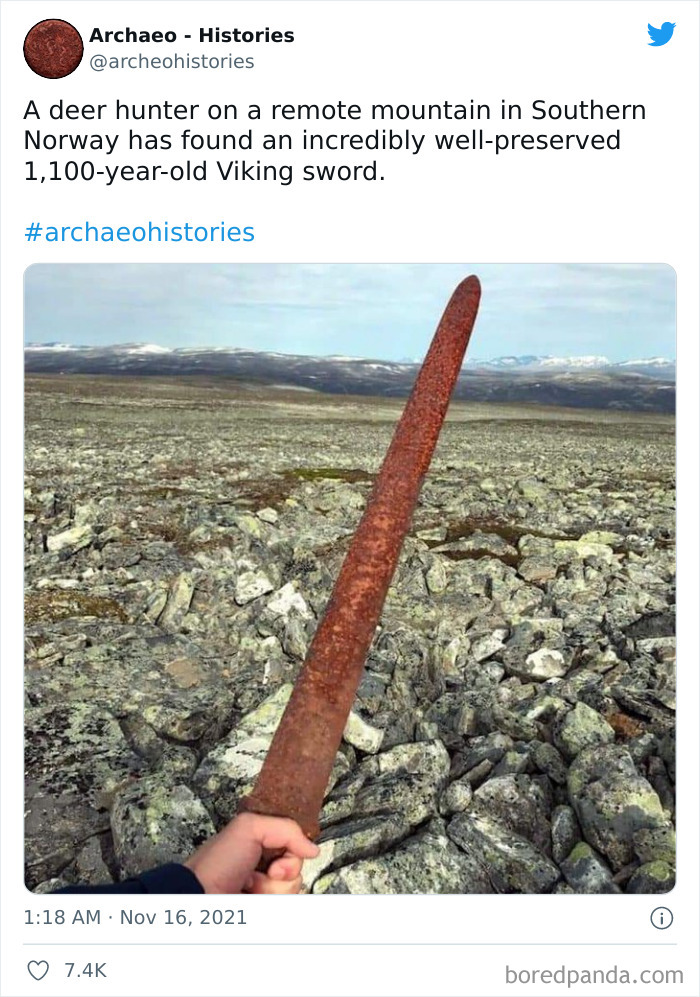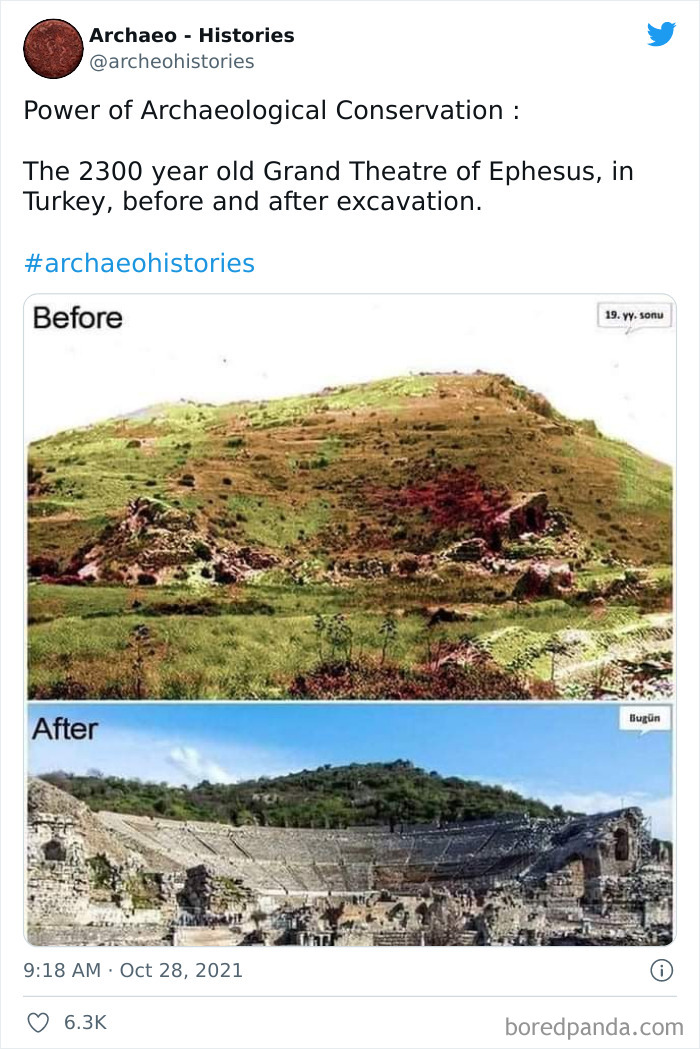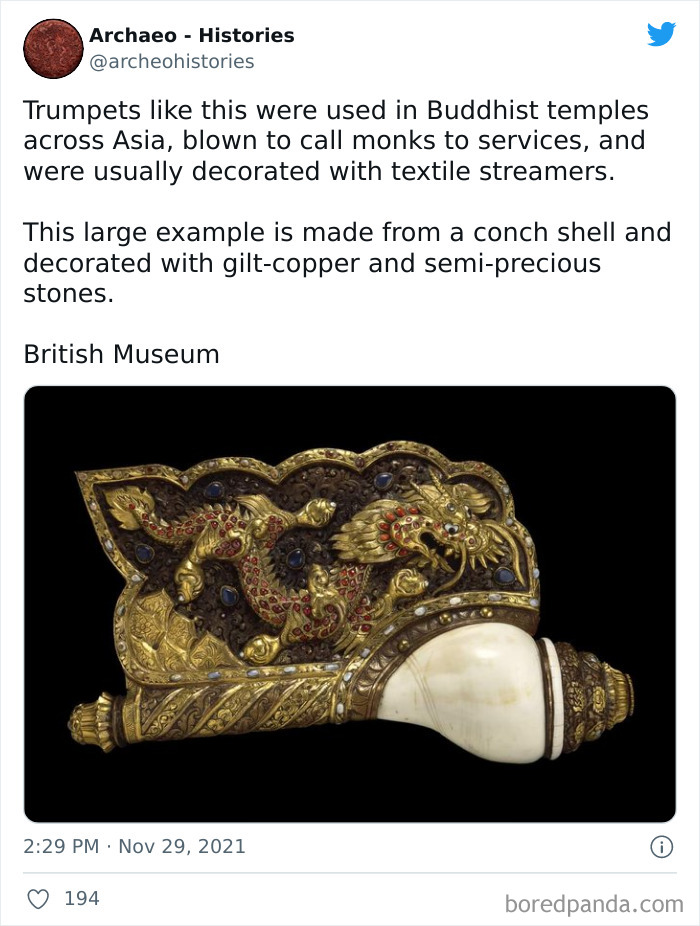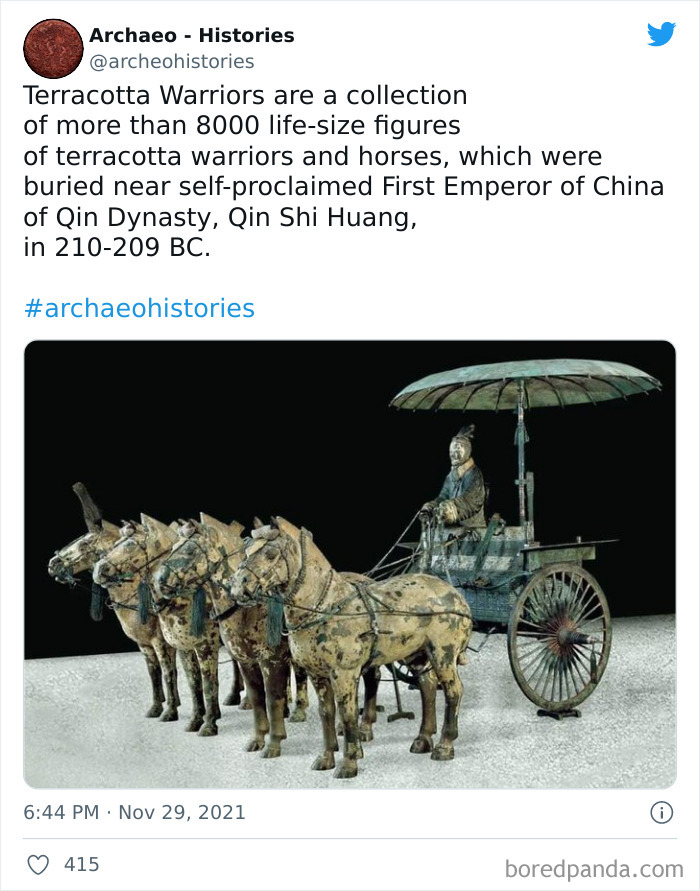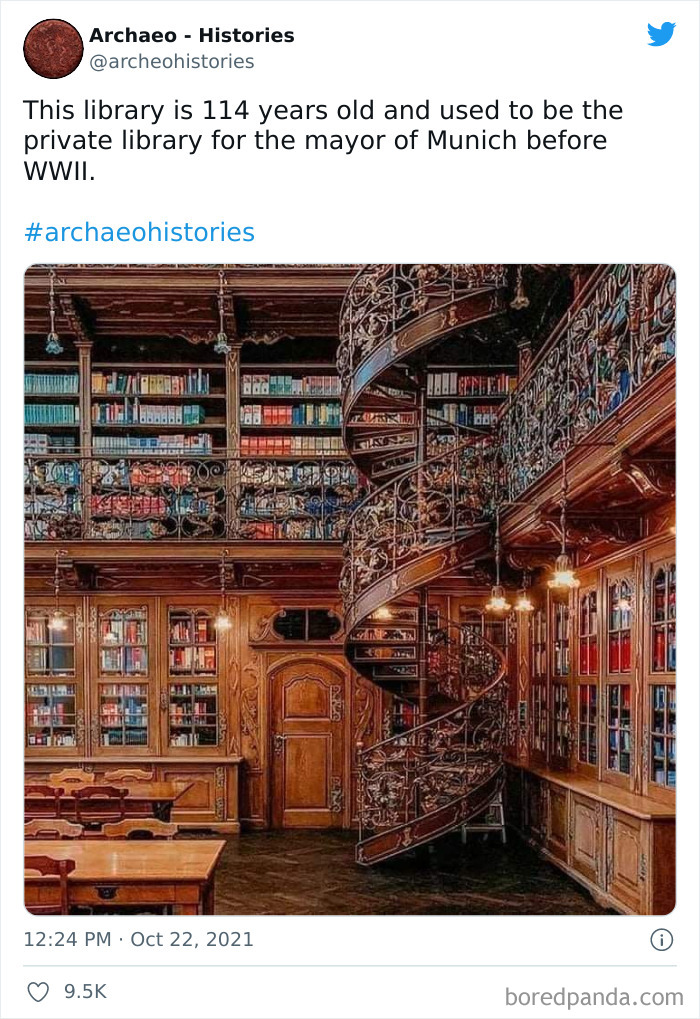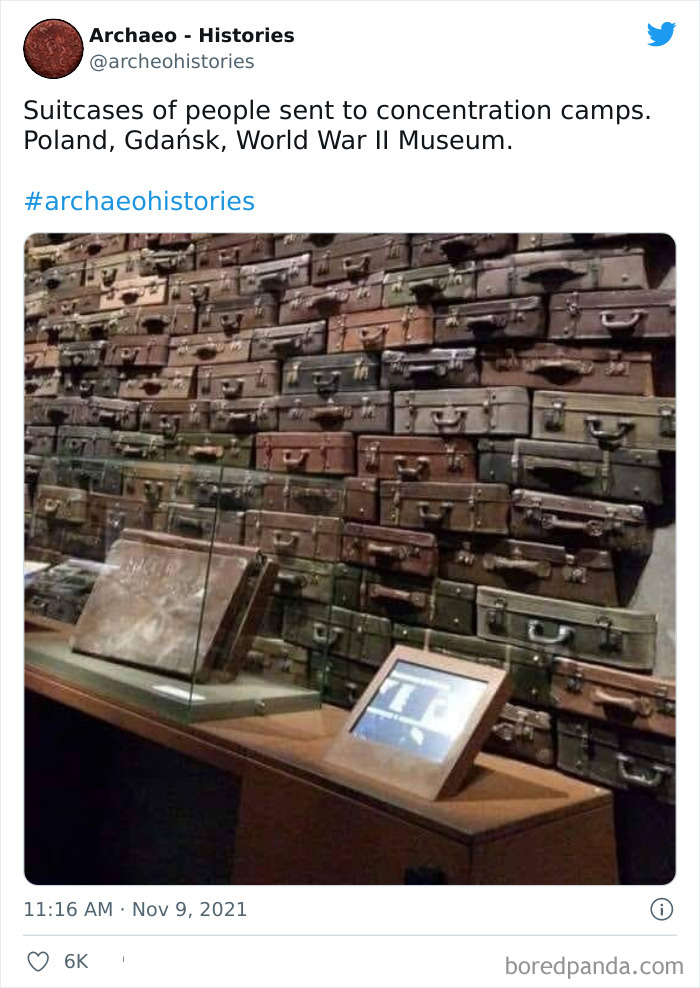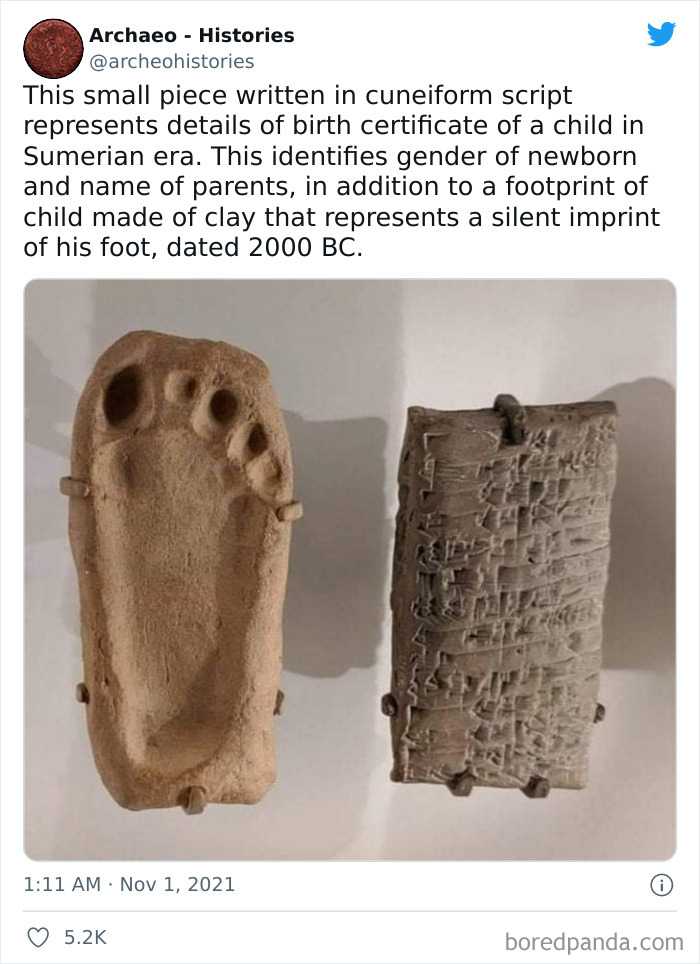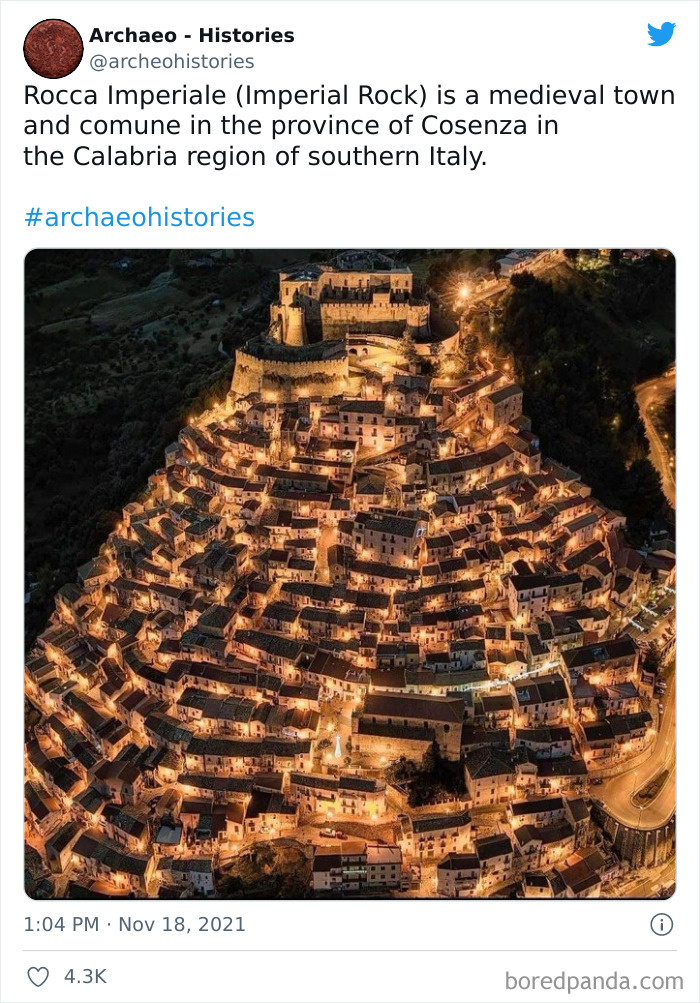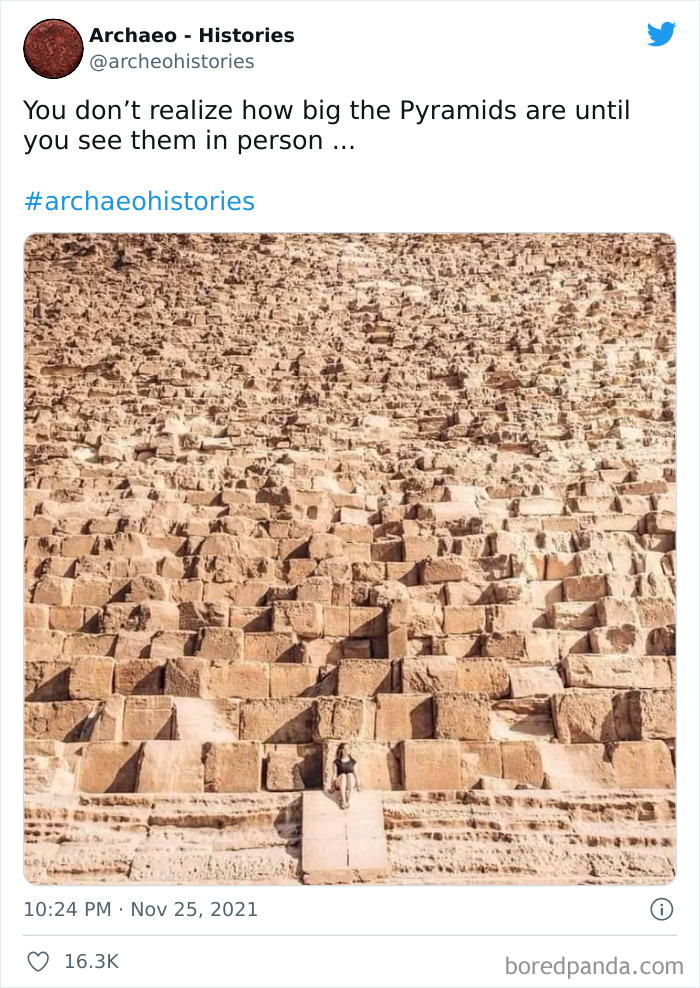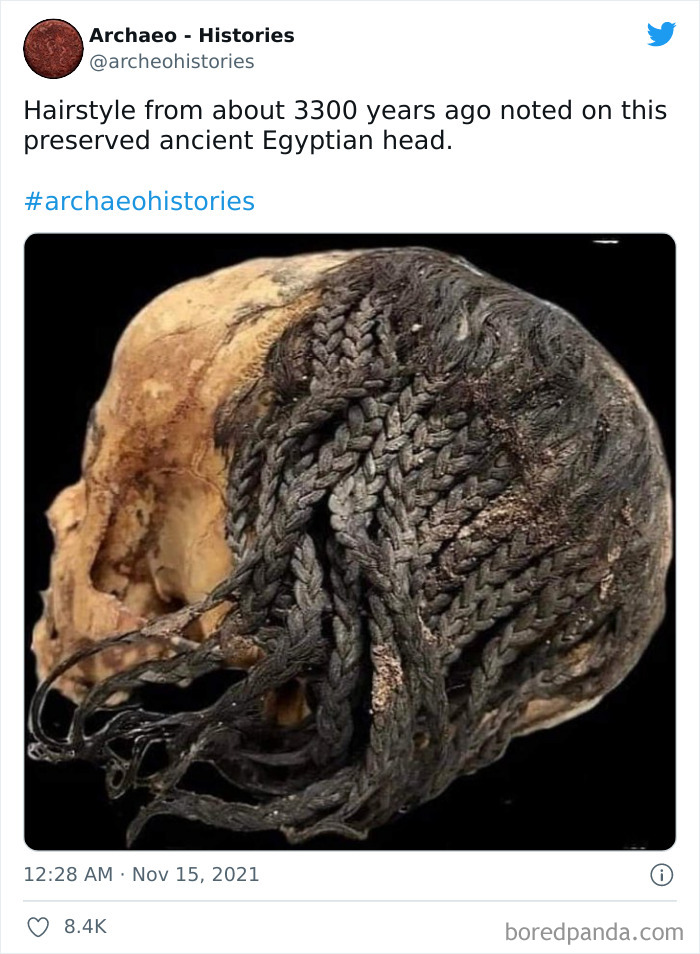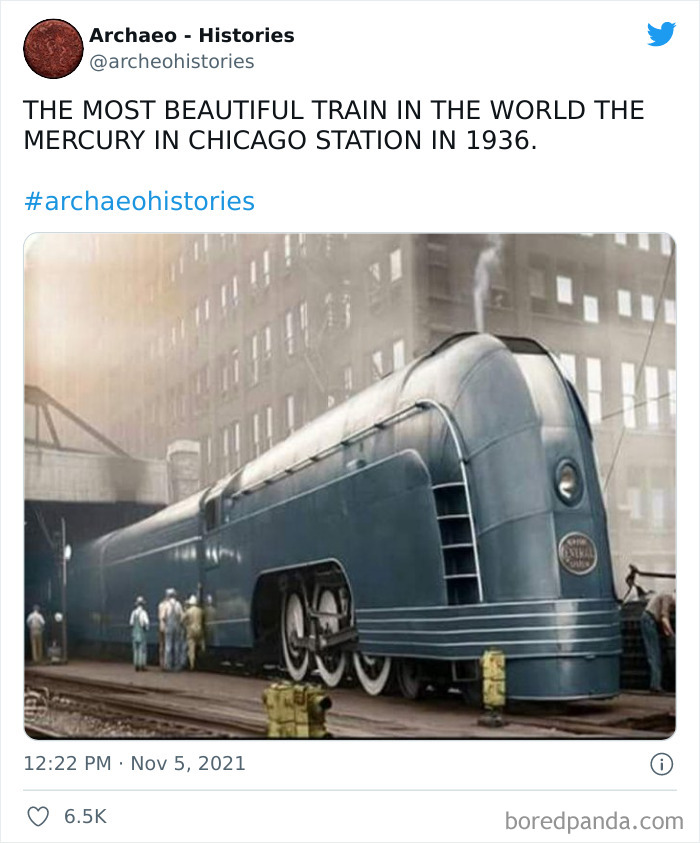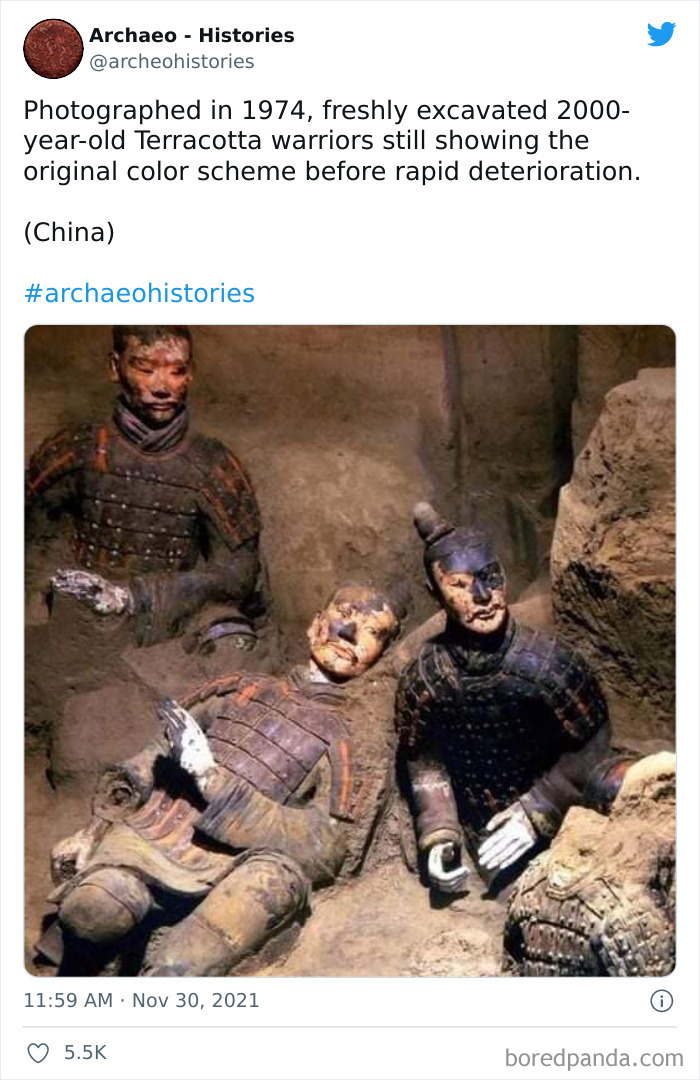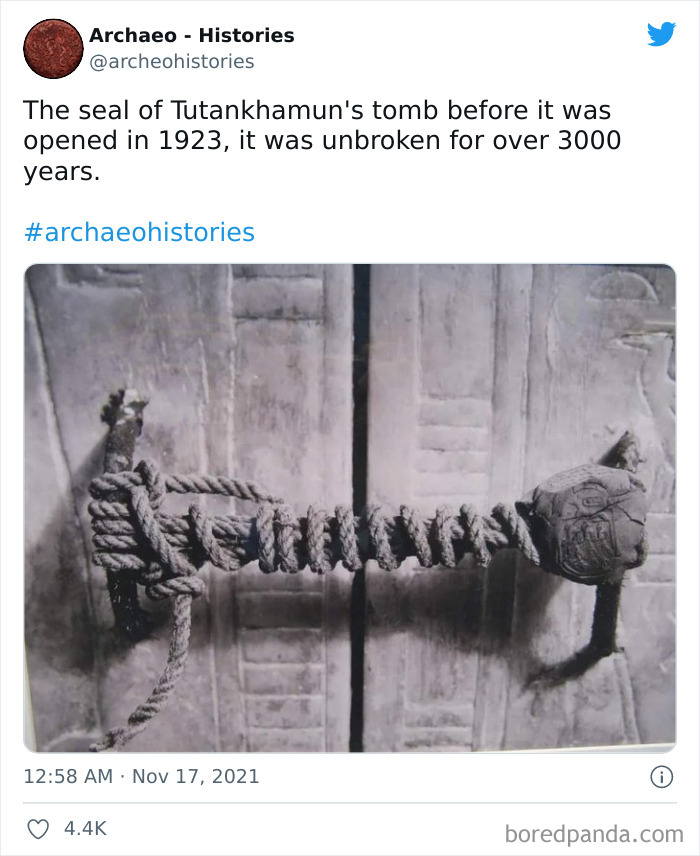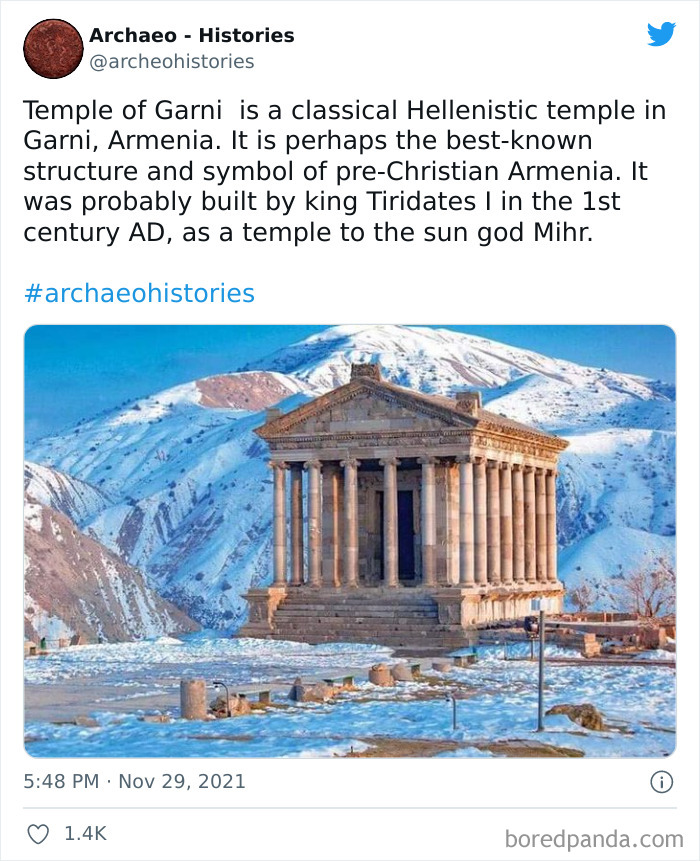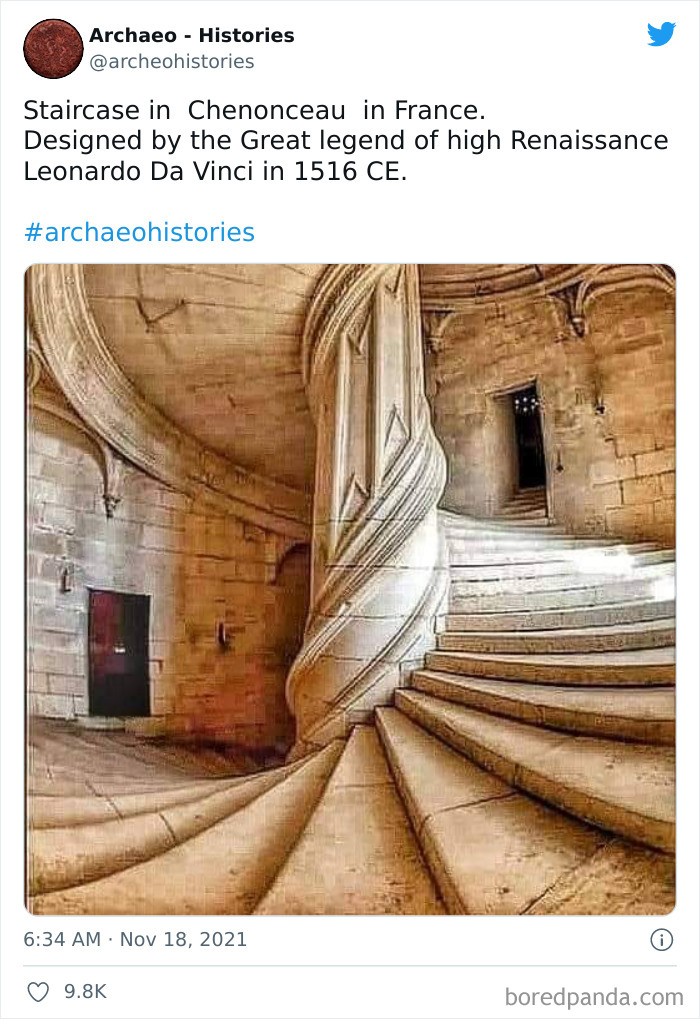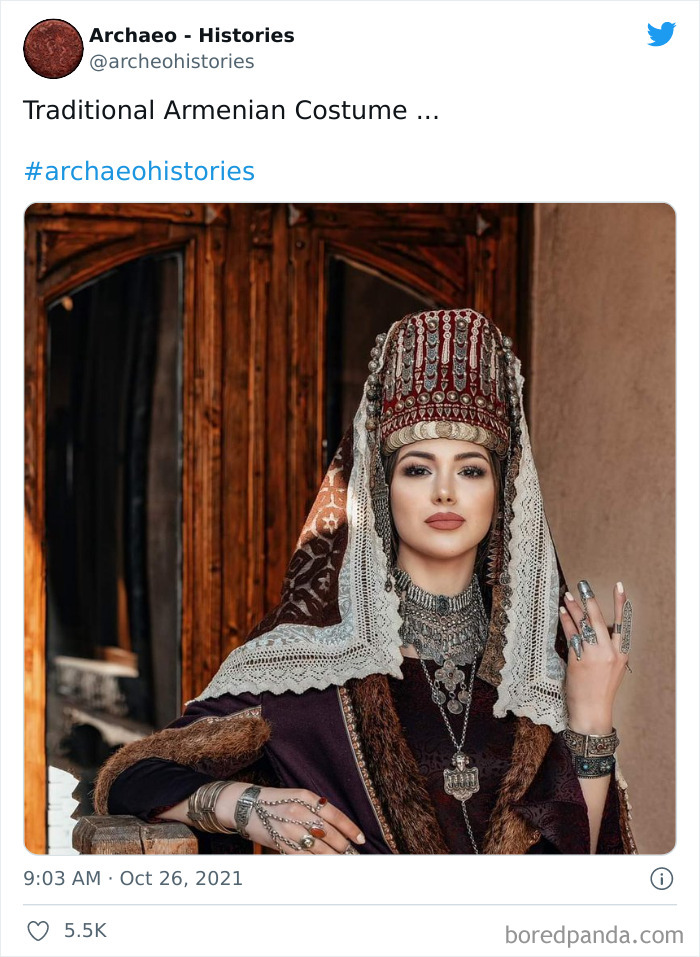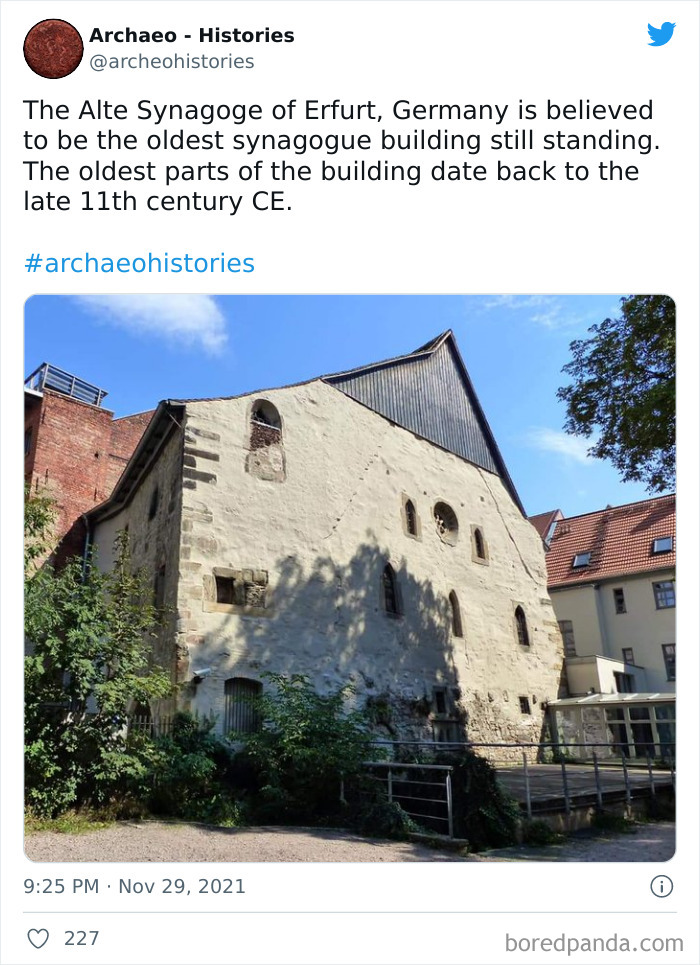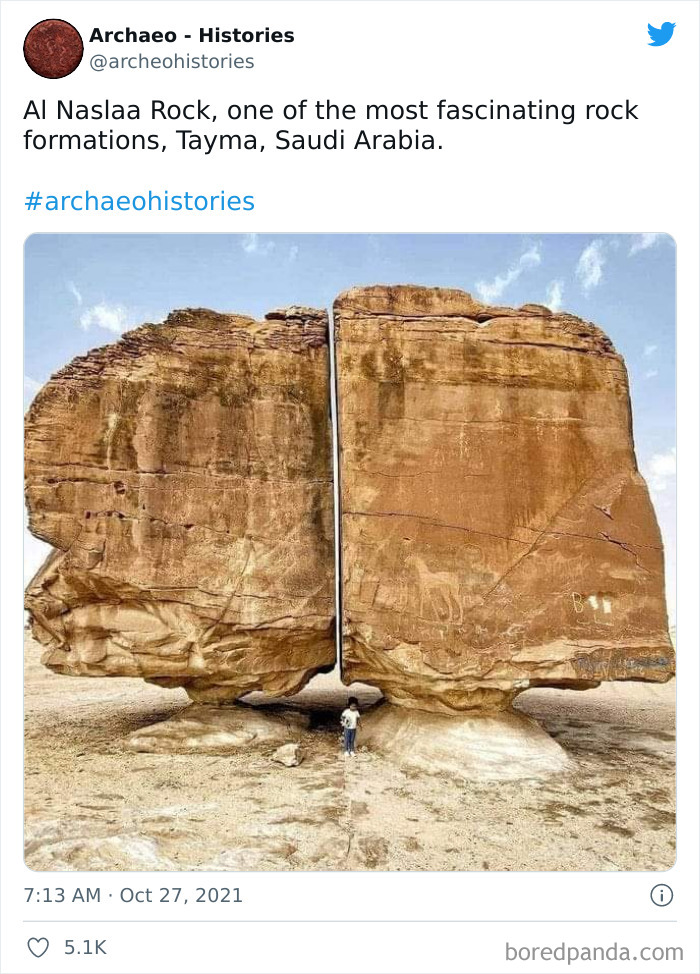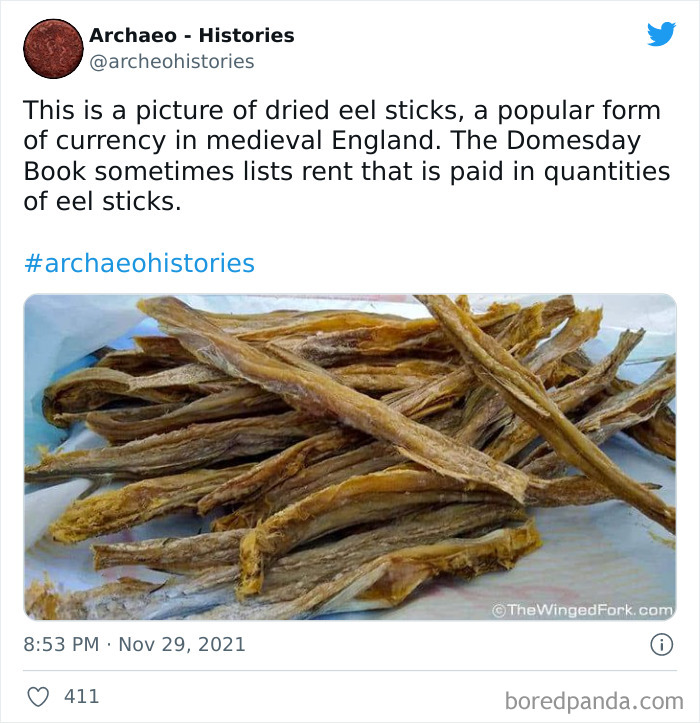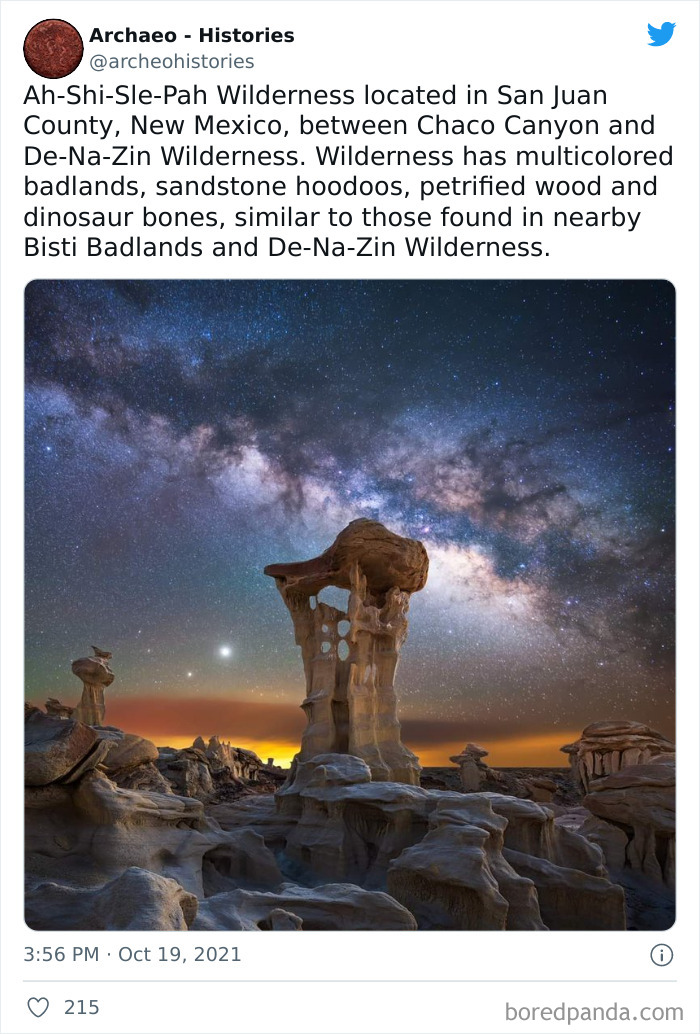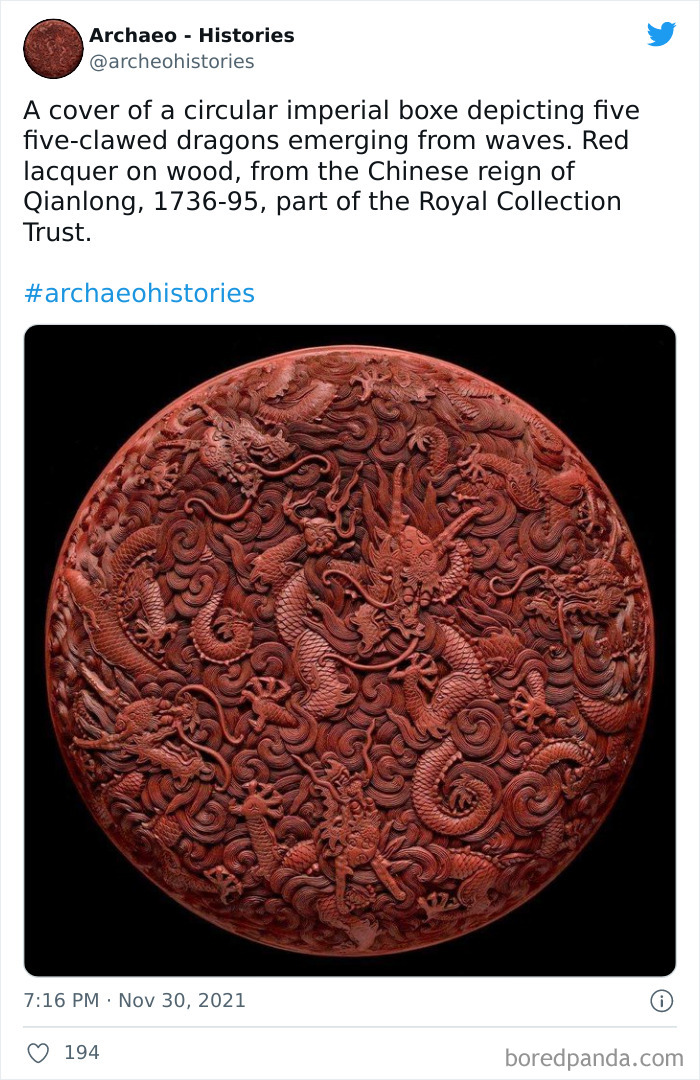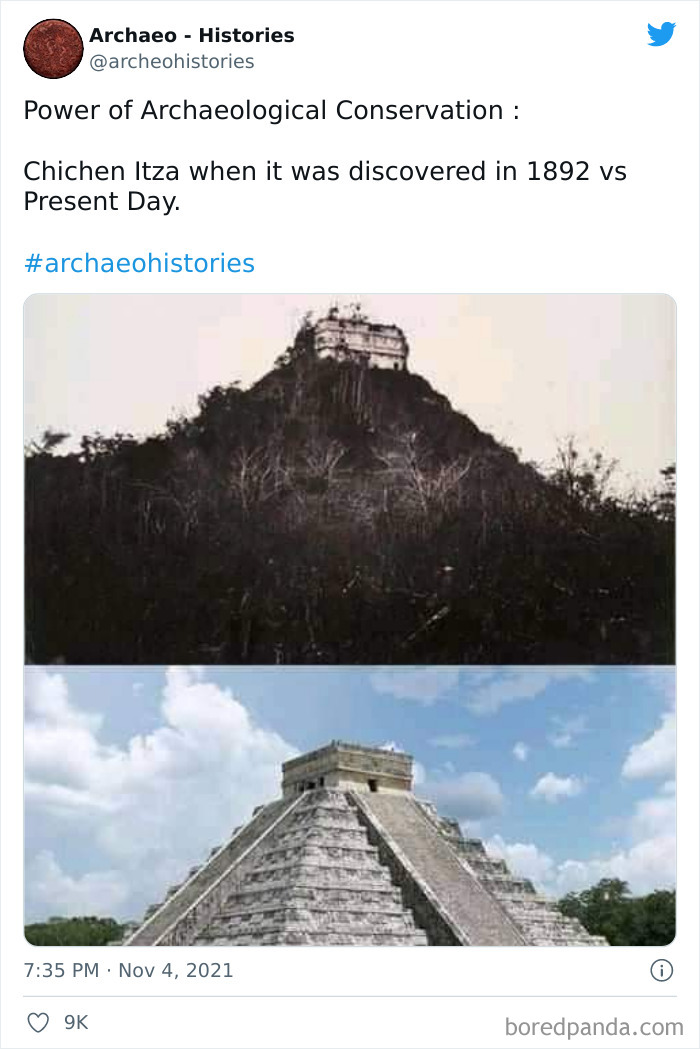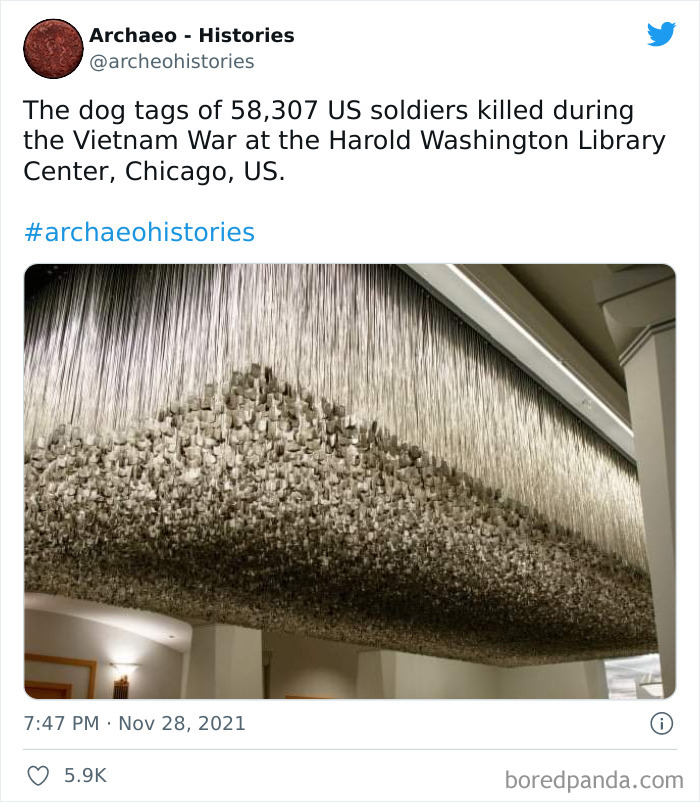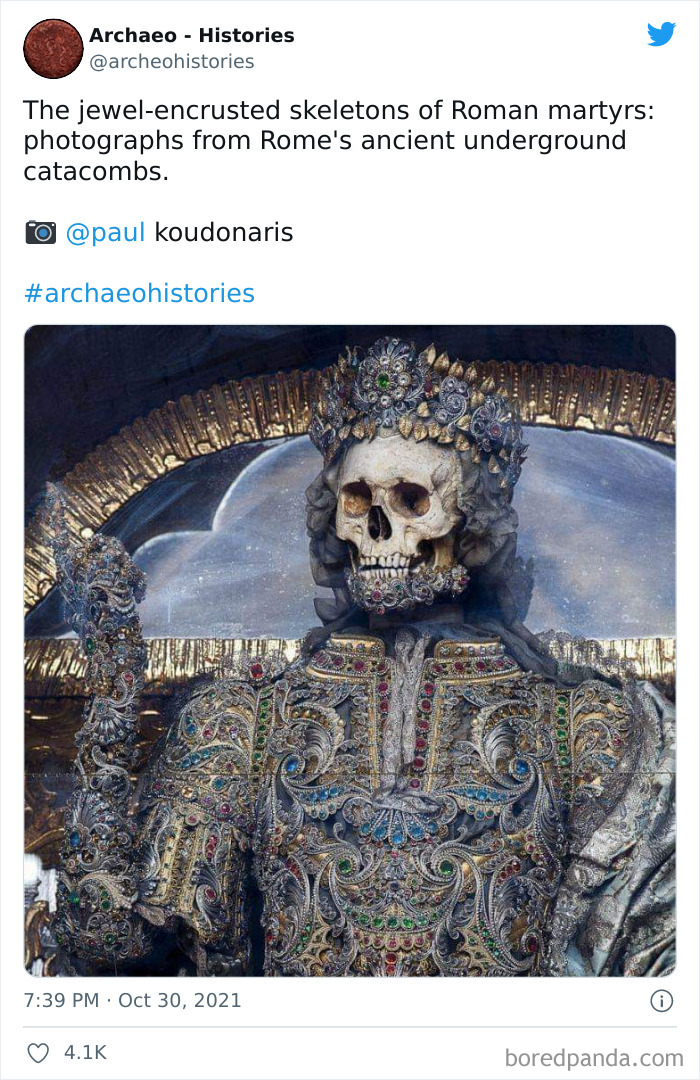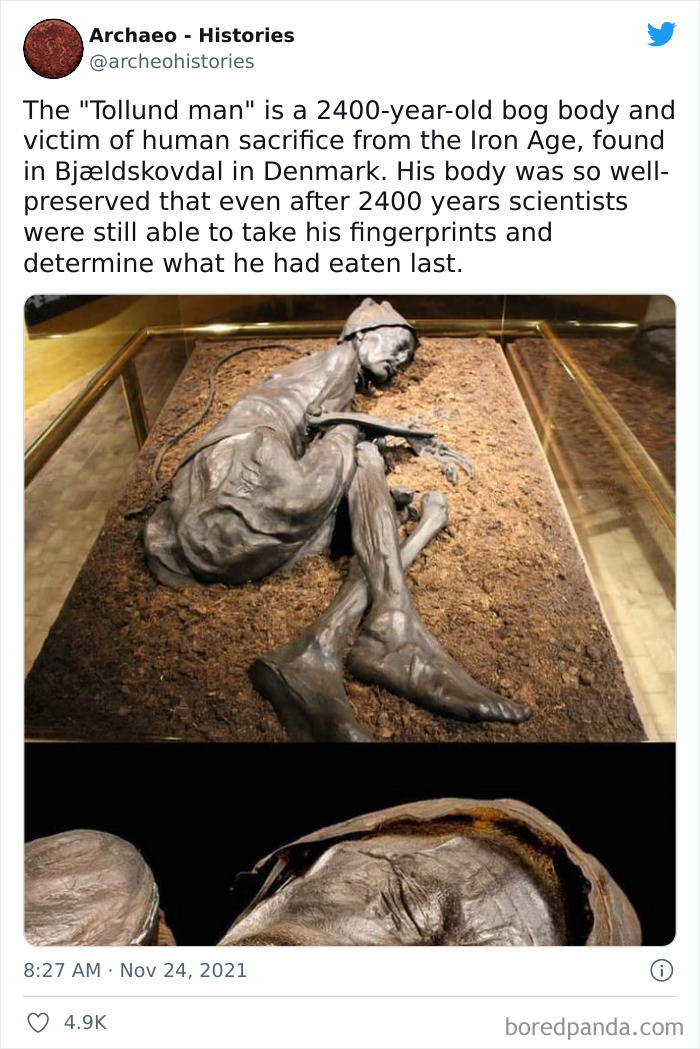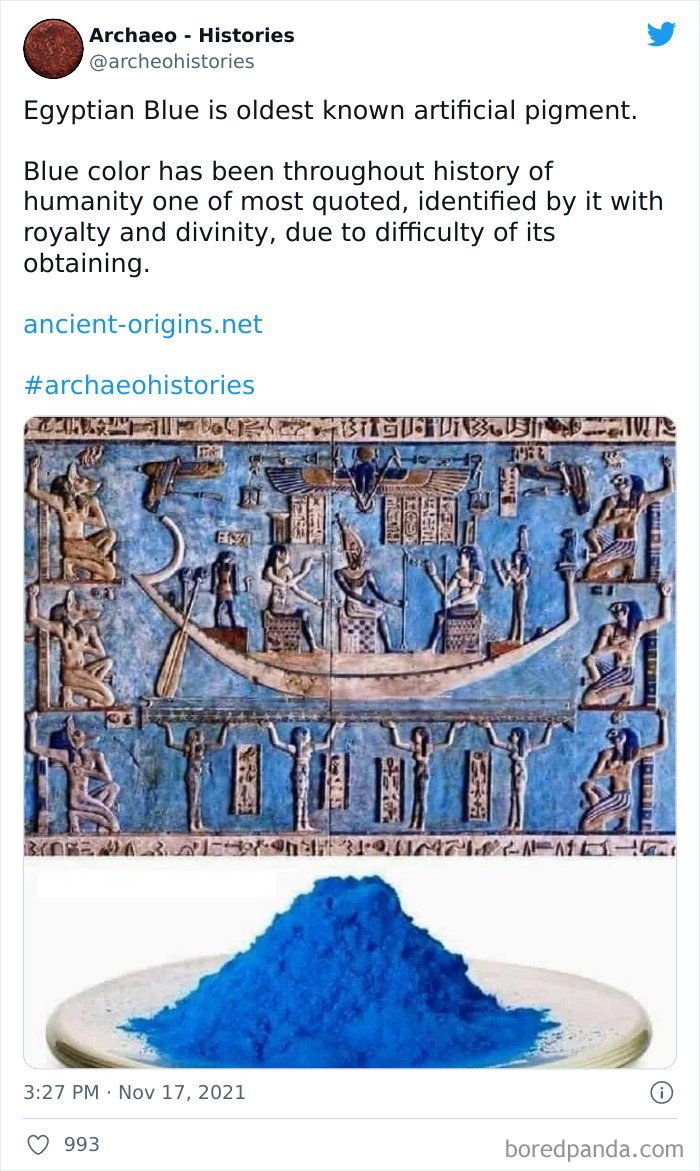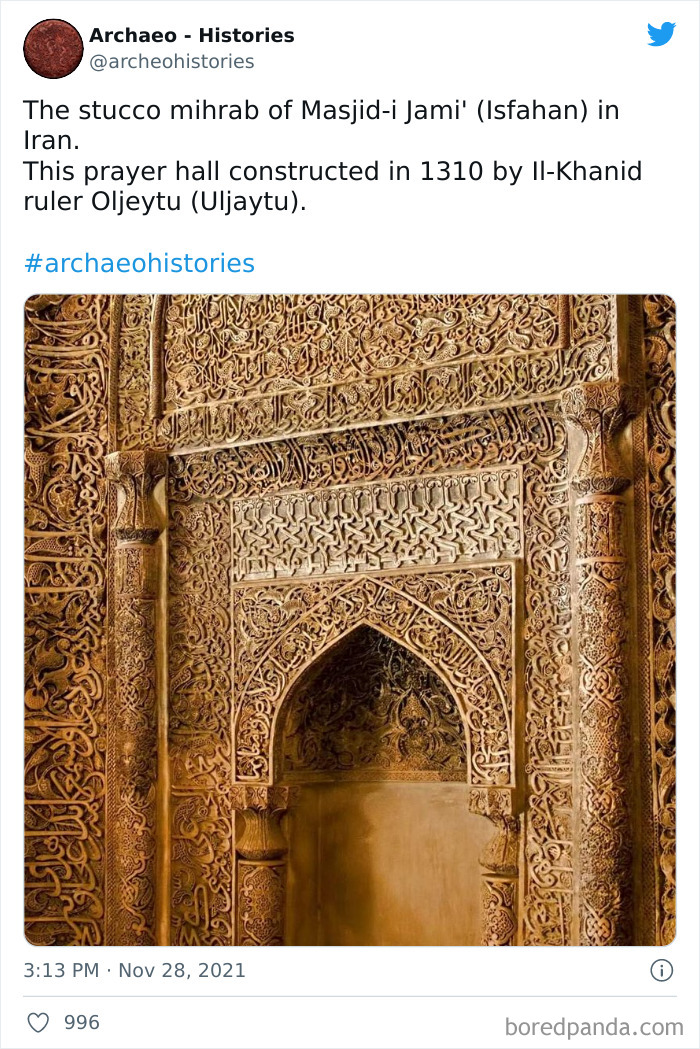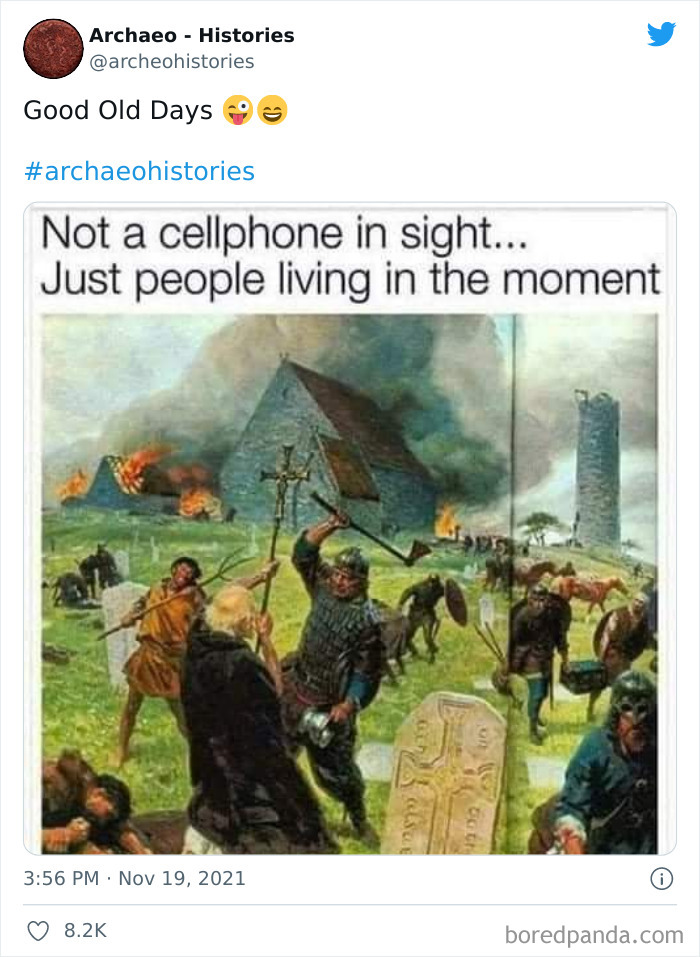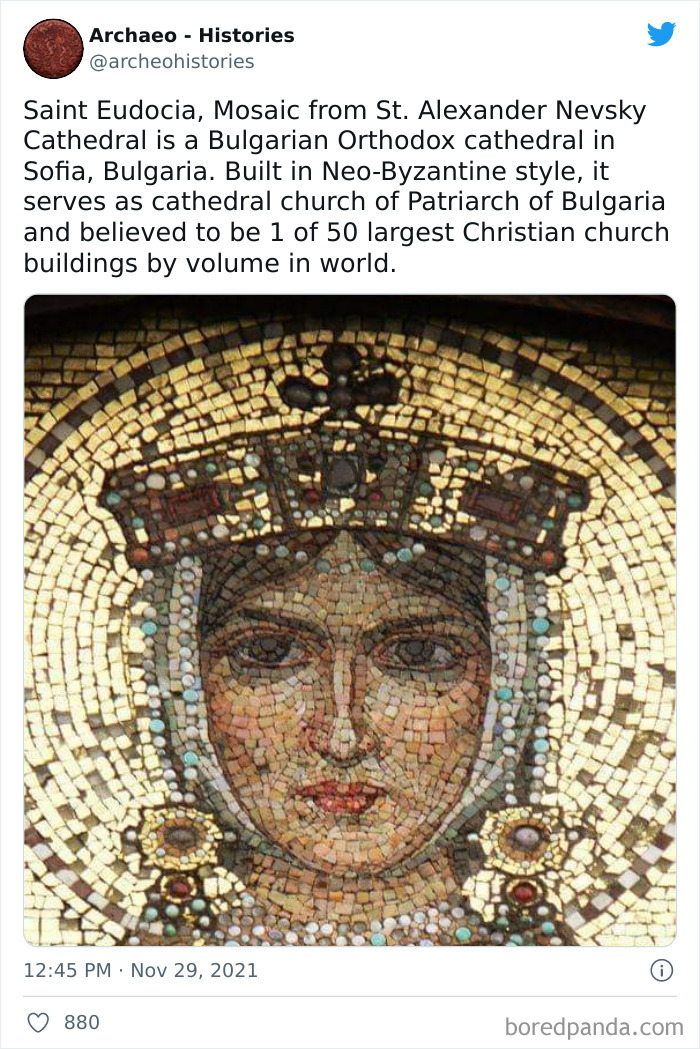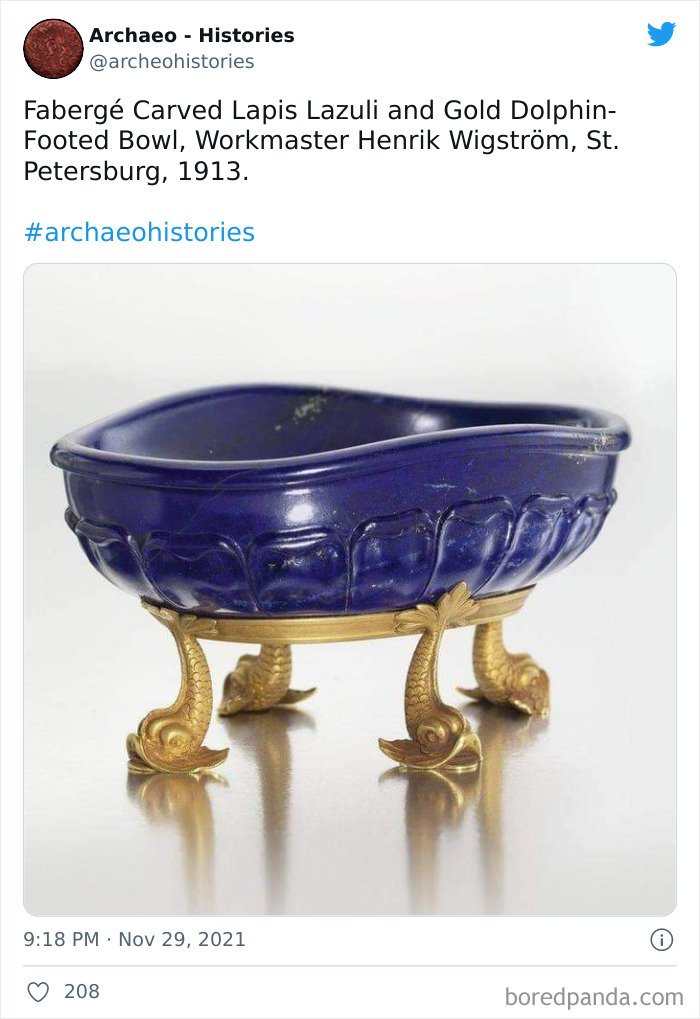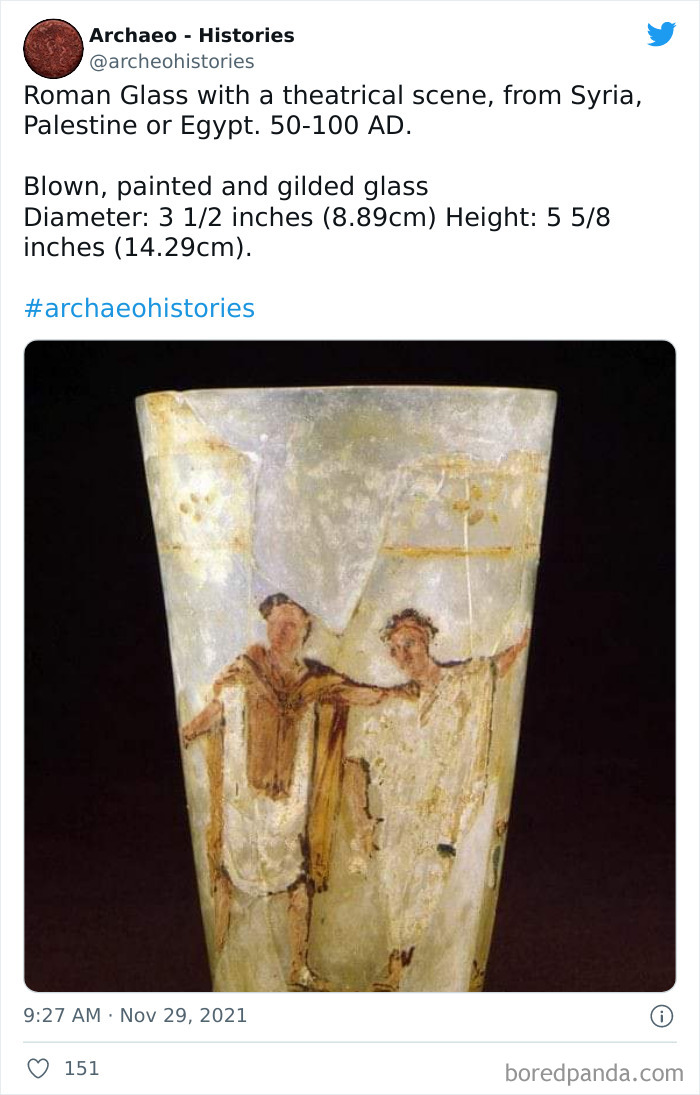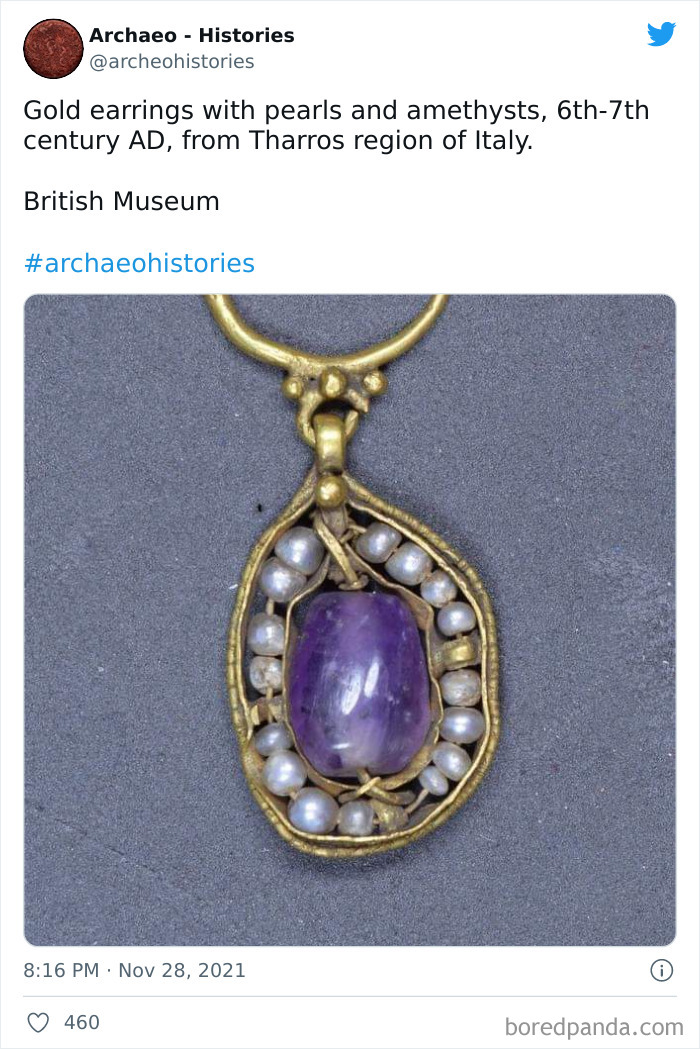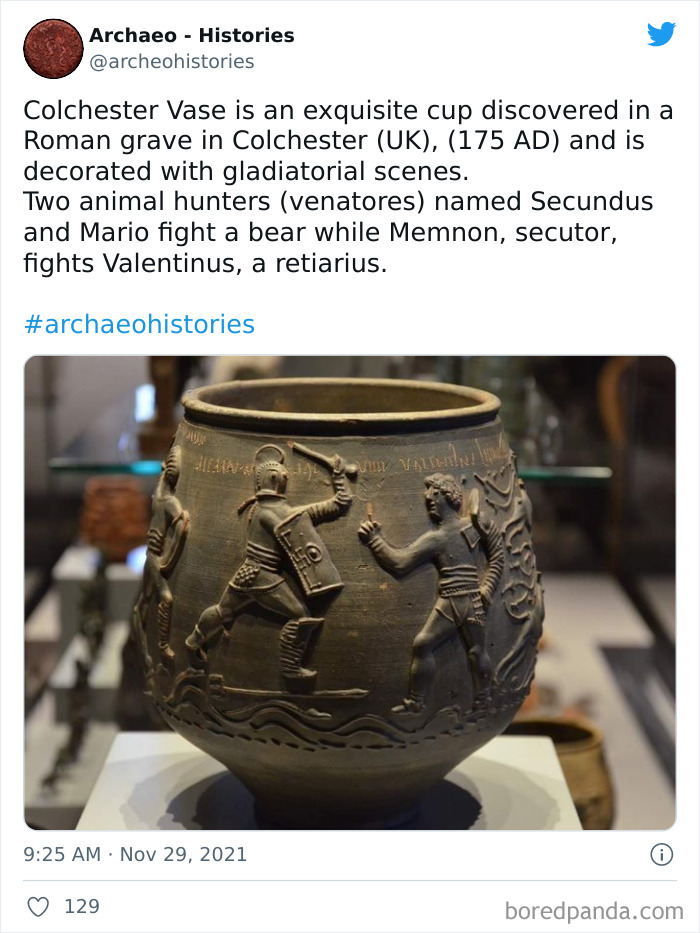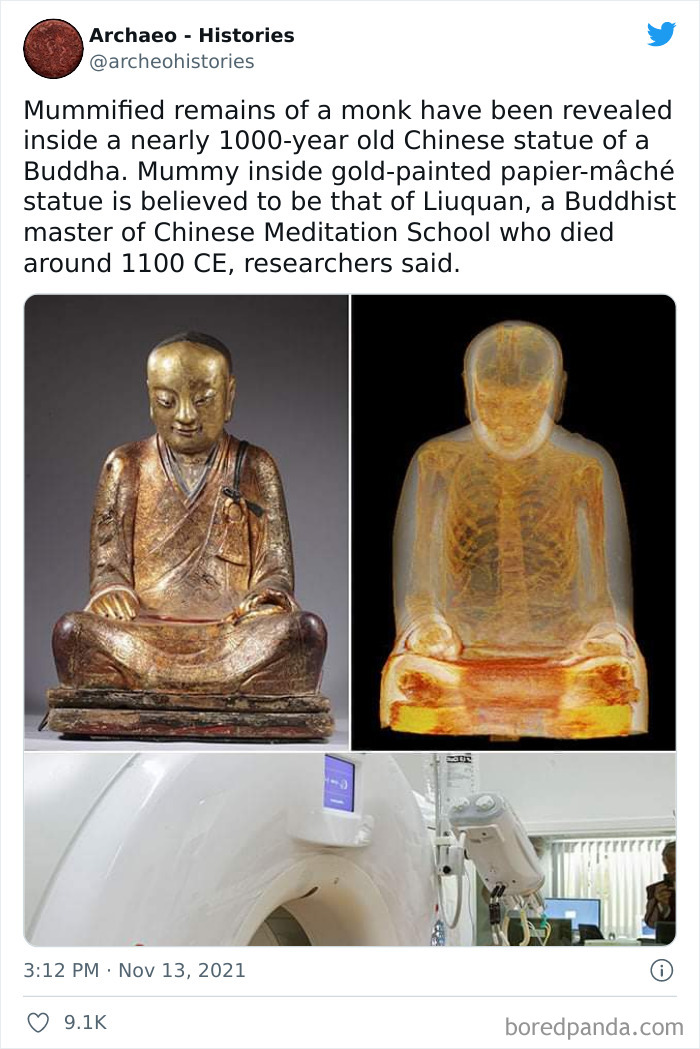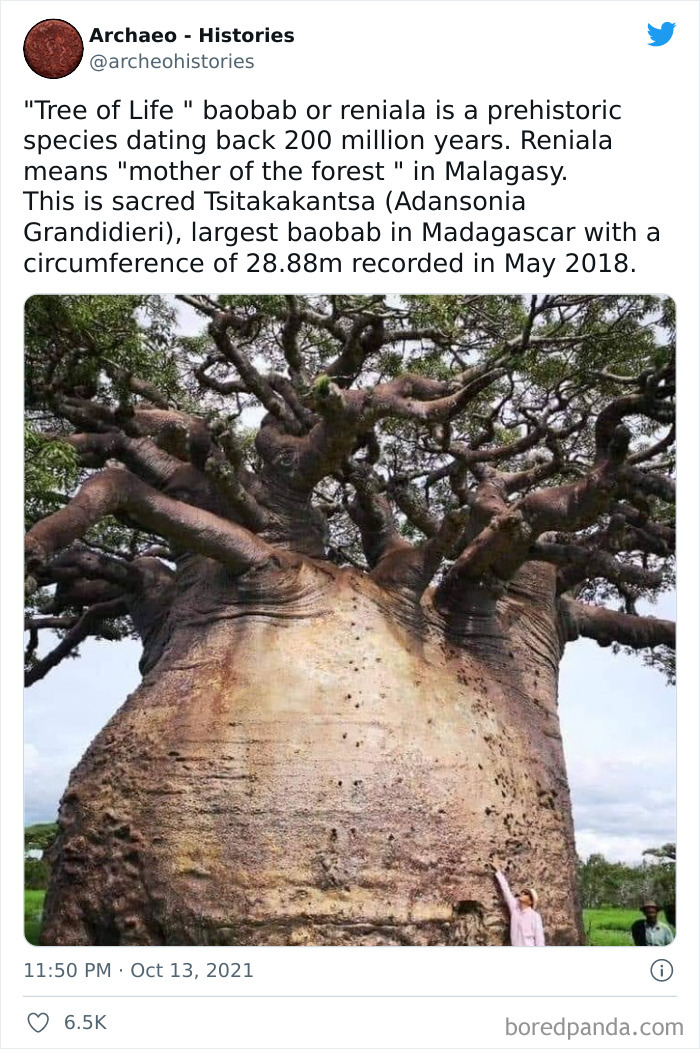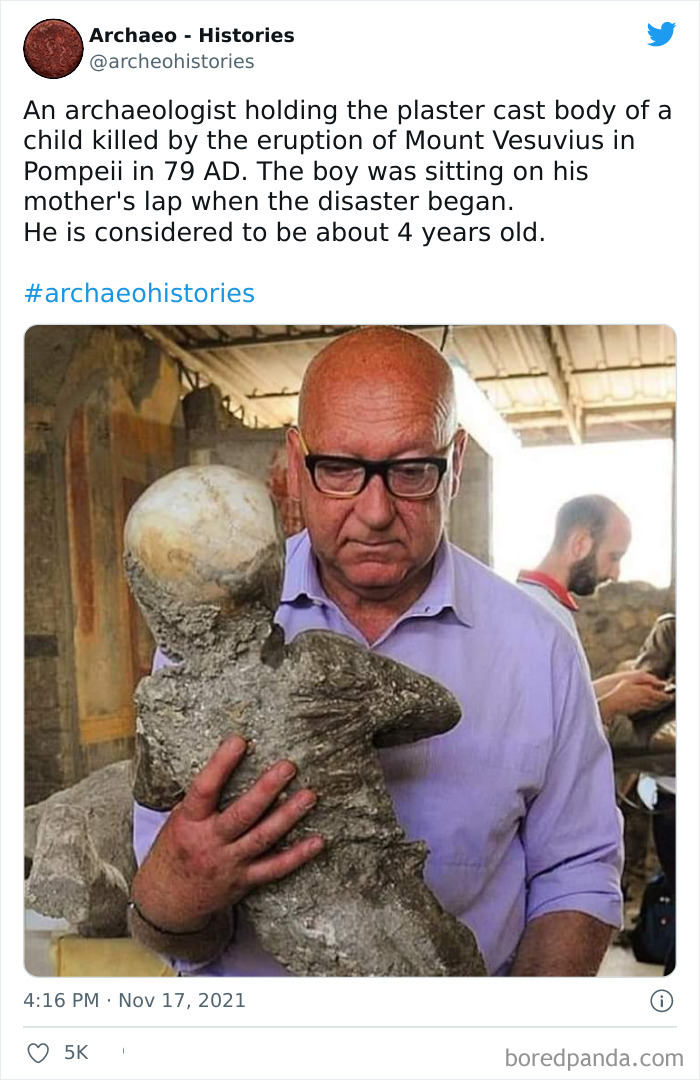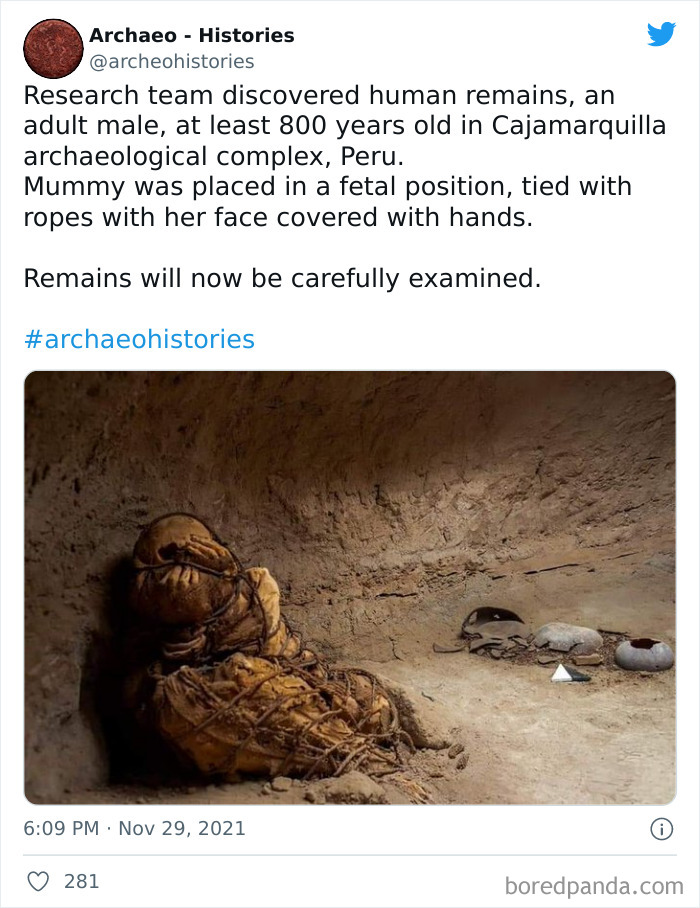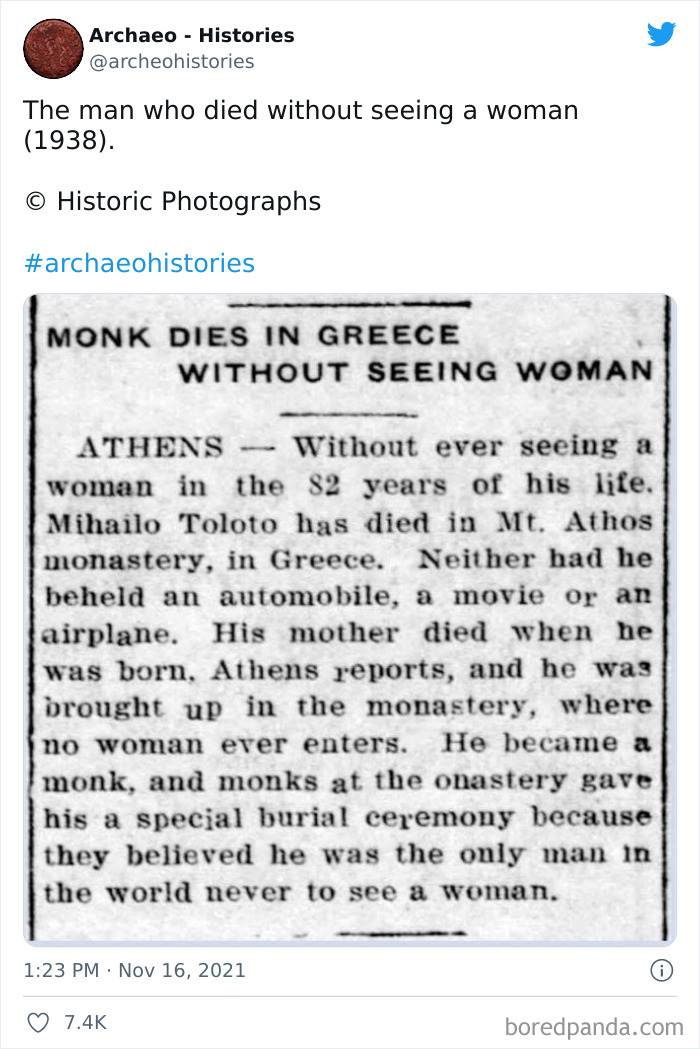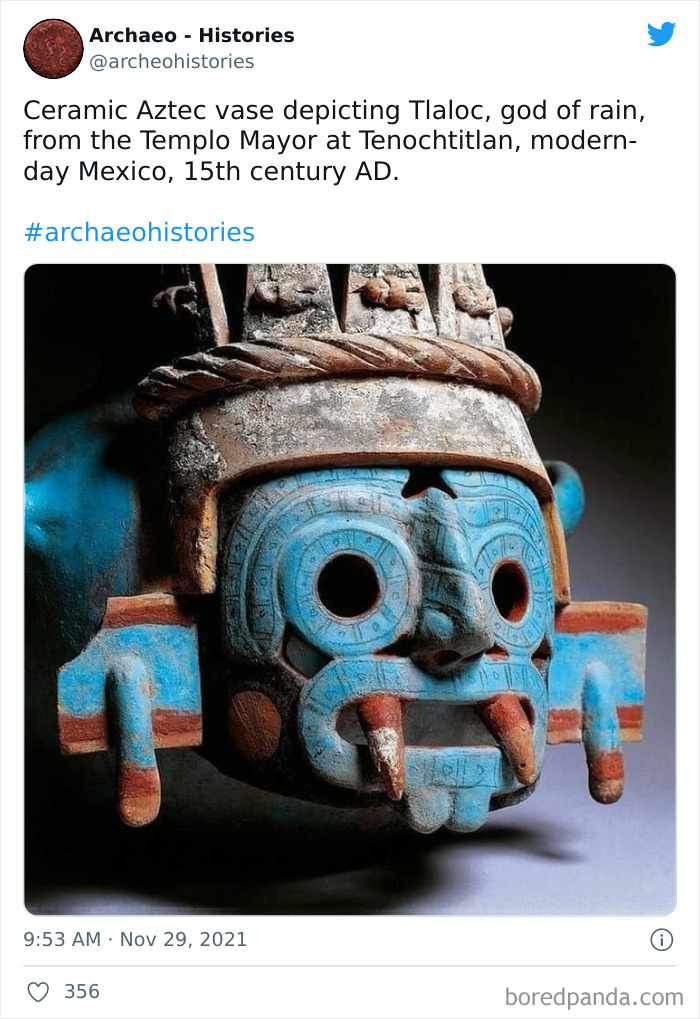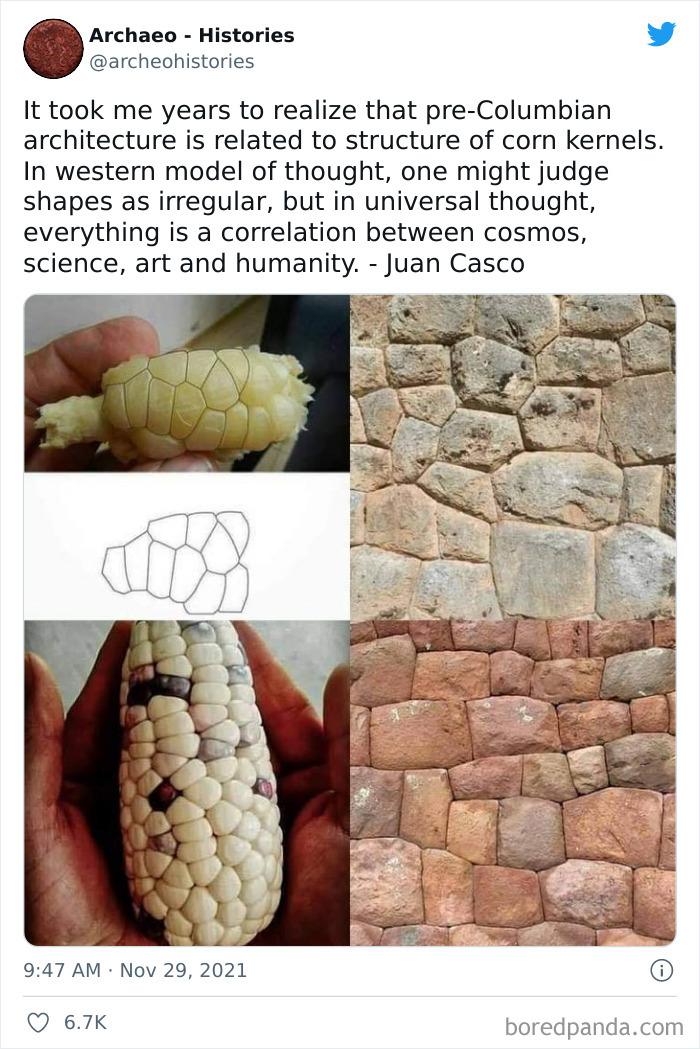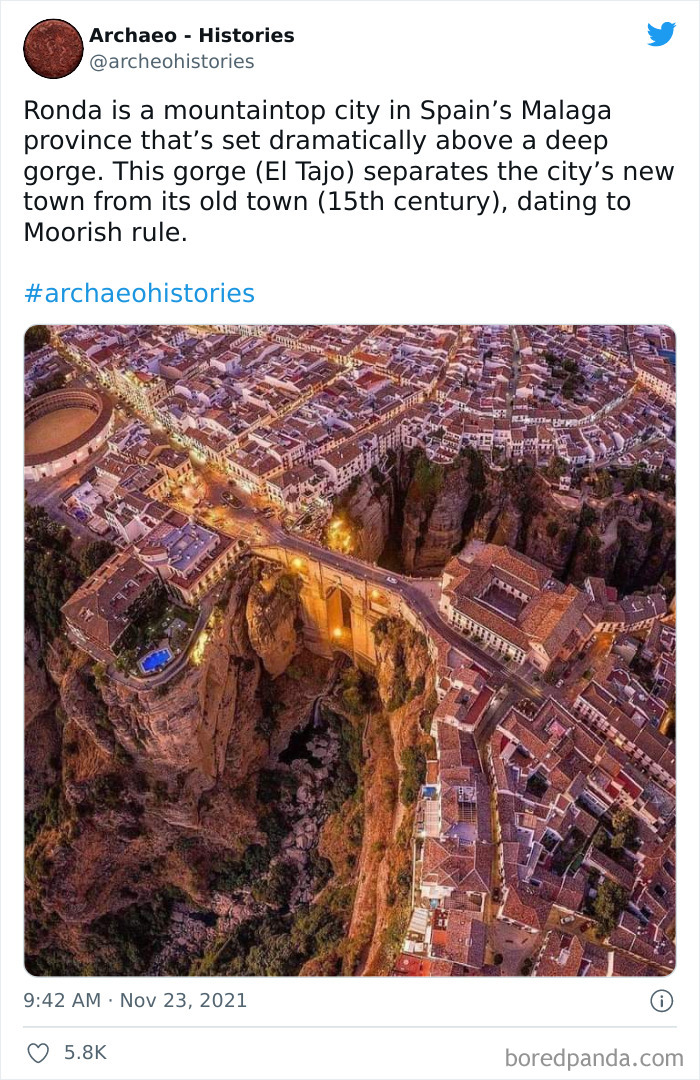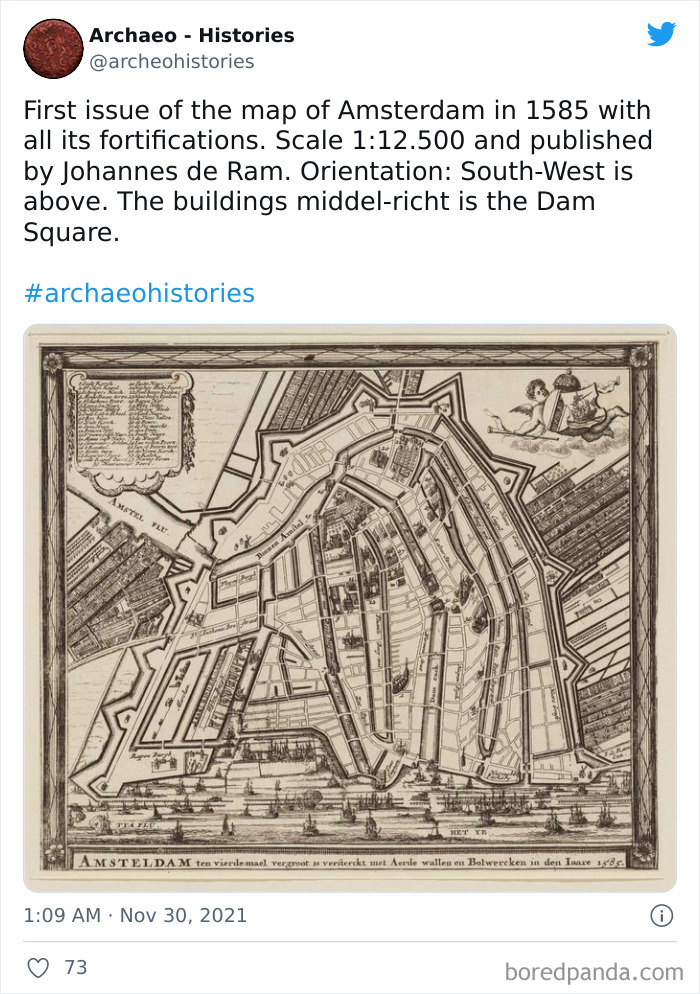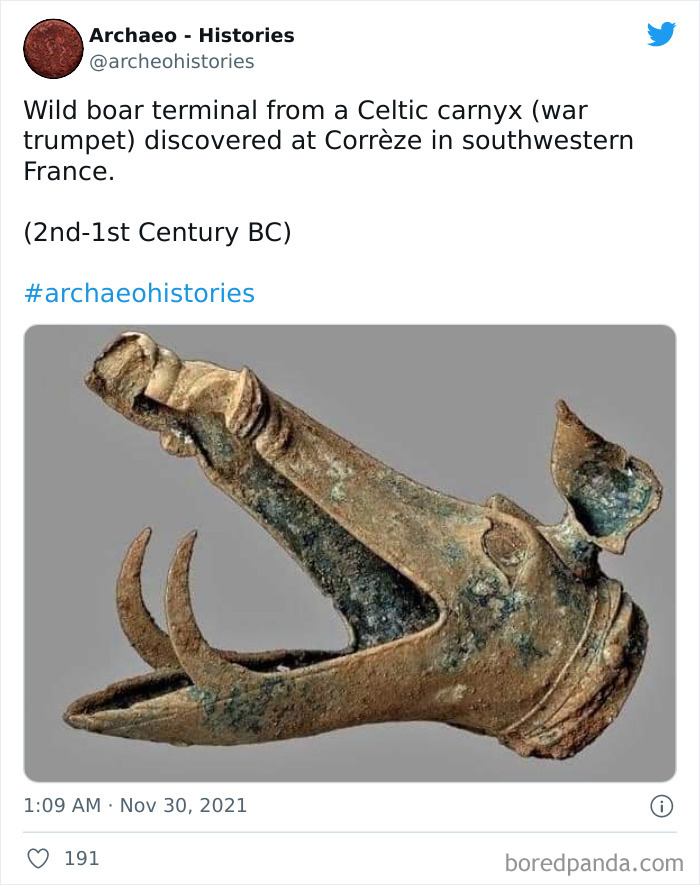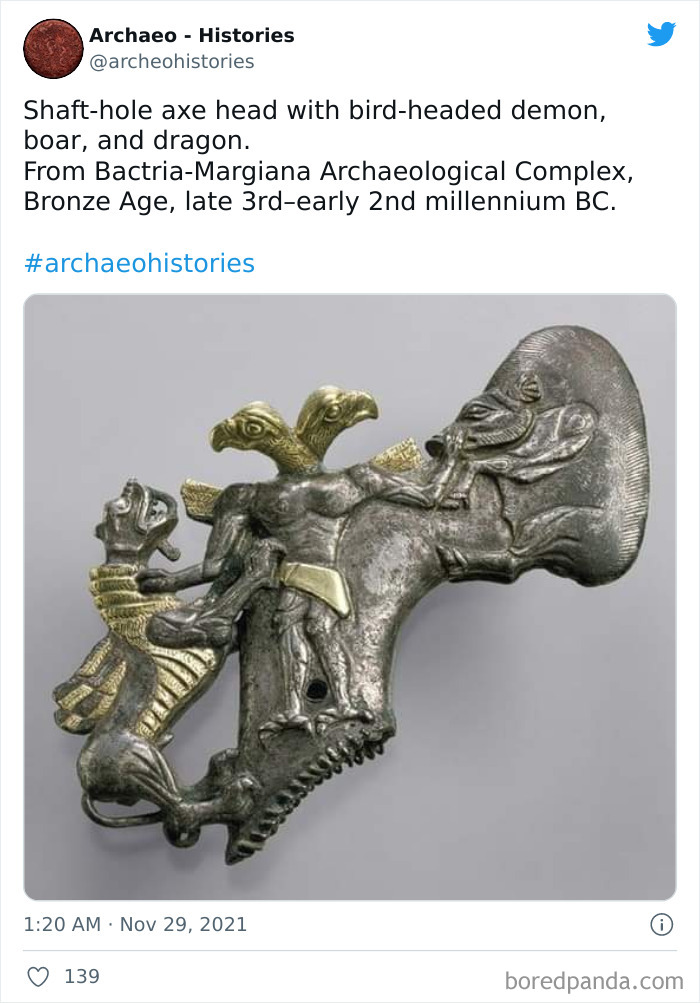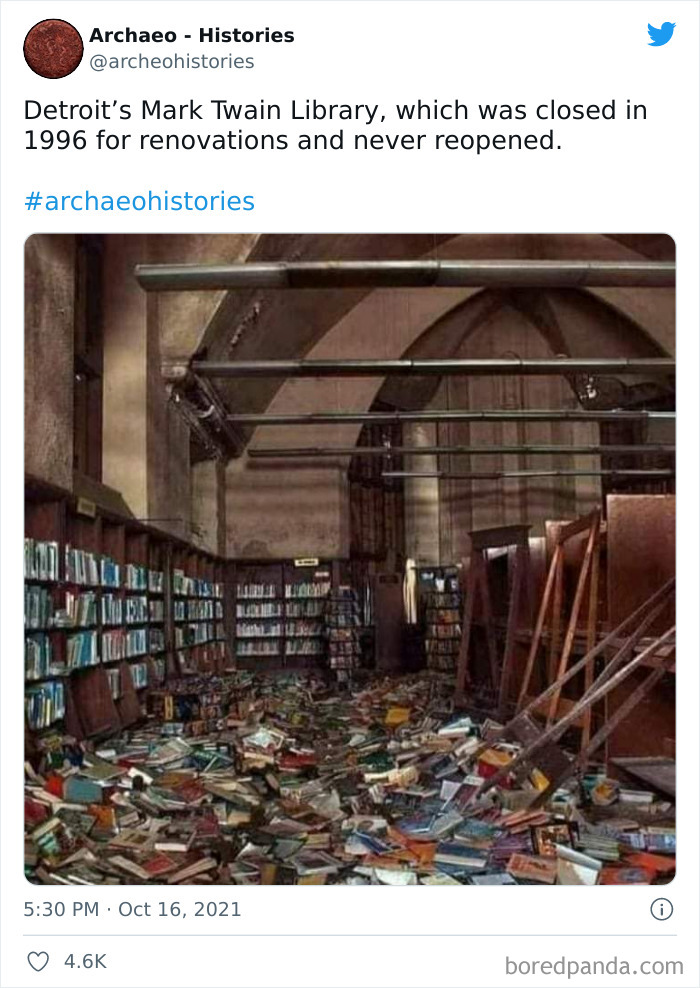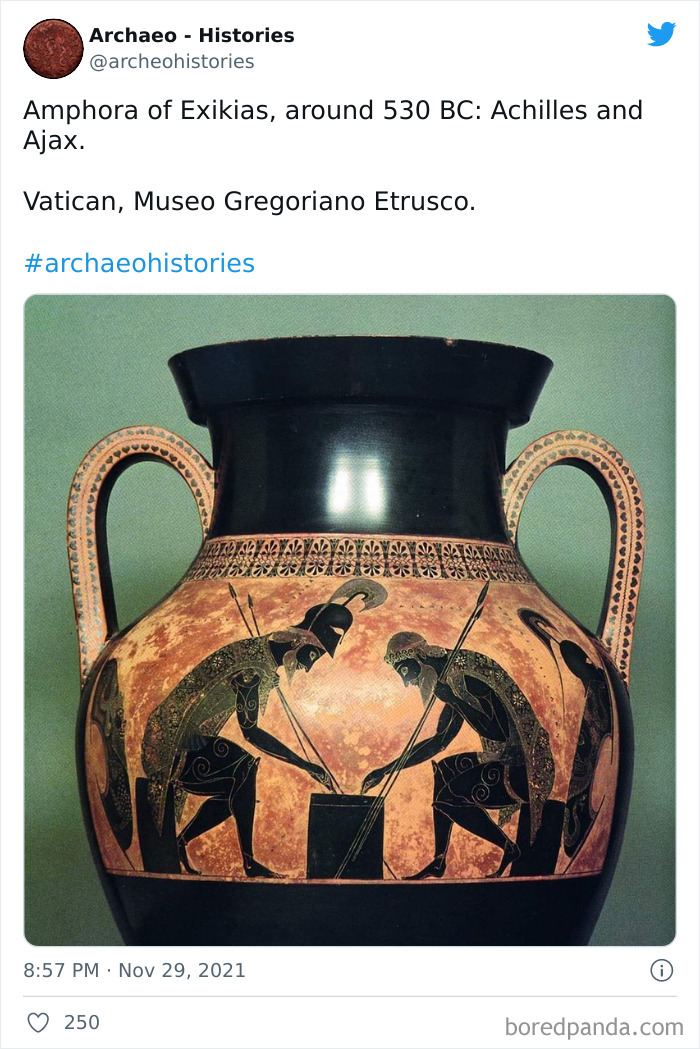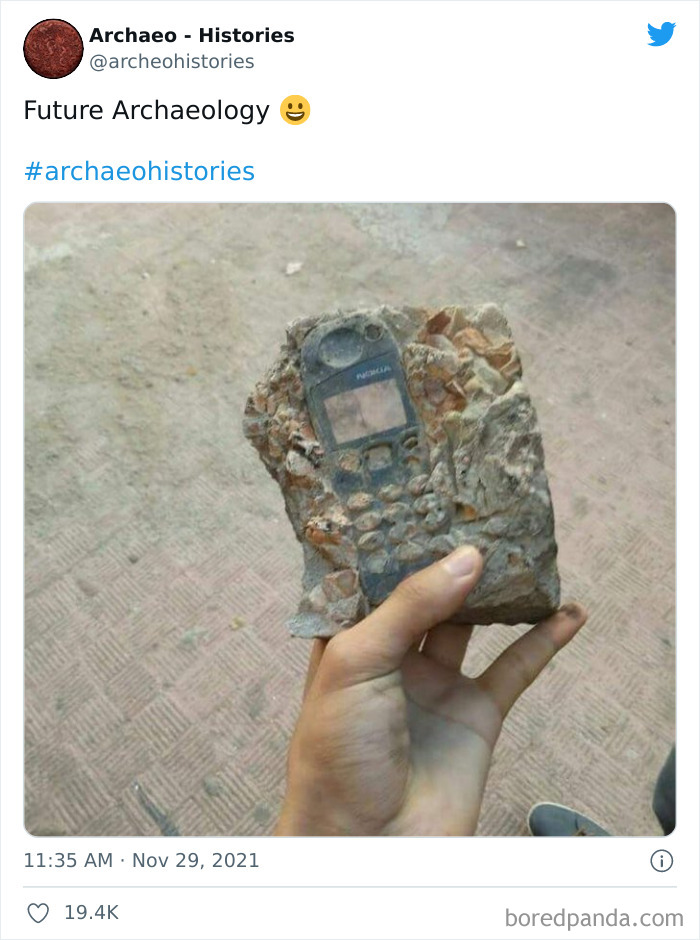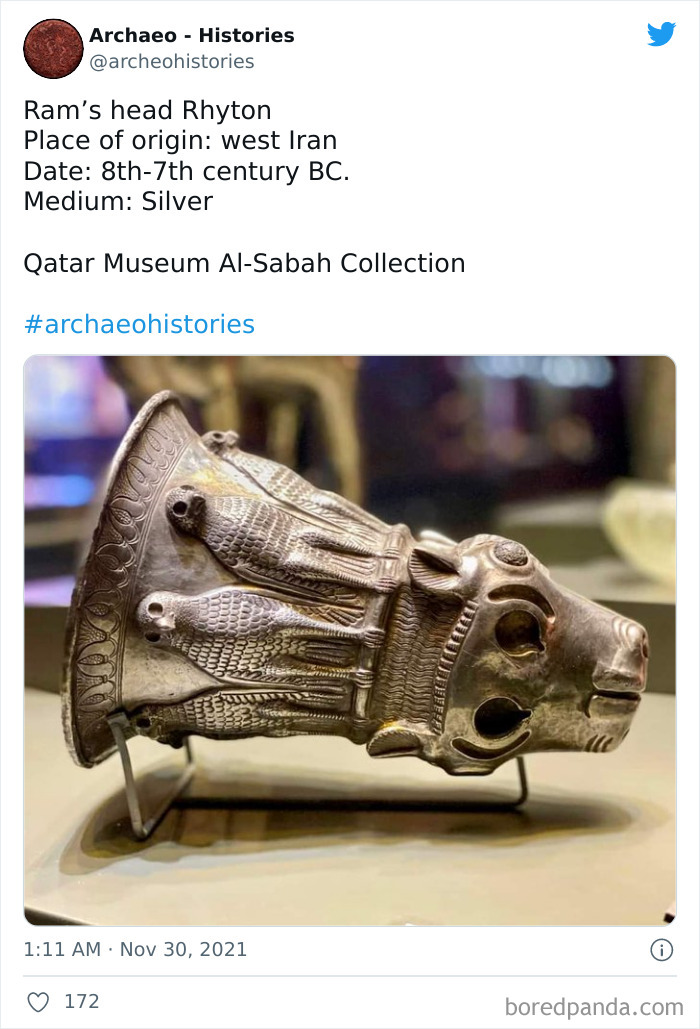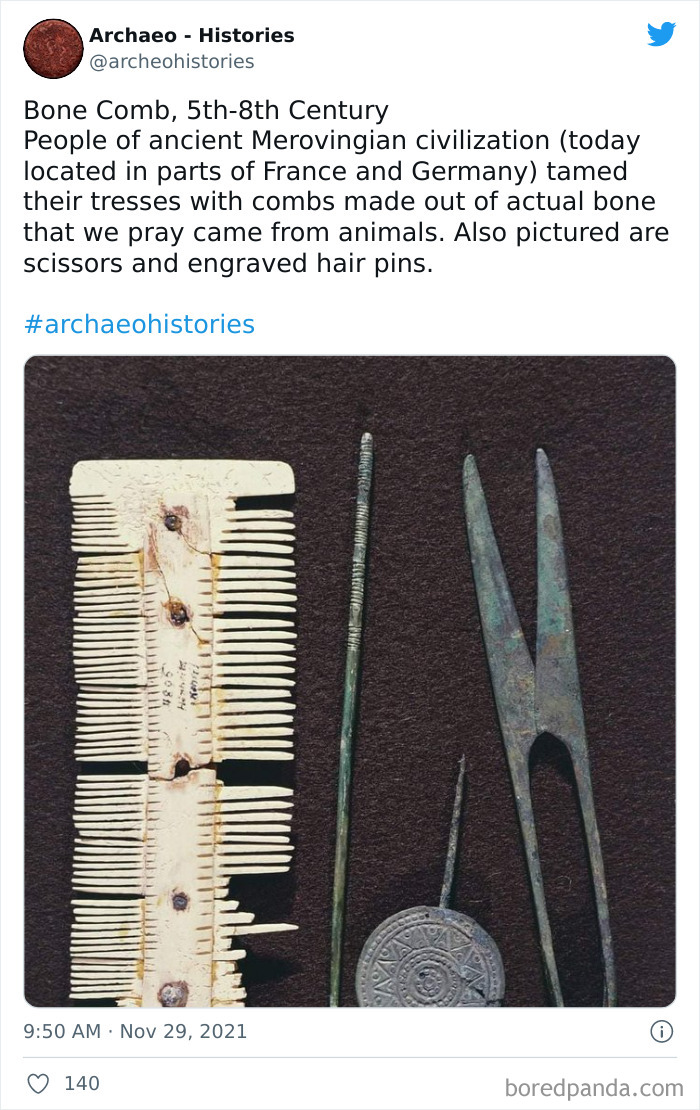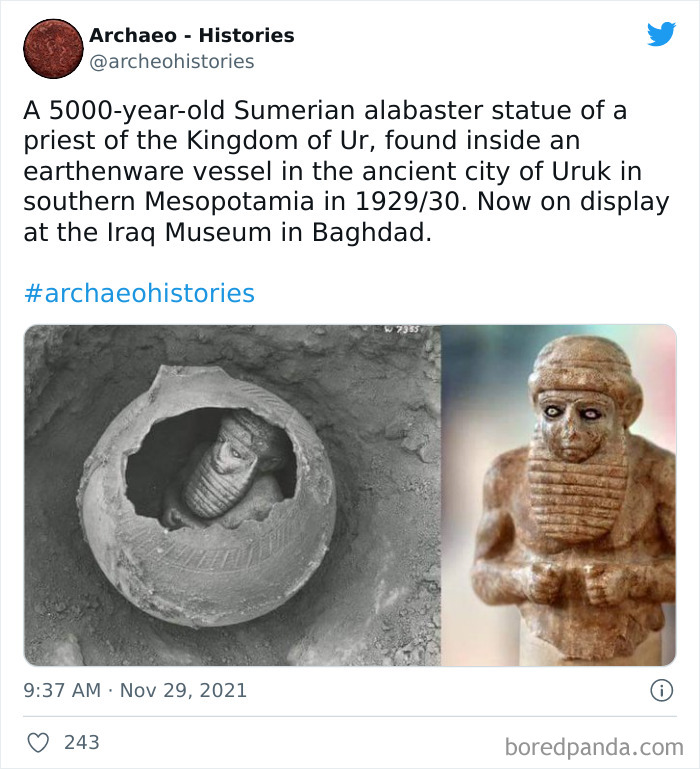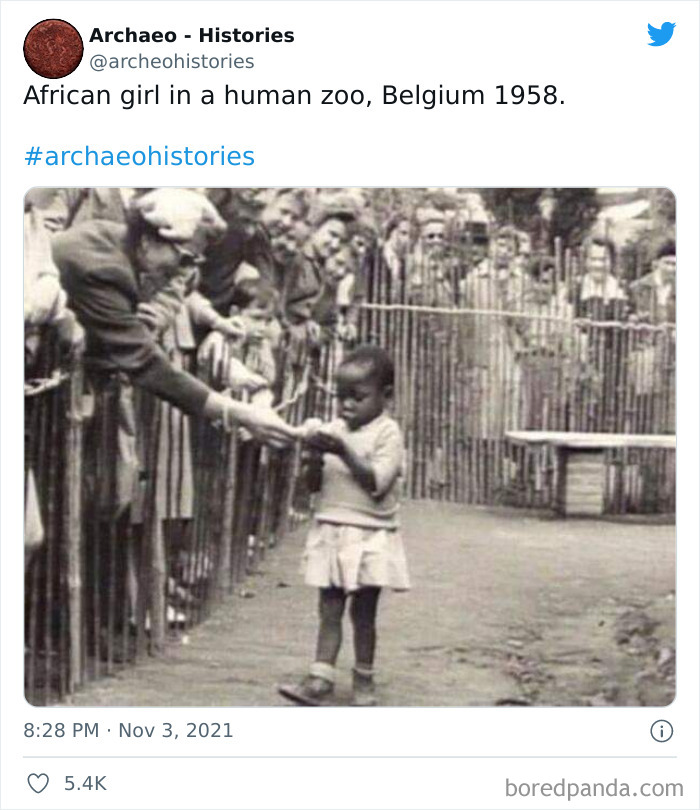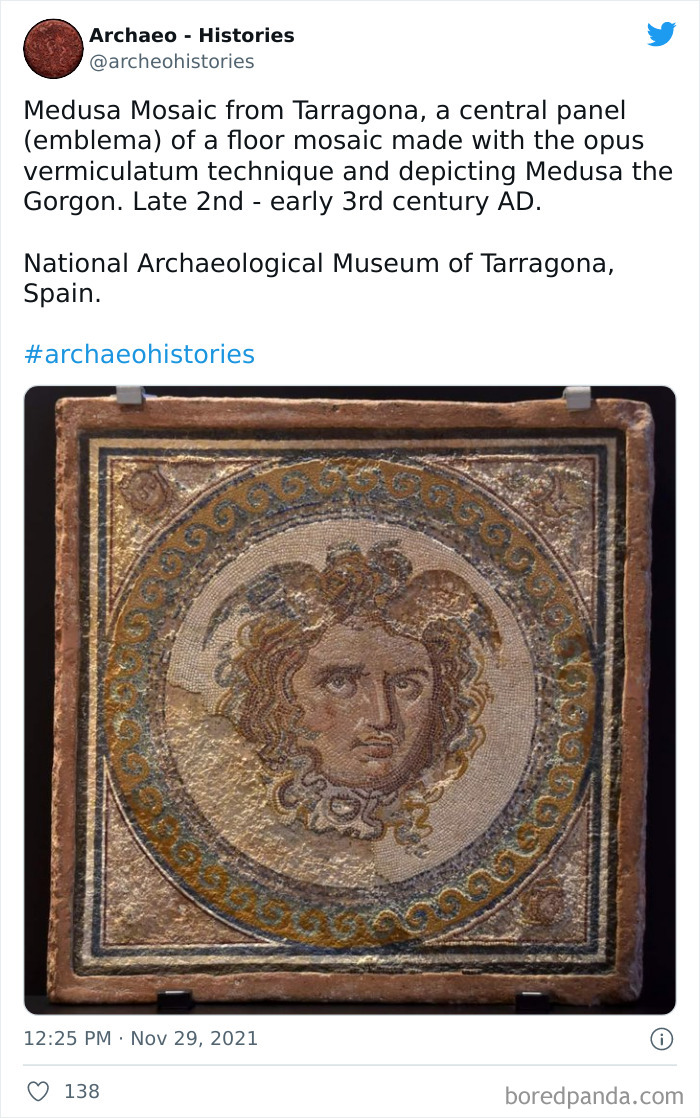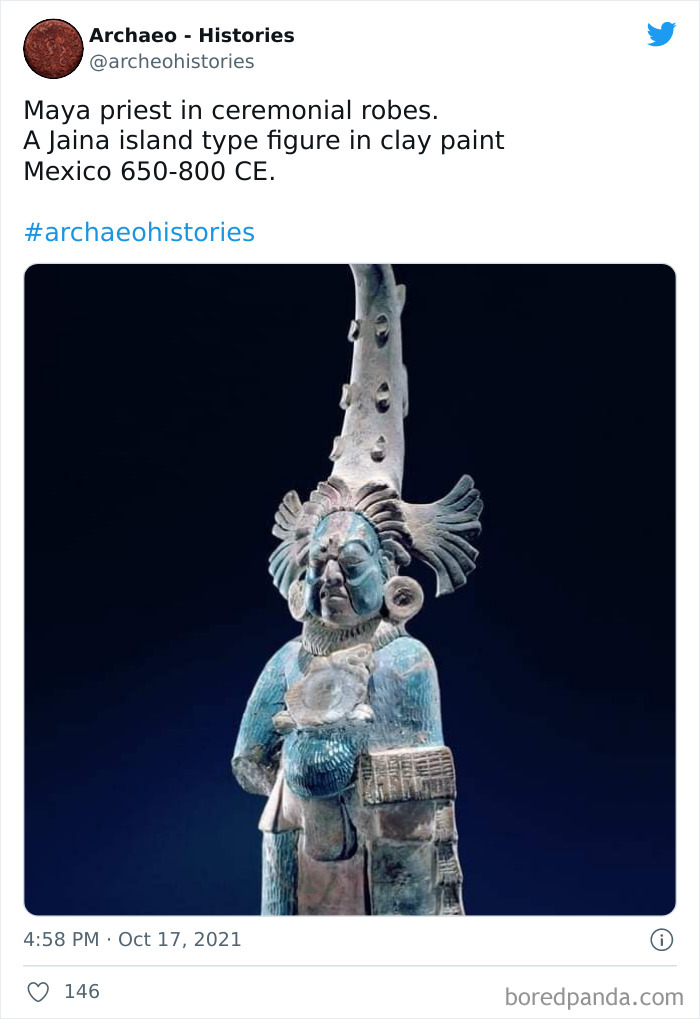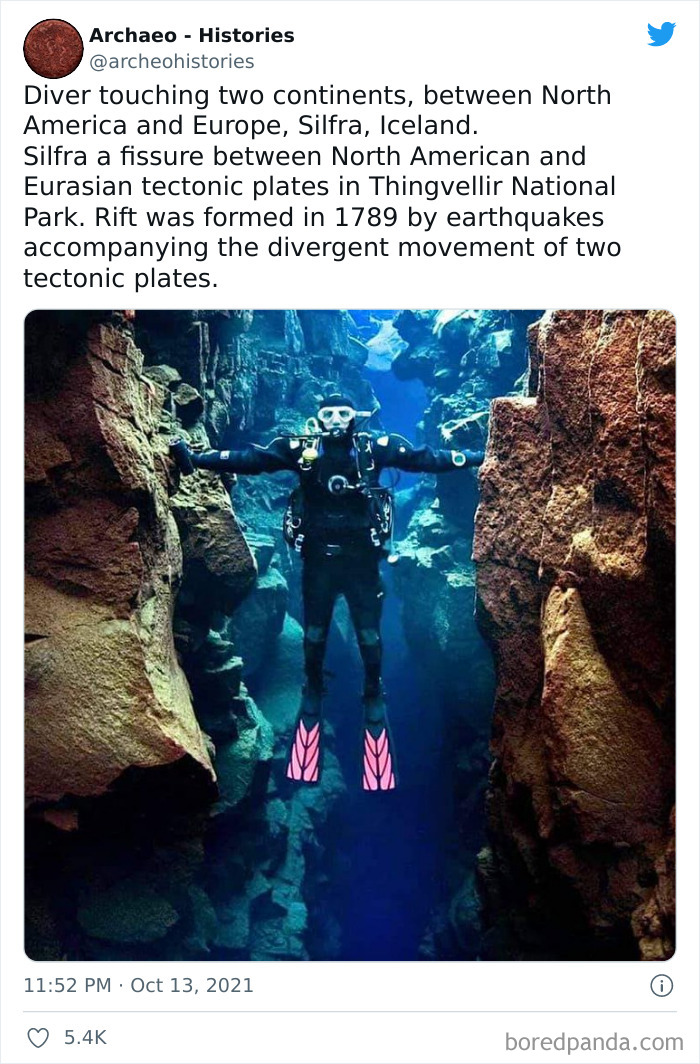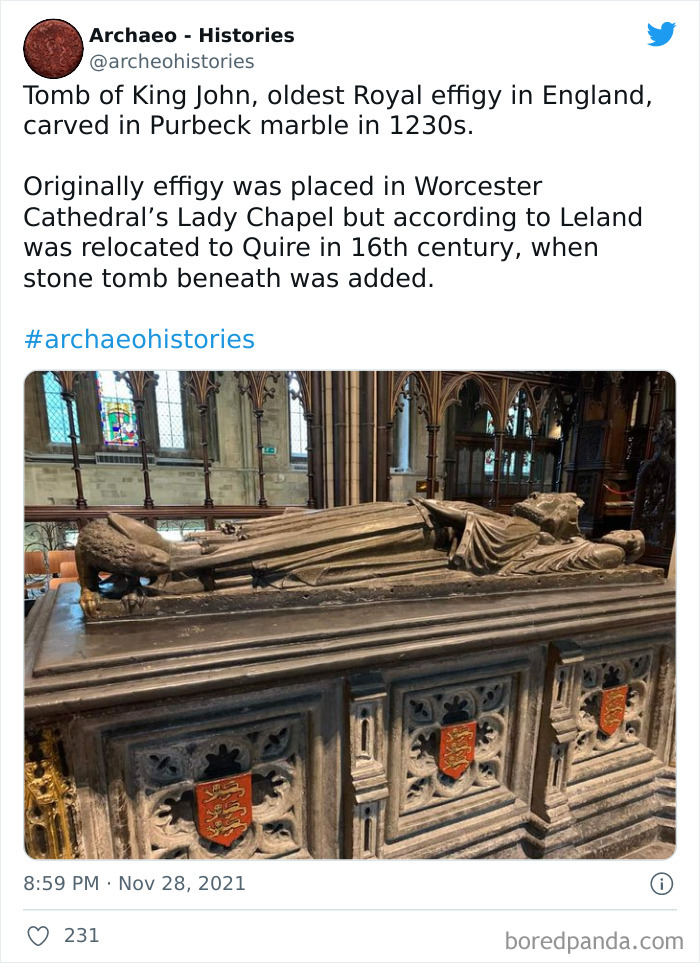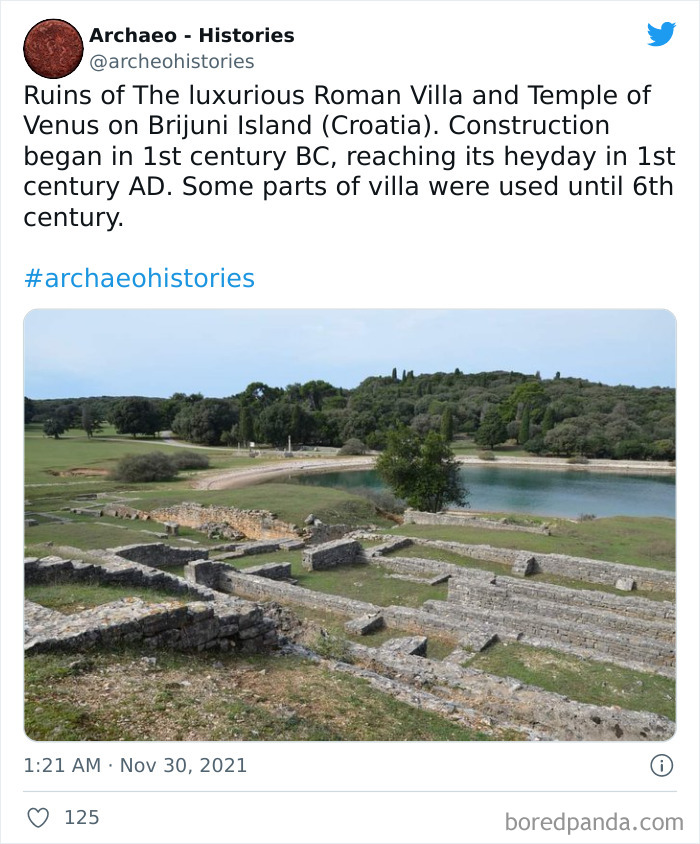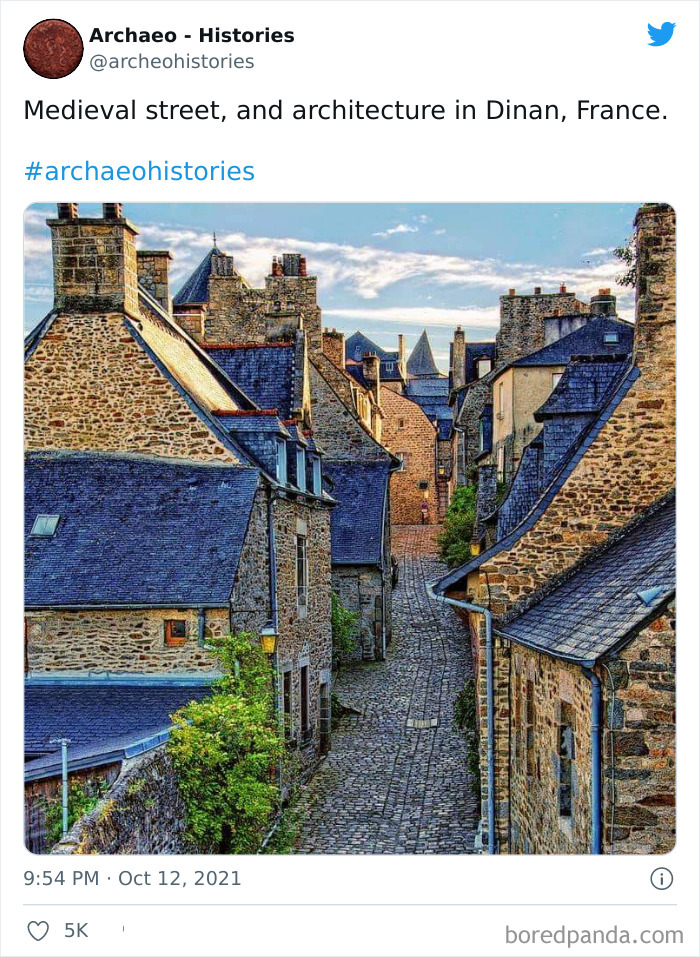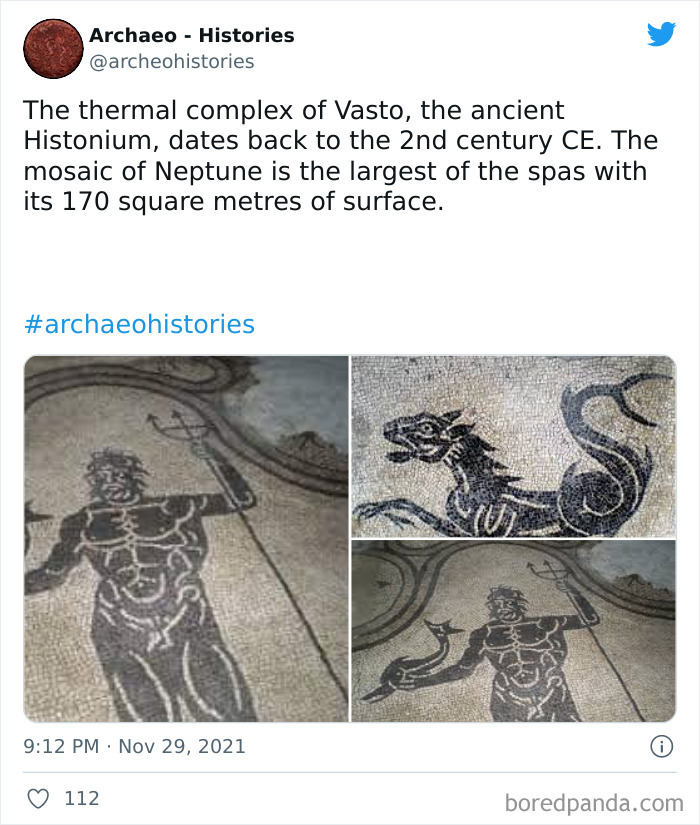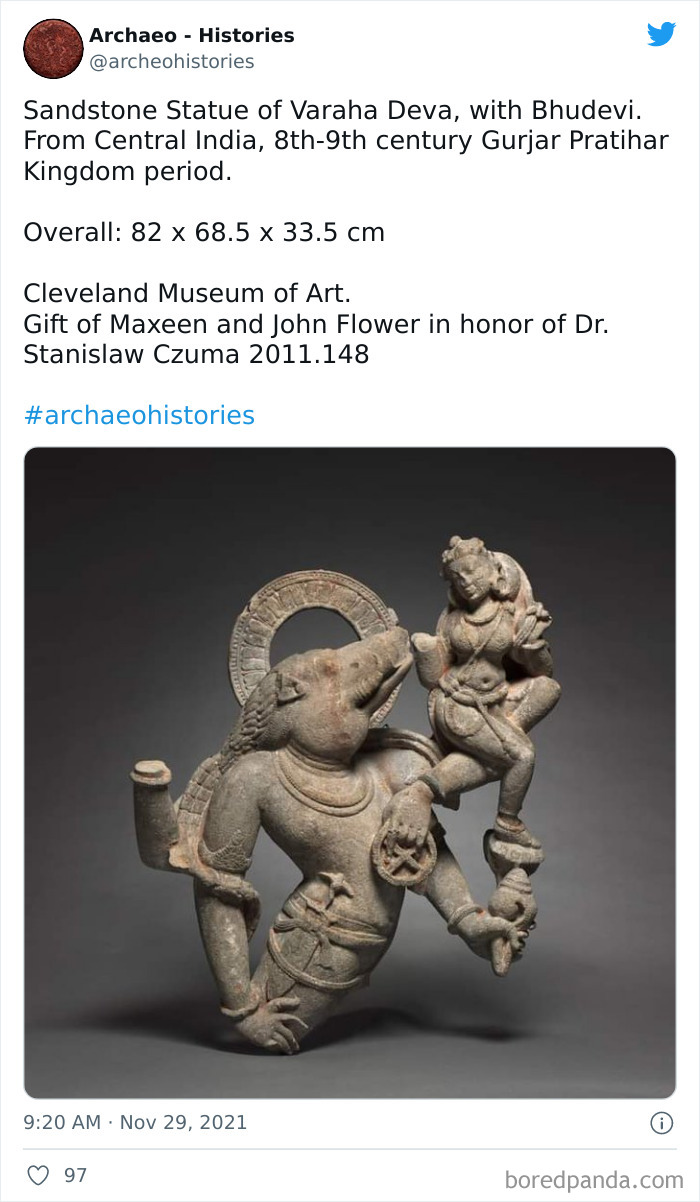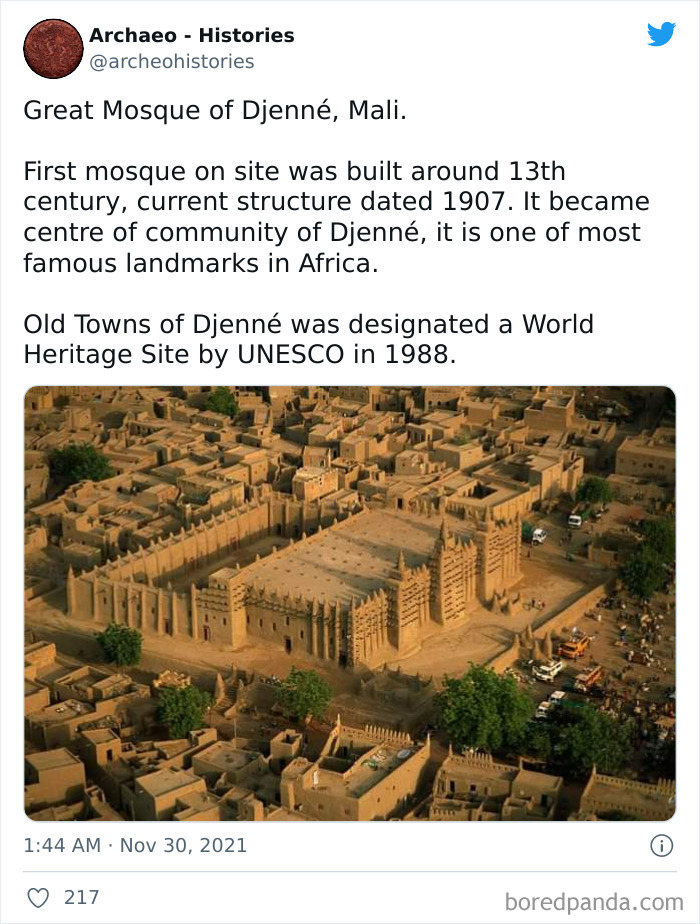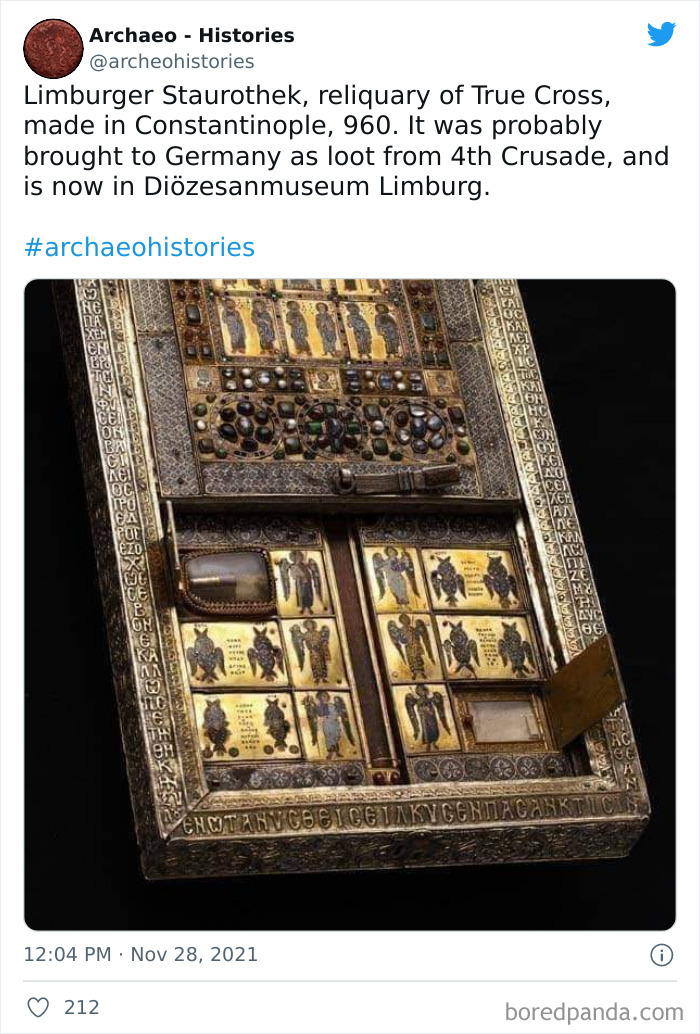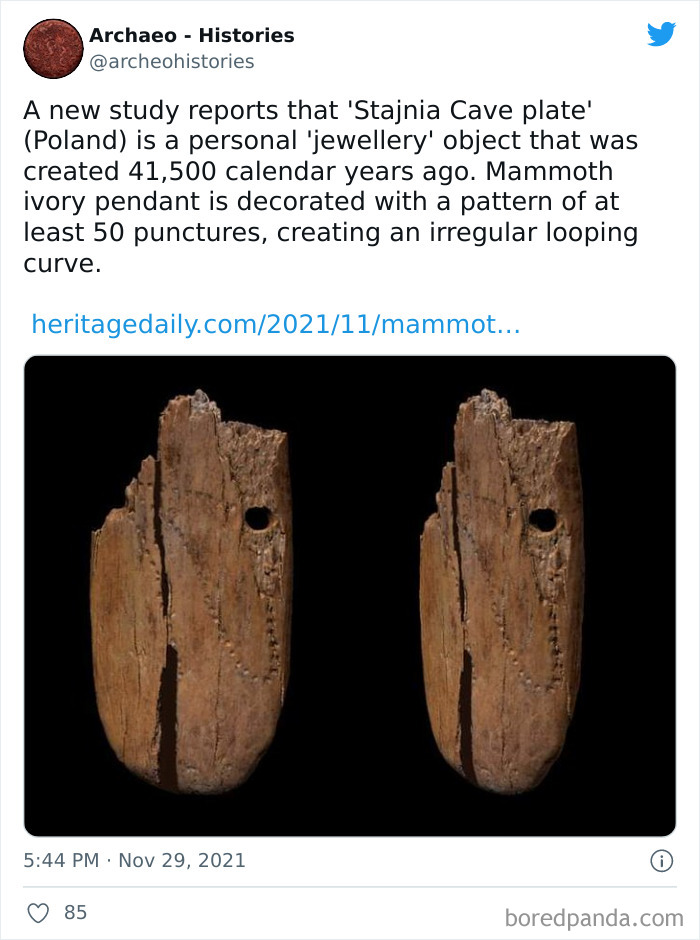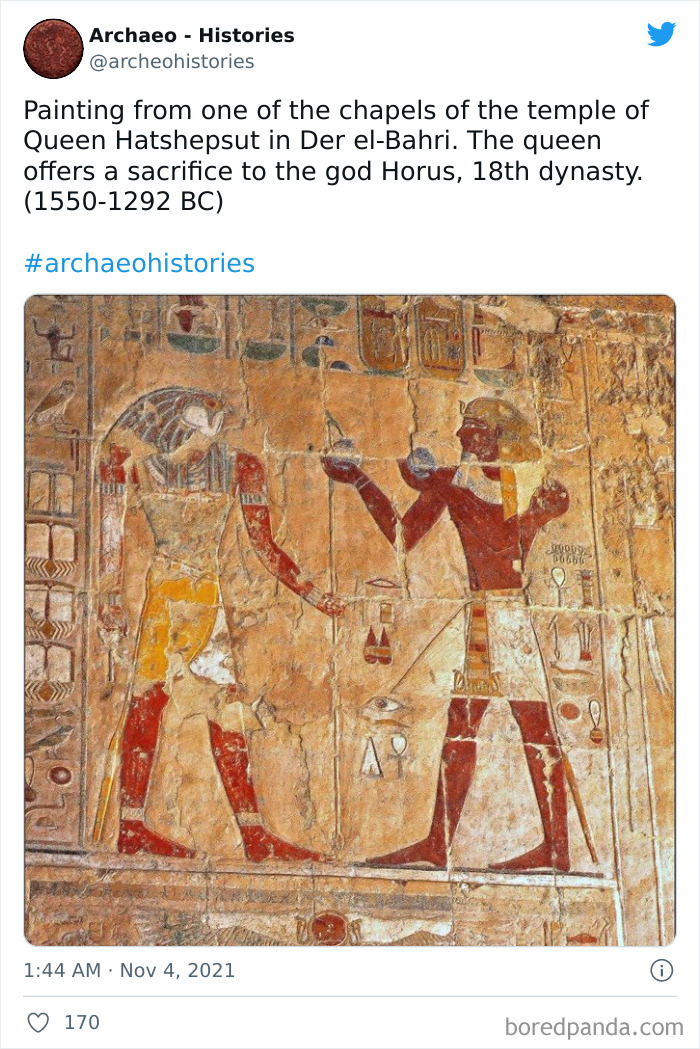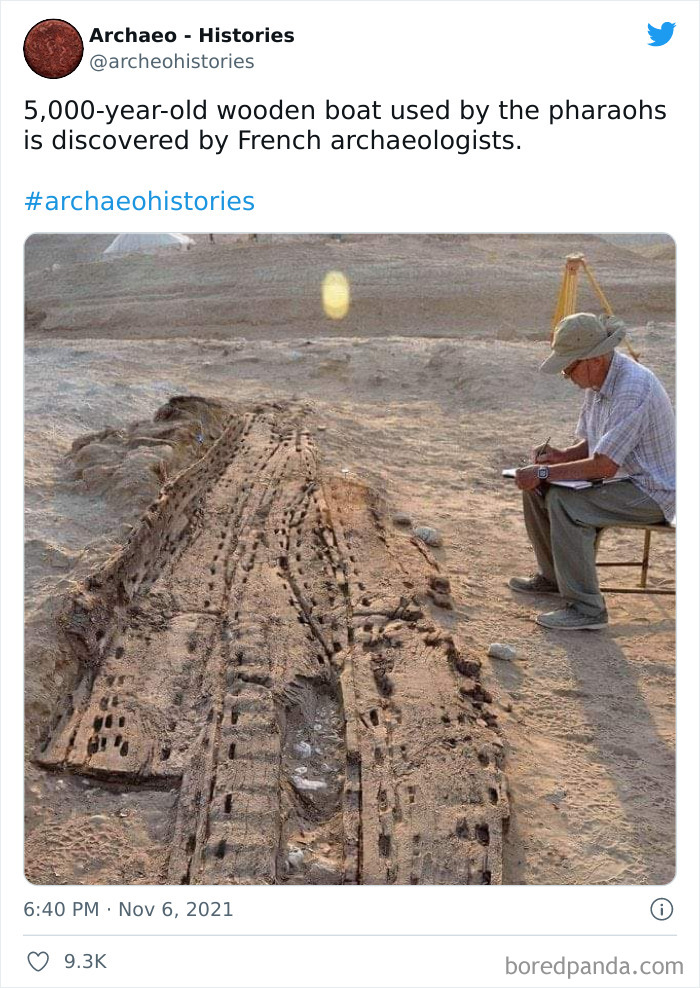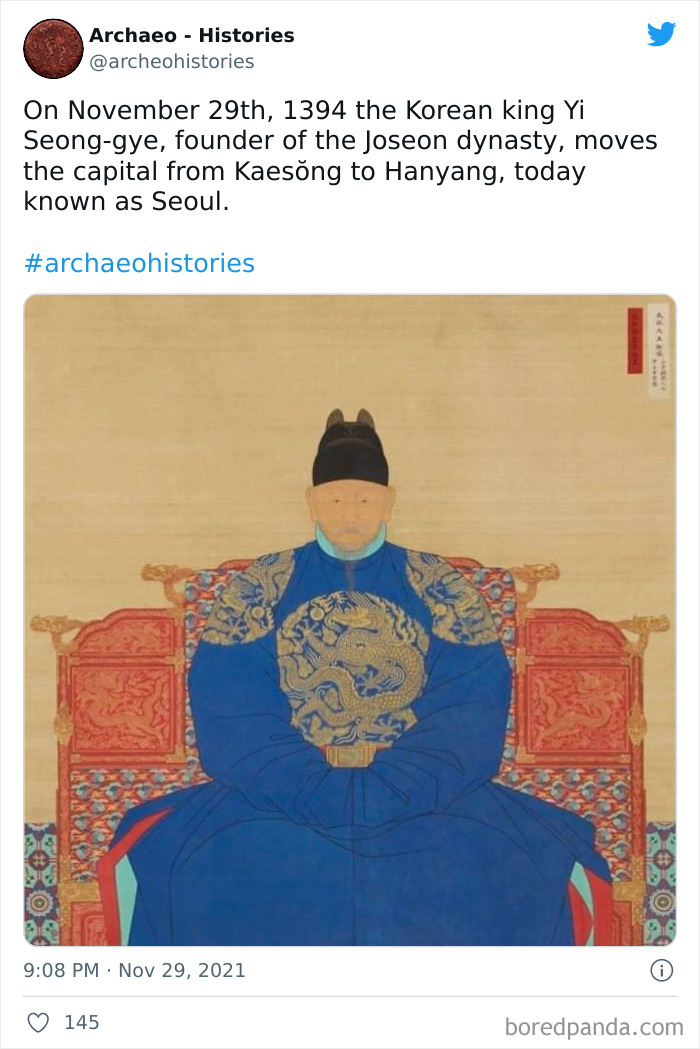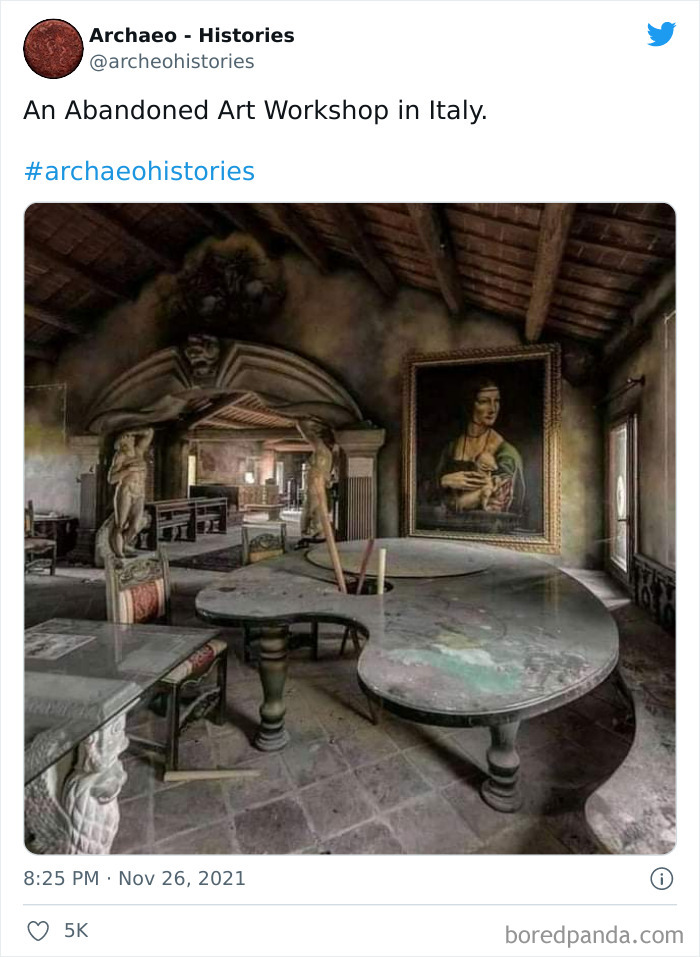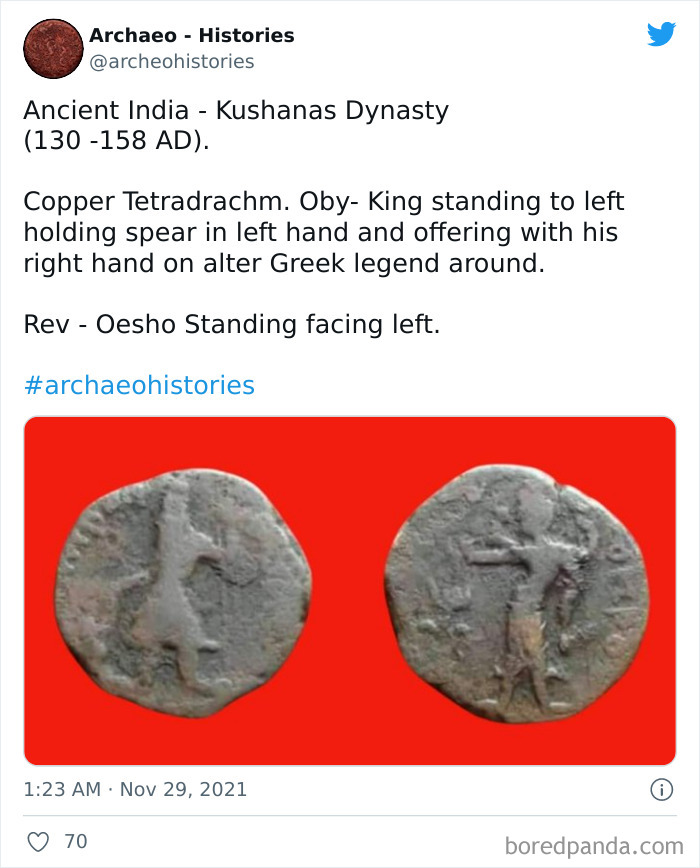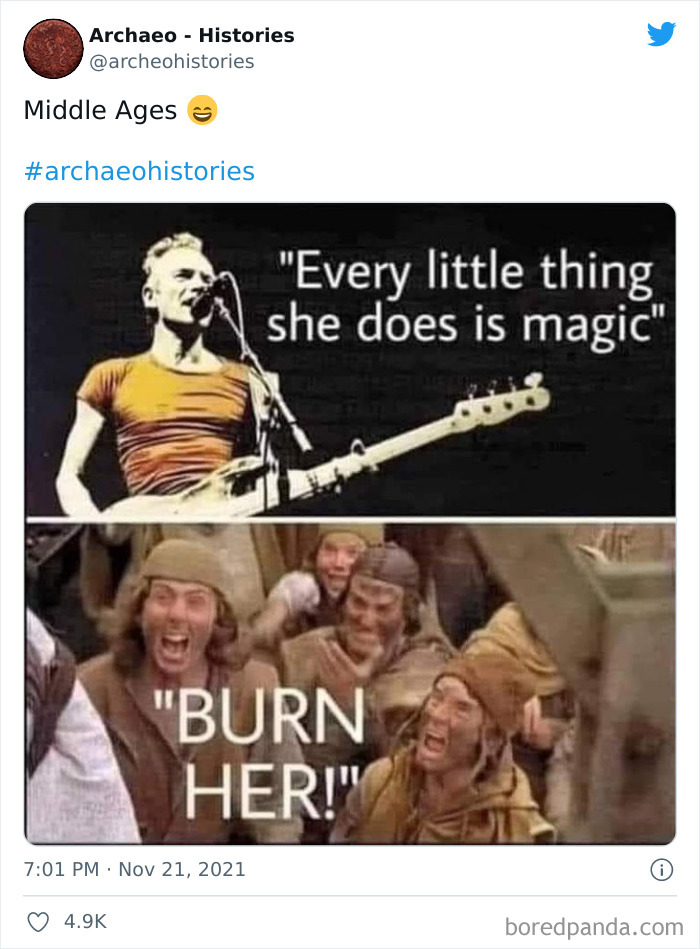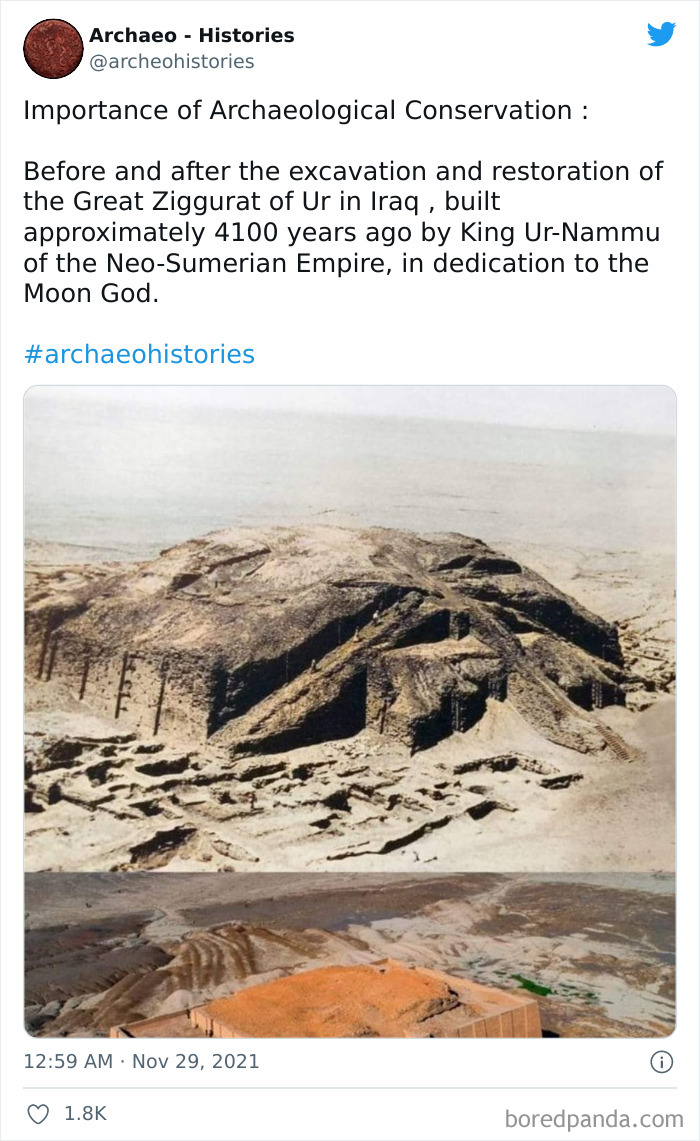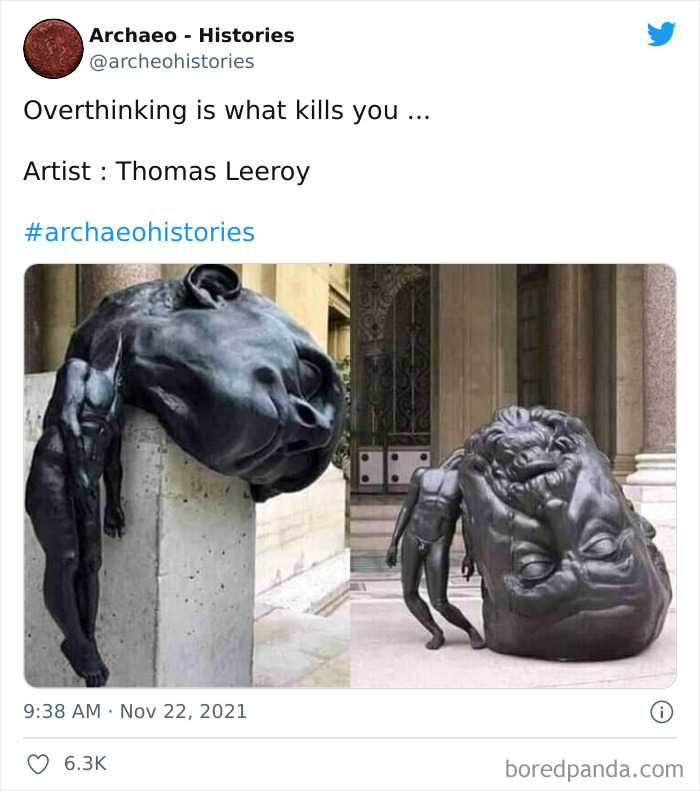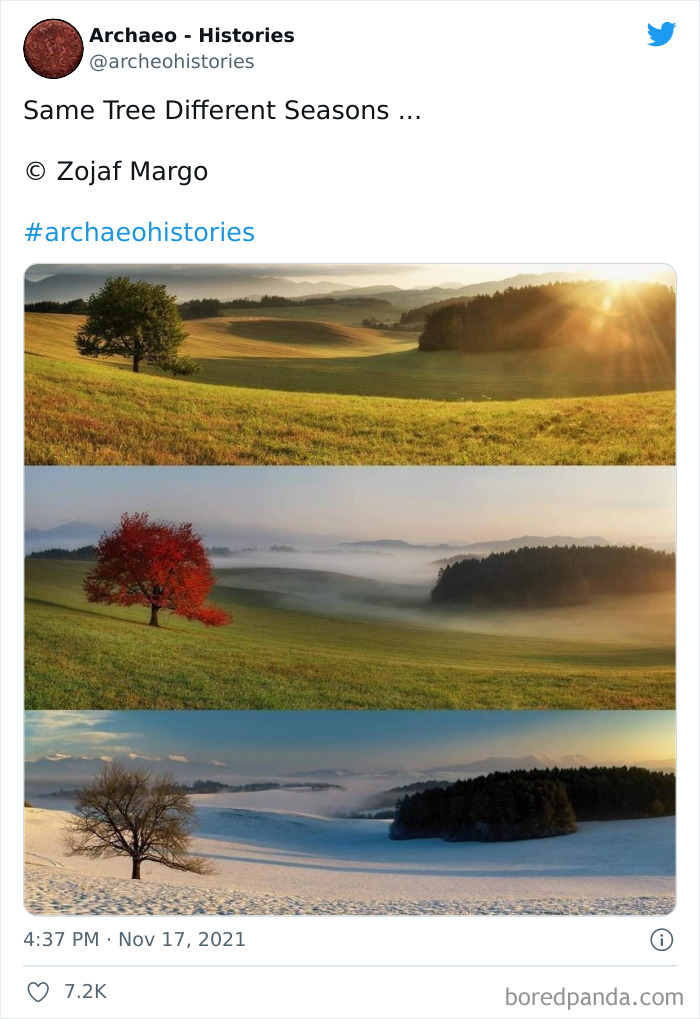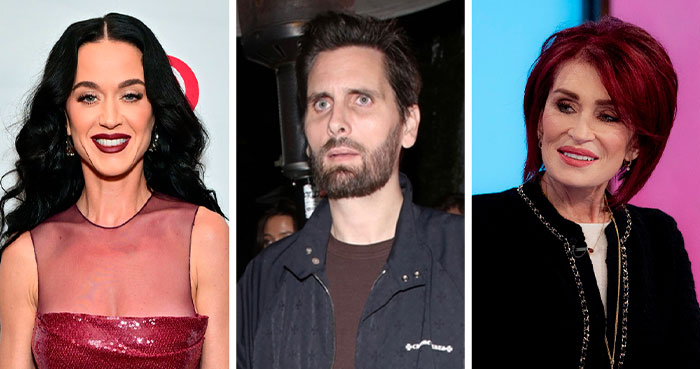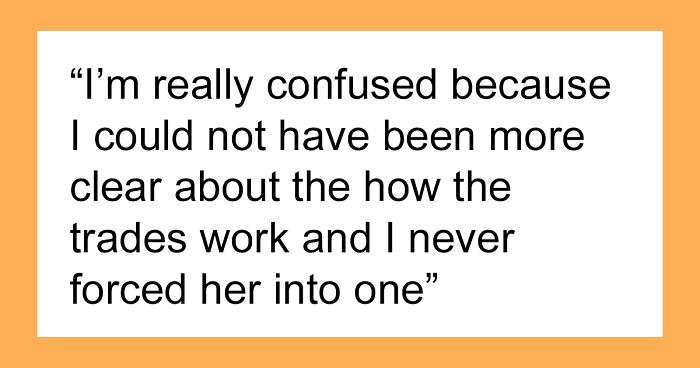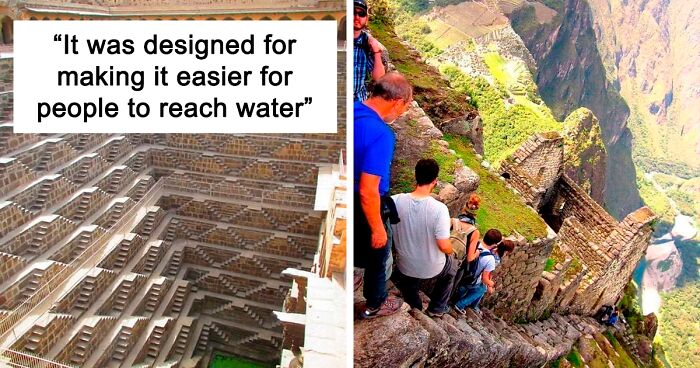
This Twitter Account Shares Interesting Historical Facts The World Should Not Forget (40 Pics)
History is full of war, famine, and plague, but you can't accuse it of being cruel. It's what we made it. So if anything, it's people who are vicious and wicked. The past is just... indifferent. An open book, ready to be explored. Or in this case, a Twitter account.
Ran by Dr. Mohammad Firoz Khan, 'Archaeo - Histories' is an interesting little online project that shares easy-to-digest educational snippets. The word "archaeo" suggests the account revolves around ancient civilizations and while it's true for the most part, every now and then it also features an event, person, or artifact from more recent times.
And you couldn't find a better person to run the show. "I'm a researcher, author, and freelance archaeologist with a profound interest in ancient history who holds a Ph.D. in history and specializes in archaeology," Dr. Mohammad Firoz Khan told Bored Panda. "I'm always eager to learn more about history and the ancient past of mankind and want to share my knowledge and ideas with others."
Since Dr. Mohammad Firoz Khan considers themselves a researcher first, they're always immersed in articles, books, and debates. This allows the historian to acquire more authentic and unbiased sources. "My followers usually like content from the pre-historic period to Renaissance. Usually, they prefer to learn about the rare and unique content and finds across the globe, throughout all the civilizations. I also try hard to cover [everything] with reliable sources."
Continue scrolling to check out some of the most intriguing tweets 'Archaeo - Histories' has blessed its followers with.
More info: Twitter
This post may include affiliate links.
According to historian, college administrator, amateur homesteader, and writer Joshua Wilkey, the bond between archaeology and history is very strong. The two disciplines go hand in hand.
"For some periods of time, virtually the only historical source material we have is the archaeological record," Wilkey told Bored Panda. "Therefore, particularly for historical periods and cultures for which there is little remaining written record, it is essential to use the items left behind as a means of seeking to better understand a given ancient culture."
But that wasn't always the case. Given the impact of imperialism on ancient cultures, Wilkey said that much of the 'history' written by European and US scholars in the late 19th century and the first three-quarters of the 20th century was written from a distinctly Anglocentric point of view. "Archaeologists and anthropologists have often uncovered evidence that counters those Anglocentric narratives as a means of preserving the history of non-European cultures and societies as they were rather [different] than as European colonizers wrote them. Often, in my own experience, I find that historians and anthropologists and archaeologists working in tandem are better able to contextualize and interpret the history of pre-colonial cultures and societies. For example, where I live in the mountains of North Carolina, archaeologists and anthropologists work with historians and linguists to preserve Cherokee history in a way that honors indigenous culture. This is generally a means of countering the narrative that interprets indigenous peoples as extinct or somehow in the past tense, and this work is essential in preserving history and historical memory."
We can dig even deeper. Talking about the things we have inherited from ancient civilizations, Wilkey cautions his students to question the greatness of Western Civilization.
"Over the past three generations, historians have increasingly and necessarily rejected the notion of Western Civilization (roughly defined as the study of primarily Greek and Roman history) as the primary driver of progress in the modern world," he explained. "For example, when I began my career, I taught a course called 'Western Civilization 1', which focused on Ancient Greece and Rome. In previous generations, this course would have instilled in students a sense of importance about the 'classics' (Greek and Roman history and literature) in preserving the alleged greatness of European culture. Absent for generations from the teaching of Western Civilization were people of color and the realities of imperialism and subjugation. Eventually, 'Western Civilization' became 'Western Civilizations', then we dropped the 'Western' bit altogether, more accurately calling the course 'Ancient & Medieval Europe', and including in the course critical analysis of race, class, and gender rather than focusing on the alleged greatness of 'Western' culture, whatever that was even supposed to mean."
You could make a case that archaeology is one of the reasons behind this shift.
"One of the things archaeology teaches us is that history is full of great civilizations from all corners of the globe," Wilkey said. "It is disingenuous at best to focus primarily on Greece and Rome as somehow the greatest of the ancient civilizations when Arabic, Asian, and indigenous American civilizations thrived in the millennia before European imperialism."
The historian highlighted that it's enough to learn that gunpowder was invented in China in the 9th Century and was in widespread use in weaponry by the 11th Century, while Europeans were using swords and trebuchets on war to understand that great civilizations existed in places other than Europe. "Without interdisciplinary work involving both history and archaeology, such comparative historical work would be much more challenging."
By now several of these trees are growing and producing fruit. So cool!
Wilkey is well-versed in the part history, as a subject, has in internet culture and he's really glad to see that people have largely moved past the before-mentioned false narratives.
"Perhaps my favorite historical meme of the moment is the British Museum meme which rightly portrays the British as looters of the highest order. Perhaps because the British Museum became a great collector of stolen artifacts, many in Europe and the US came to think of Europeans as the 'discoverers' of the world," Wilkey explained. "It is essential to note, though, that when looters from the Royal Museum arrived to plunder, they were plundering the remains of breathtakingly advanced societies of the past. It's important to focus on the theft of artifacts by Europeans, but more important to recognize the amazing and rich non-European (and necessarily non-White) civilizations of the world."
"In archaeology, we have the opportunity to recognize greatness anywhere it exists, even (and perhaps necessarily) in places it has not previously been recognized in the primary historical narrative we think about in the US and Europe."
Archaeology is a brilliant example that shows how studying the past can help us progress into the future.
The good news is that it seems there's still plenty of things for us to unearth. In 2021, for example, archaeologists have discovered perforated shells dating back 150,000 years (which they believe to be the oldest jewelry in the world) and 4,000-year-old etchings on a slab that looks like an ancient 3D map. Who knows what treasures are still waiting to be dug up.
Had one, it was beautiful. Funniest bit about it: it was about 35-40 kg. And nothing to grab or hold on to. My mom suggested to my dad that it would look so much nicer in the large upstairs bathroom. So he somehow dragged it upstairs on the narrow stairs. Mom: "hmmmm.... I think it's better where it was, you don't mind bringing it back down, right?"
Age is controversial: https://en.wikipedia.org/wiki/John_Smith_(Chippewa_Indian)#Biography
I had to look twice to realize it is really a carpet and not, you know, a building.
"With this finger-ring I take you to be my wedded wife." would raise quite some eyebrows. Including those of the bride.
If I was ever to be eaten by this creatures, I think I would easily hide between his teeth and then given the chance I would escape
I'm from Bologna! In the Middle Ages a tower was a status symbol, every wealthy family had one. Sadly during '800 renovation may towers were destroyed to make space for bigger roads.
They are talking about two different things. But is is true. While renovating the natural harbour in Roskilde in Denmark, where the museum is situated, they found 9 ships ranging from around year 1000 to 1330. The longest, Roskilde 6, being 37.4 metres long. https://www.vikingeskibsmuseet.dk/nyheder/roskildeskibene-og-verdens-laengste-vikingeskib
Surely this was ceremonial and not for battles. I cannot imagine it being practical at all.
Nope, not Dracula's castle. We went to Drac's "castle" in 1979. We were told that he had "several" castles and none of them were in any shape to "visit." However, the one we did go to was restored and we were assured that it looked pretty much like it would have. However, Romania was communist at the time and the guides were all "government employees" and sometimes they just didn't want to be bothered by actually having to do their job. However, if you ever go to this area, there is a really great restaurant [if it still exists] called the Dacia Hut. Great food. Way up in the mountains.
How are most of these 'historical facts'??? Interesting historical things is more apt.
Wow, I’m not sure what cursed magic you have that you got two of the bots on your tail.
Load More Replies...How are most of these 'historical facts'??? Interesting historical things is more apt.
Wow, I’m not sure what cursed magic you have that you got two of the bots on your tail.
Load More Replies...
 Dark Mode
Dark Mode 

 No fees, cancel anytime
No fees, cancel anytime 






